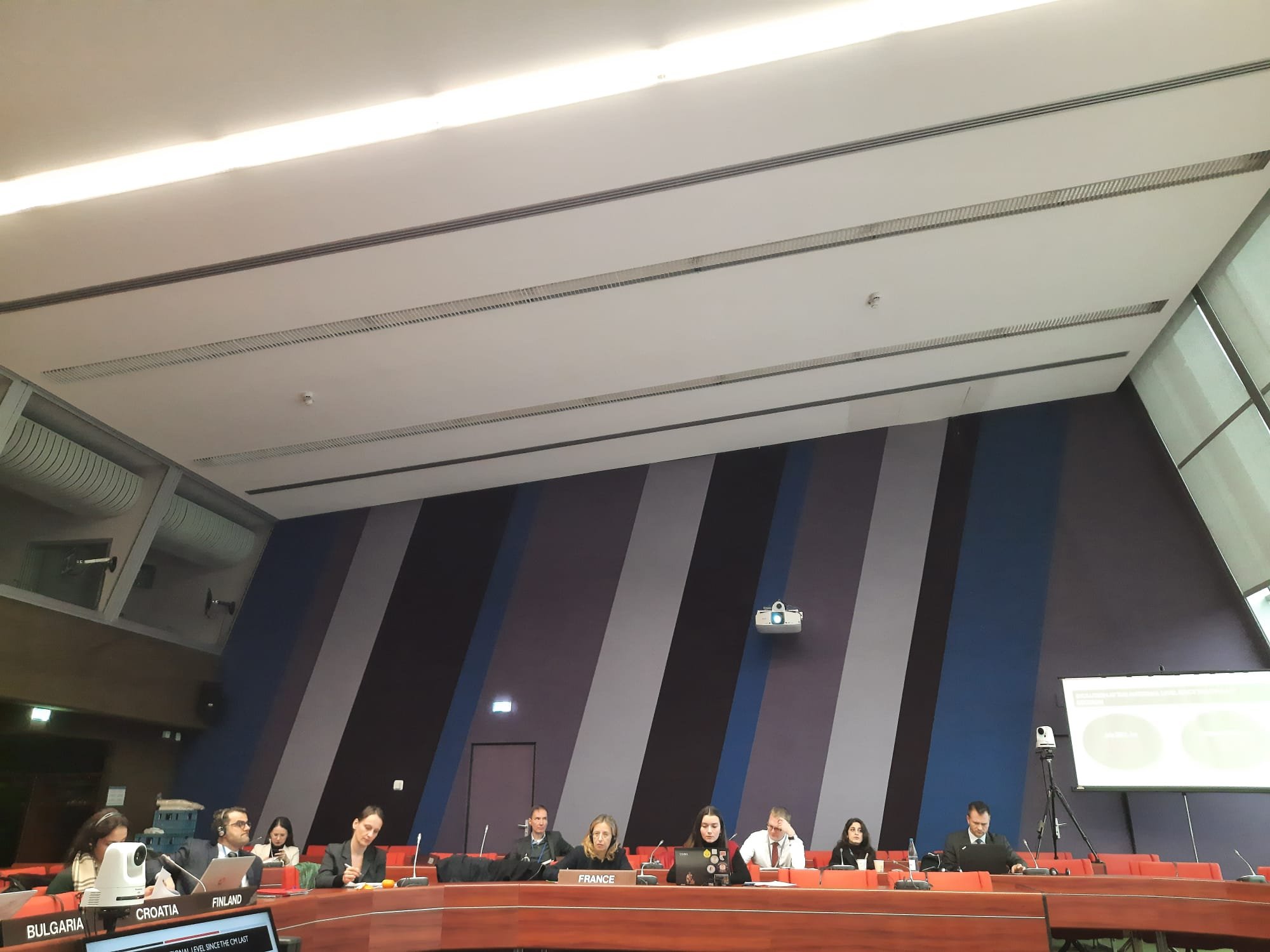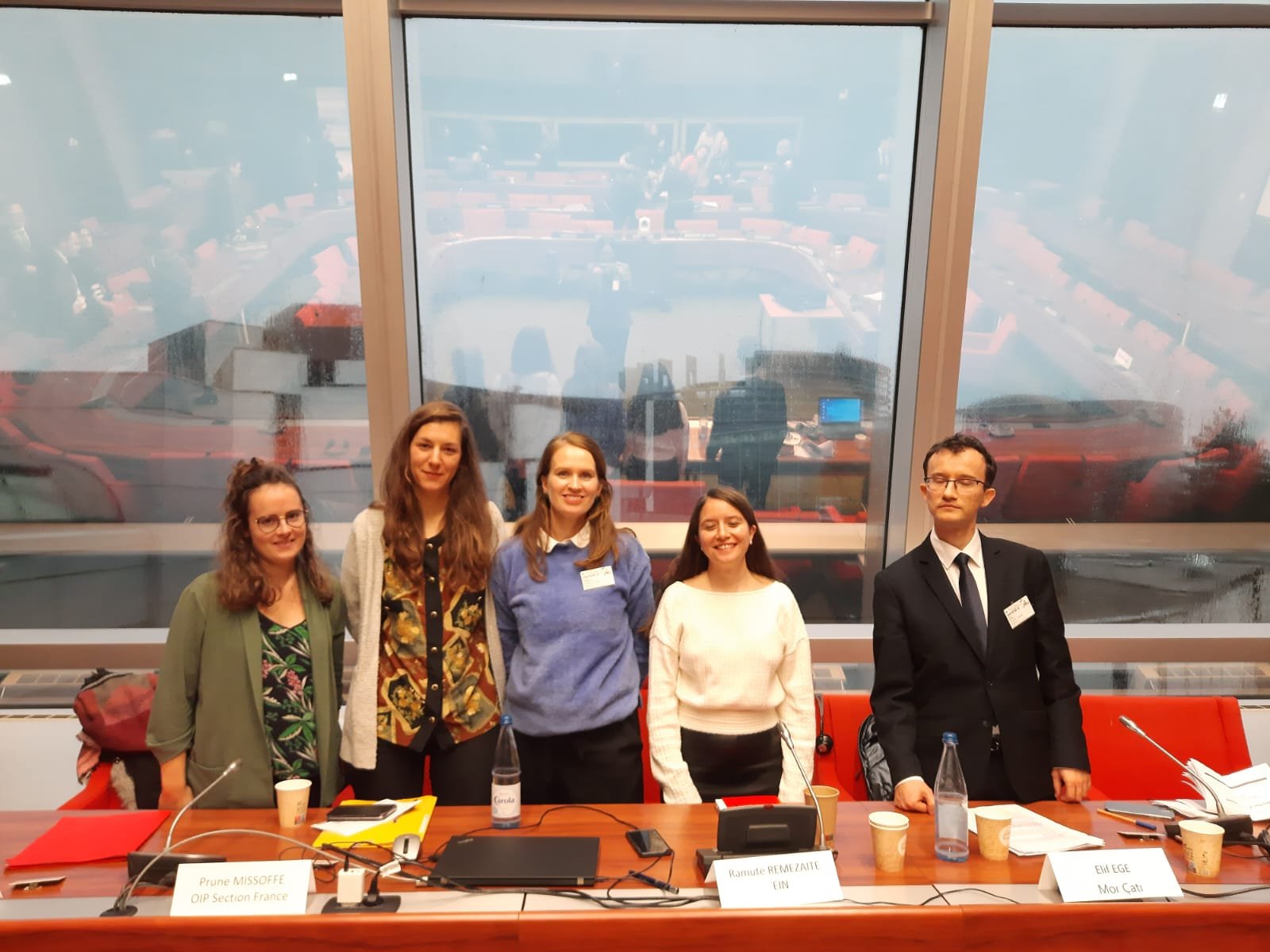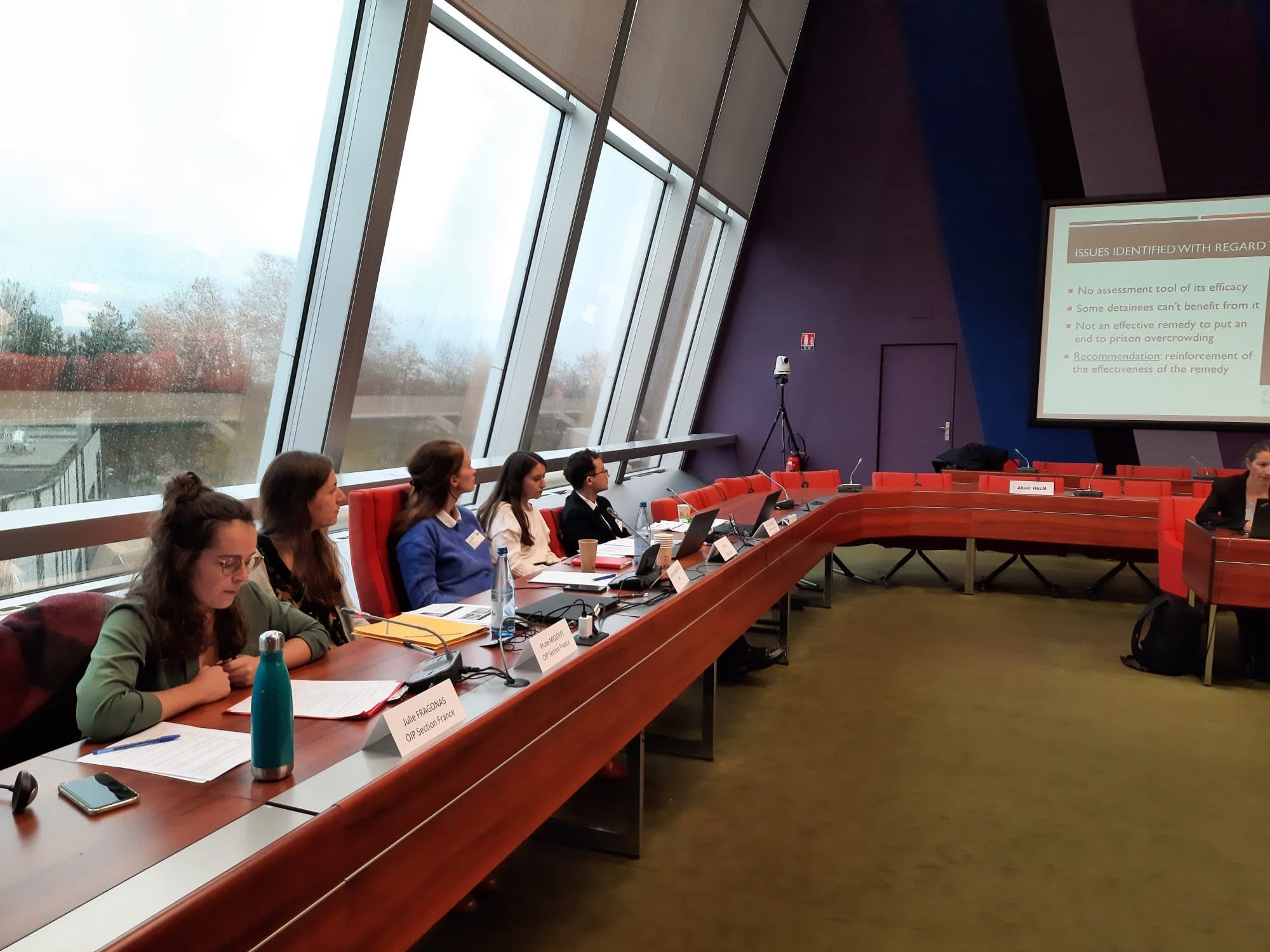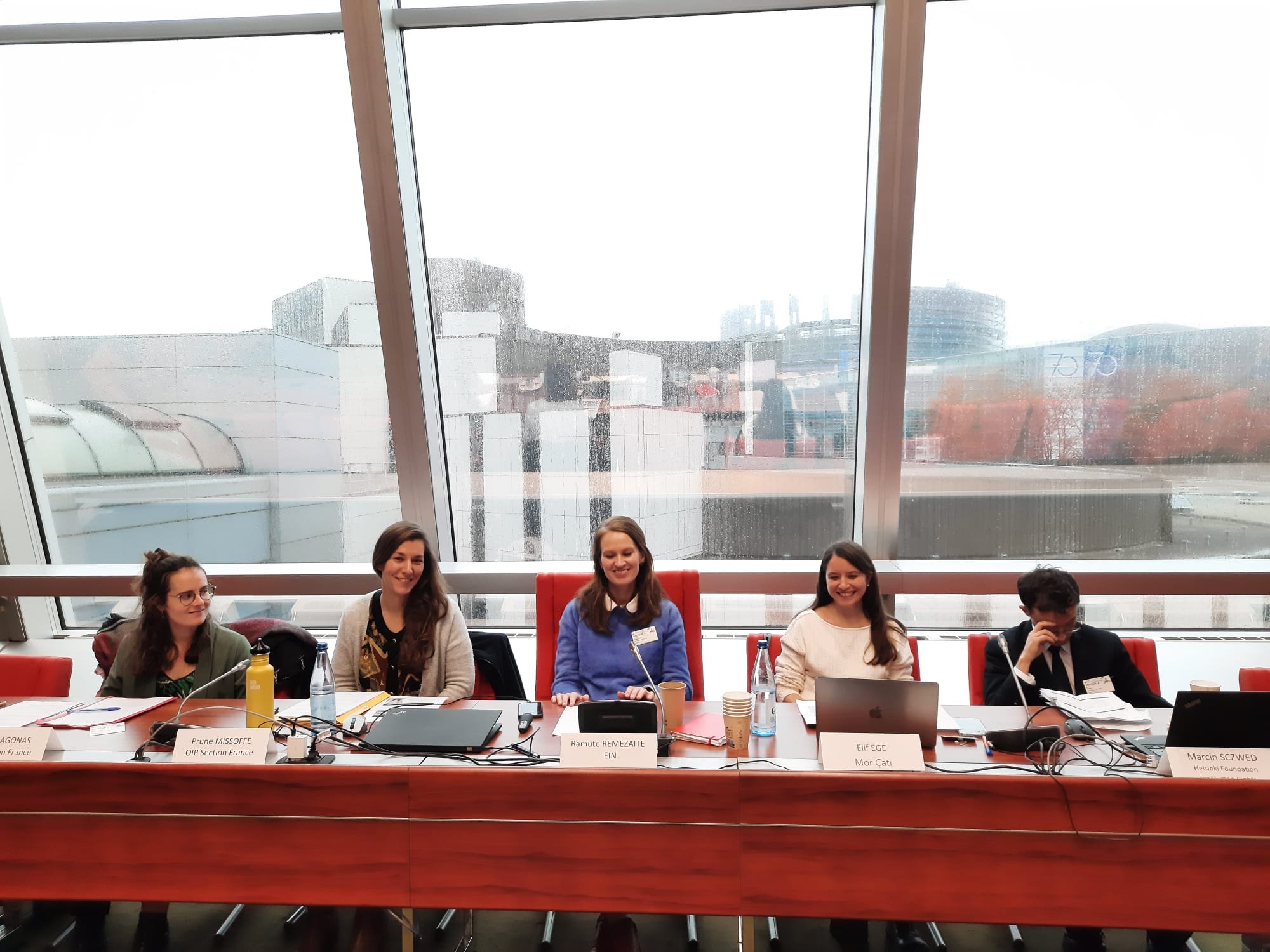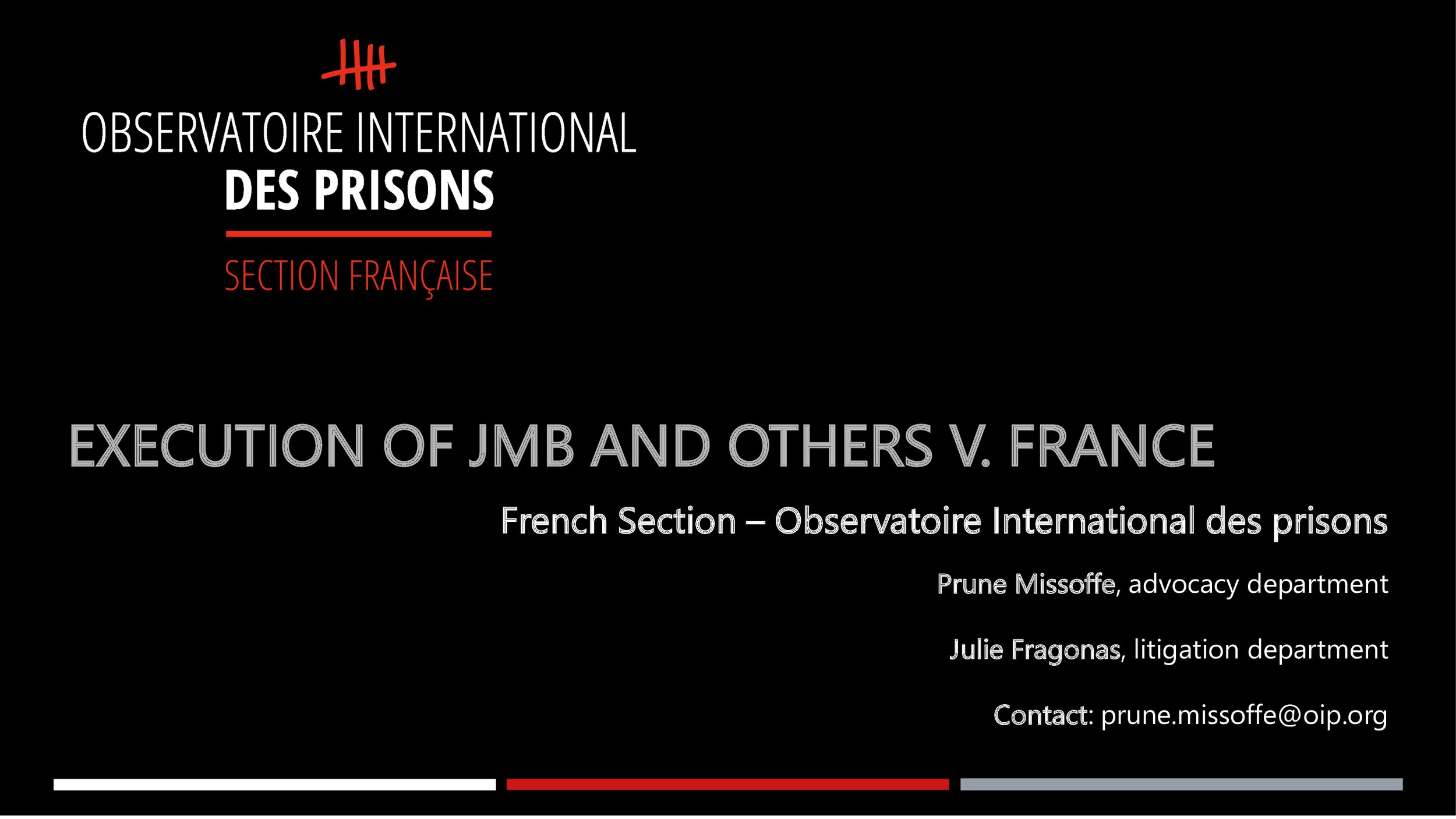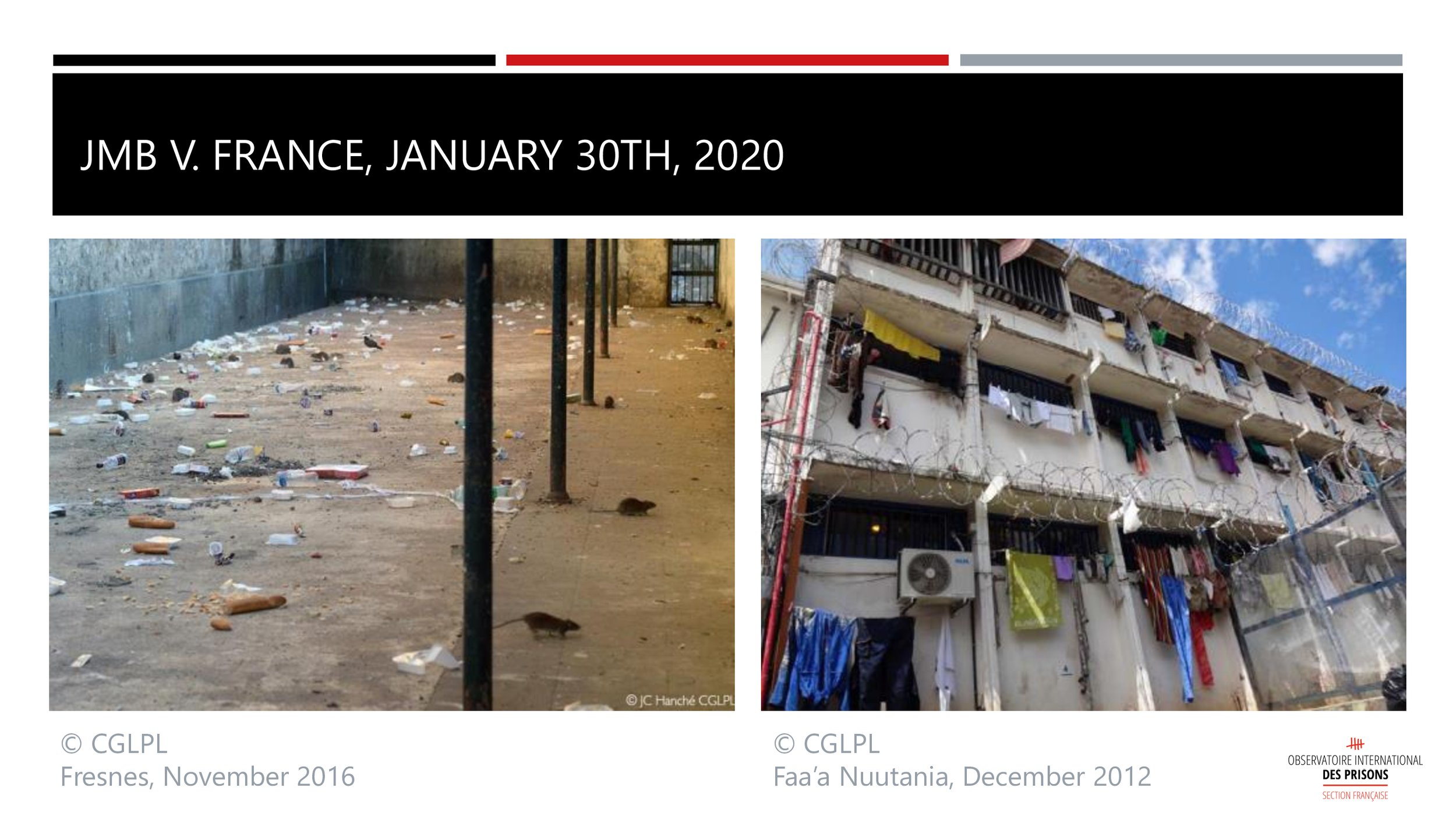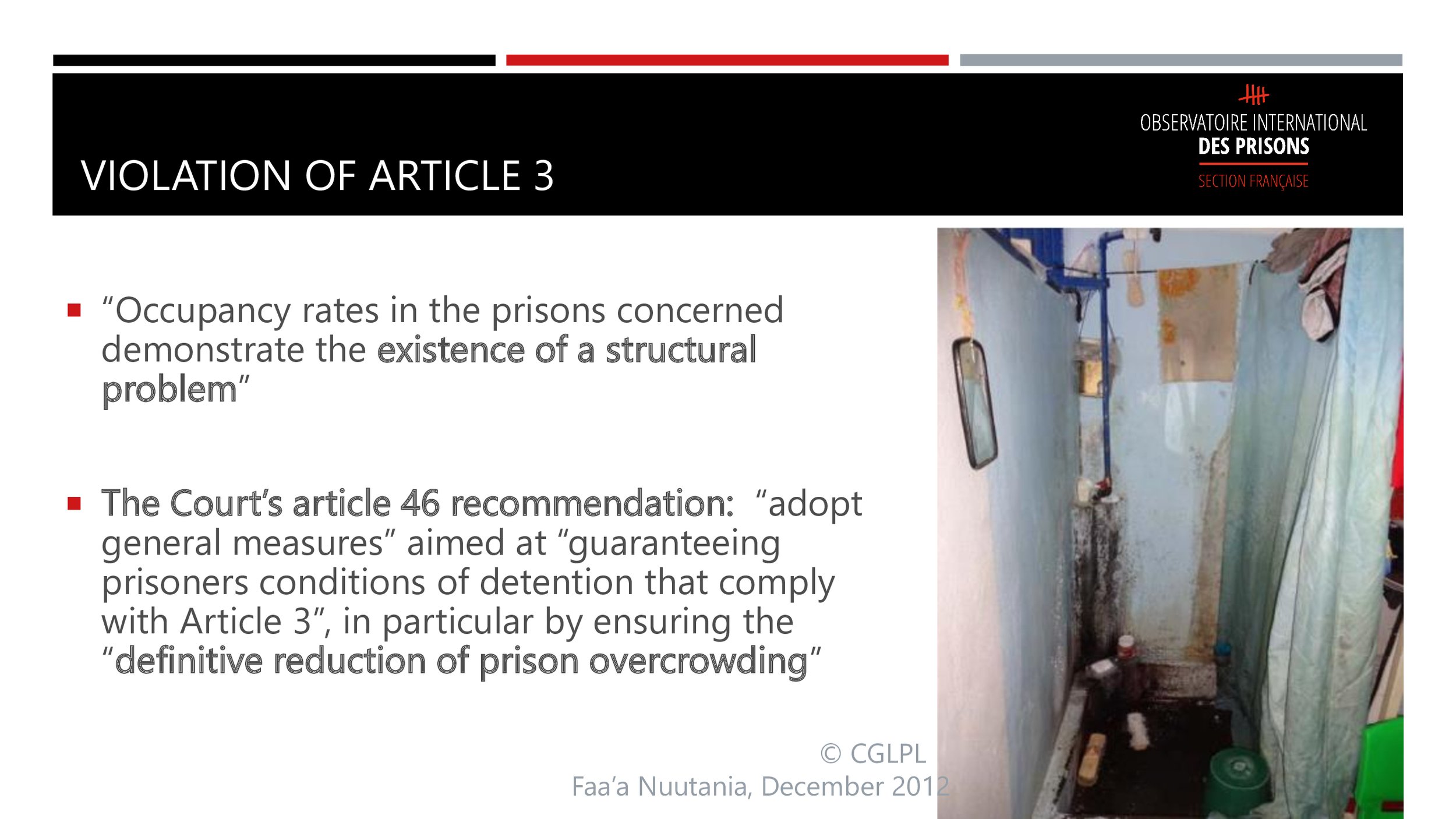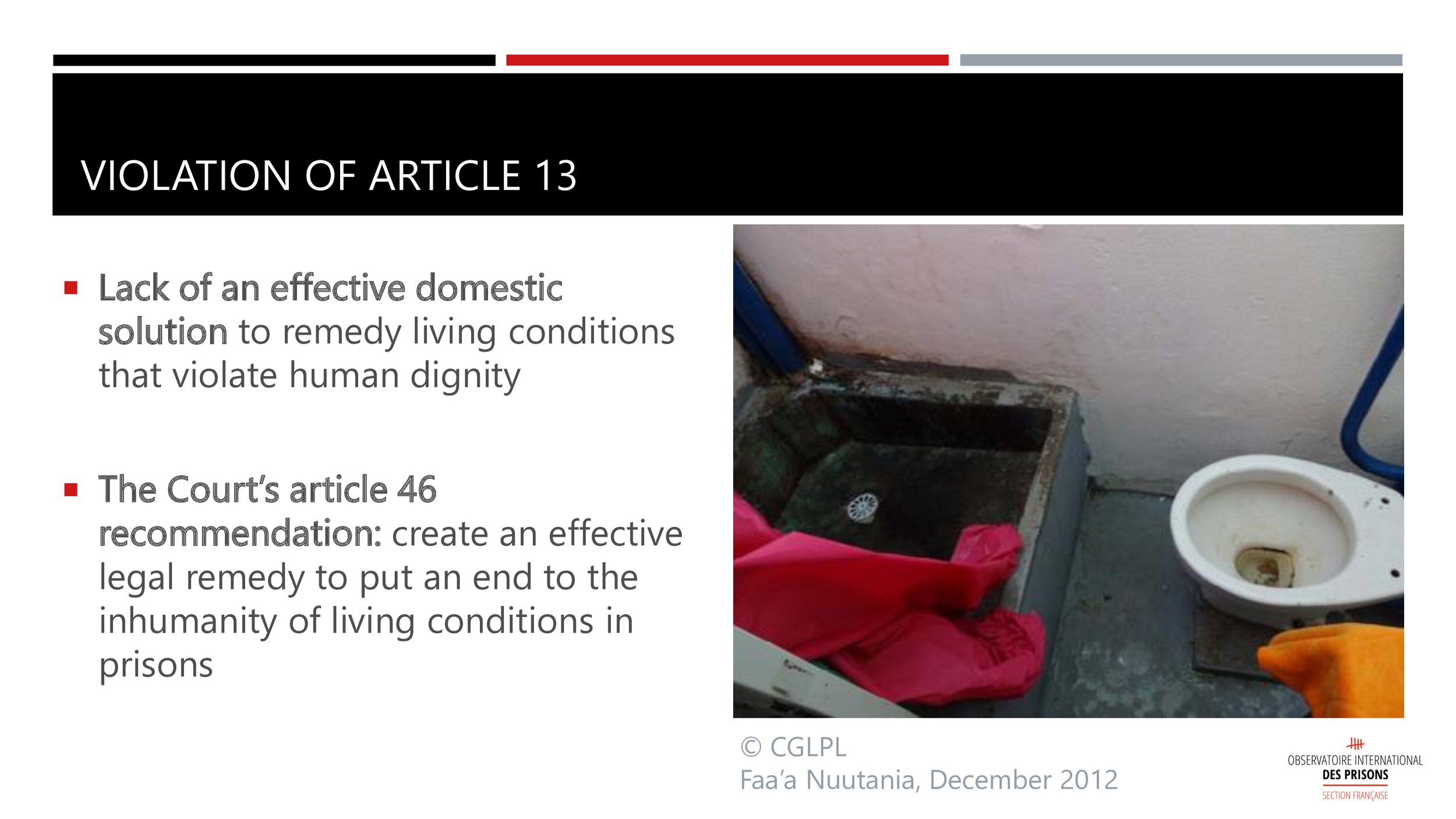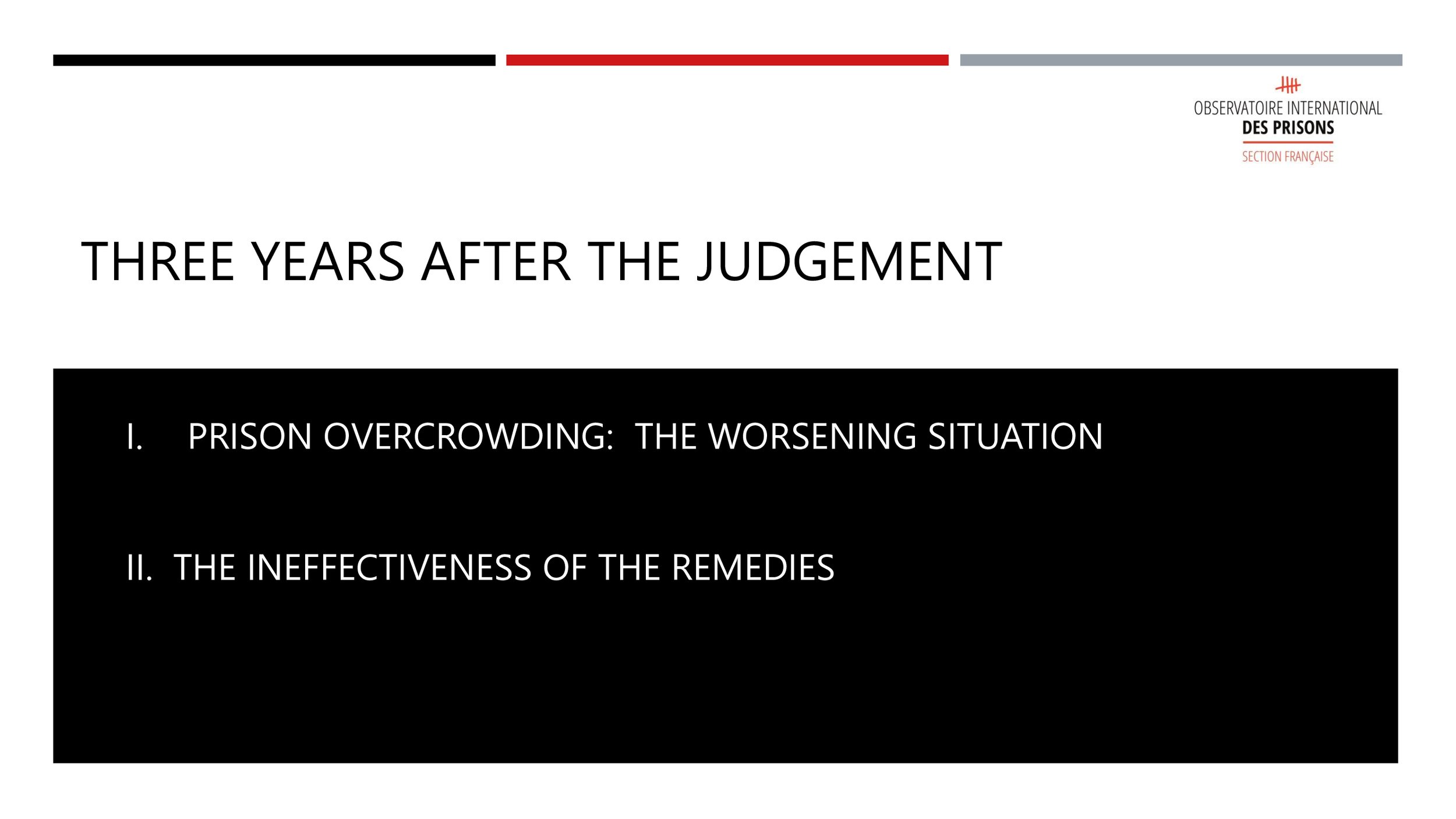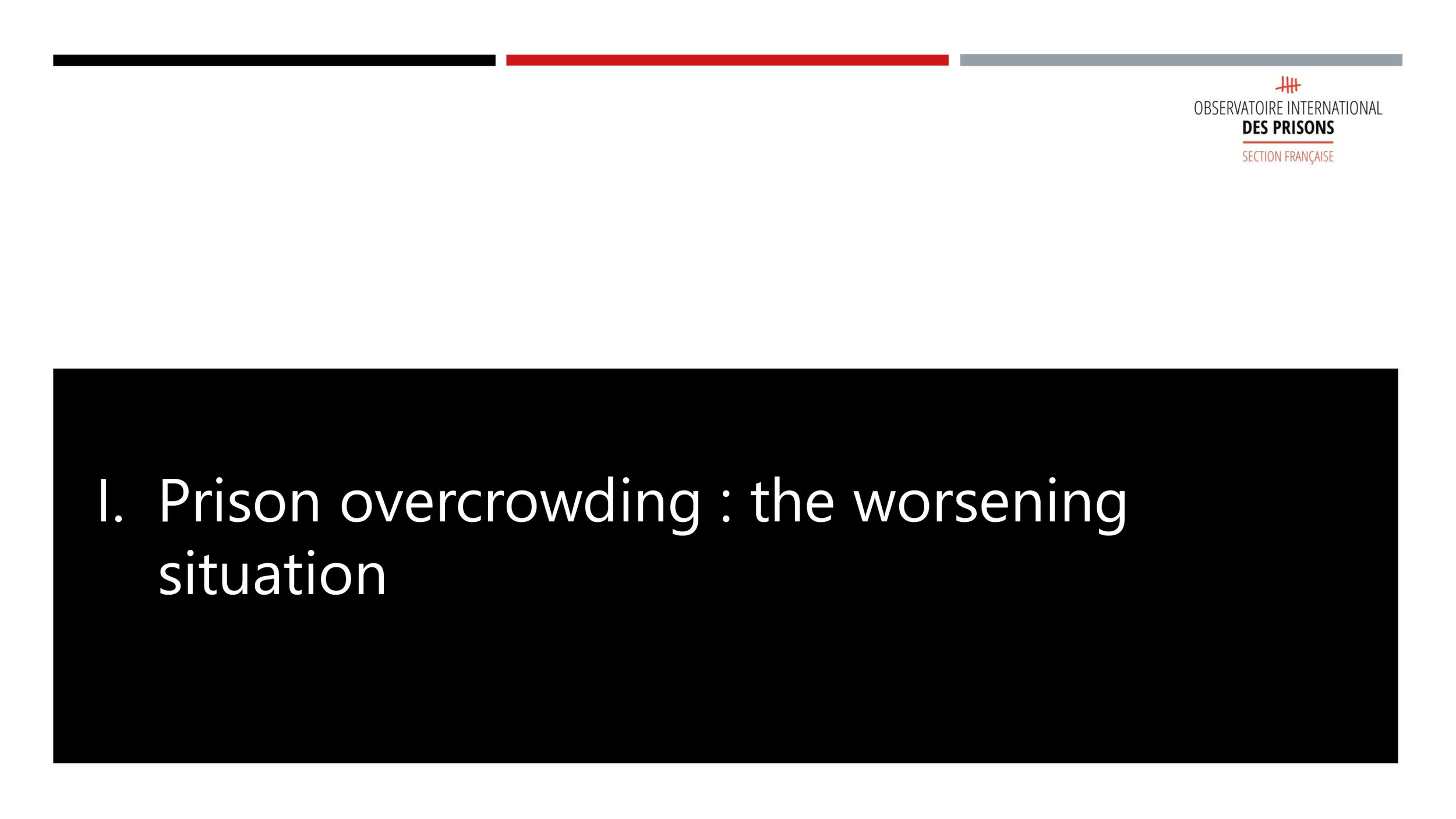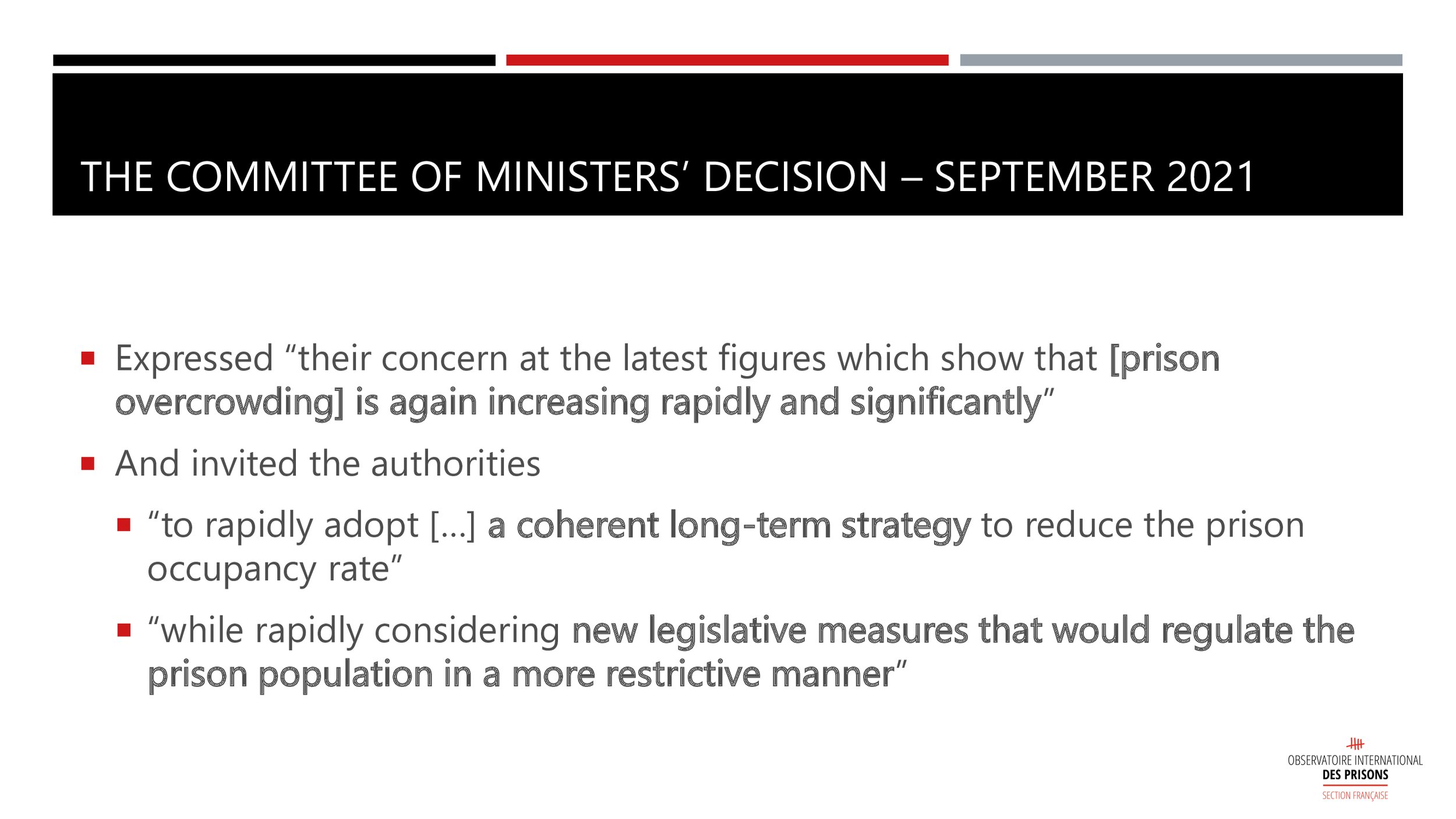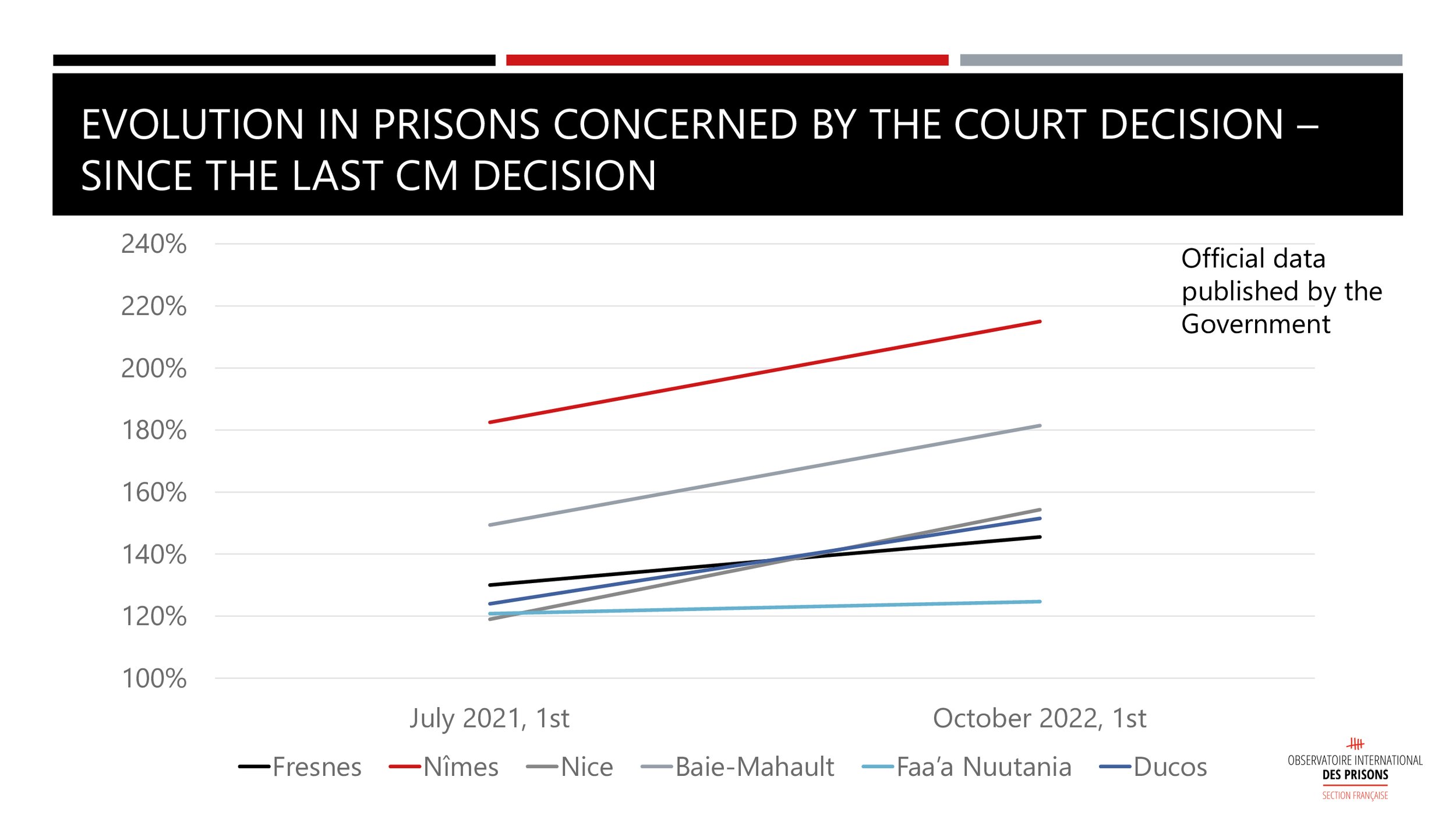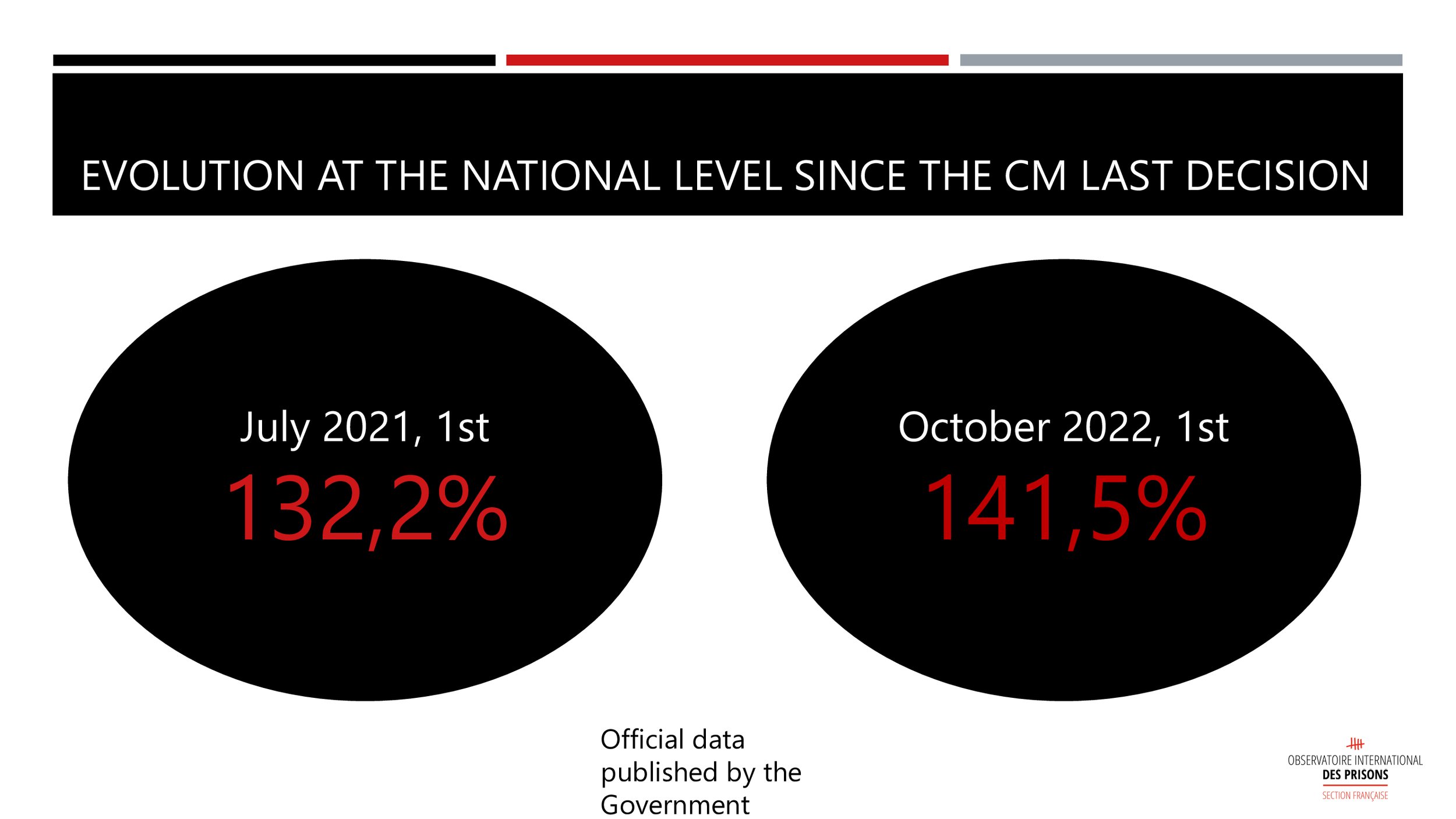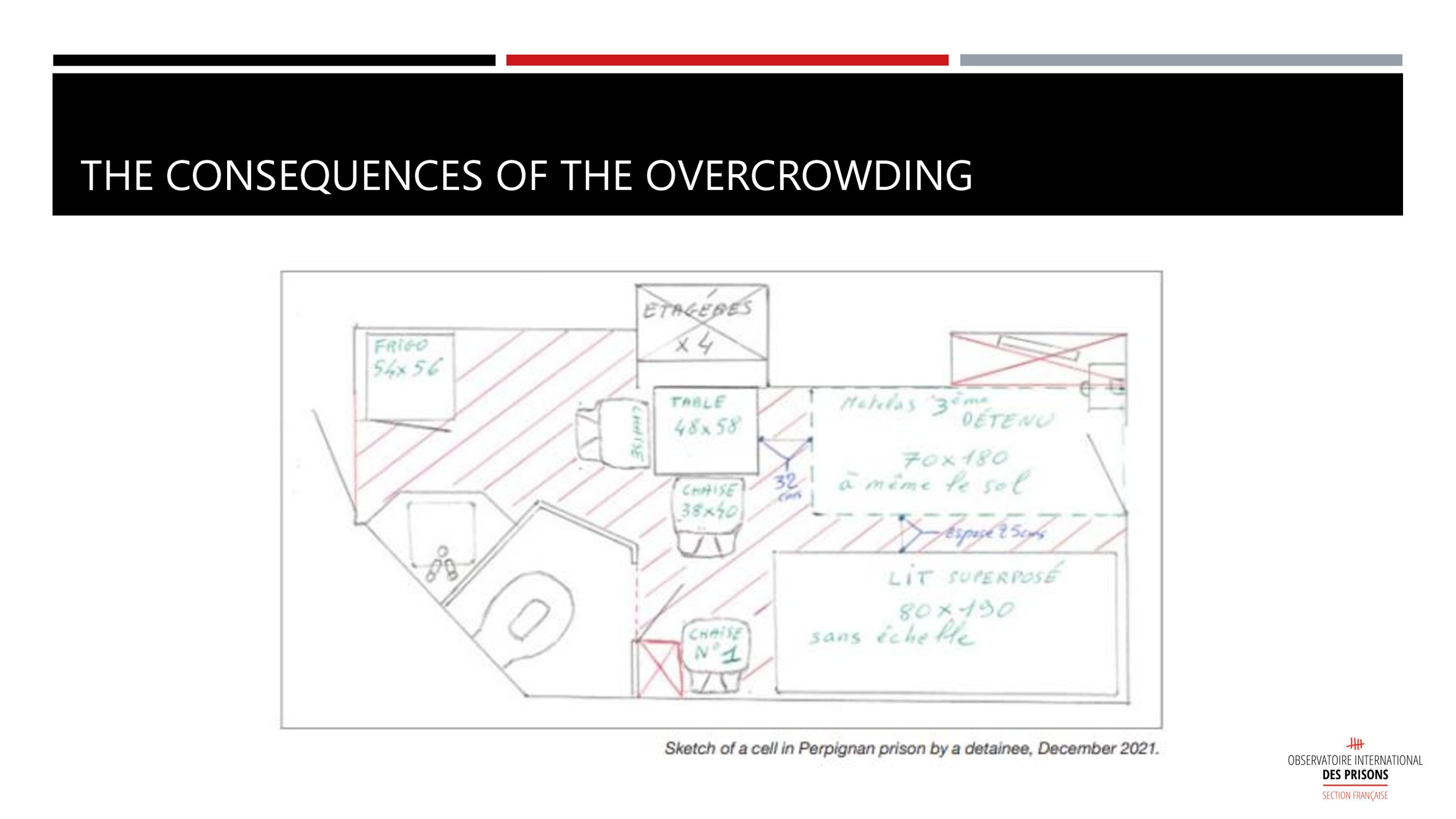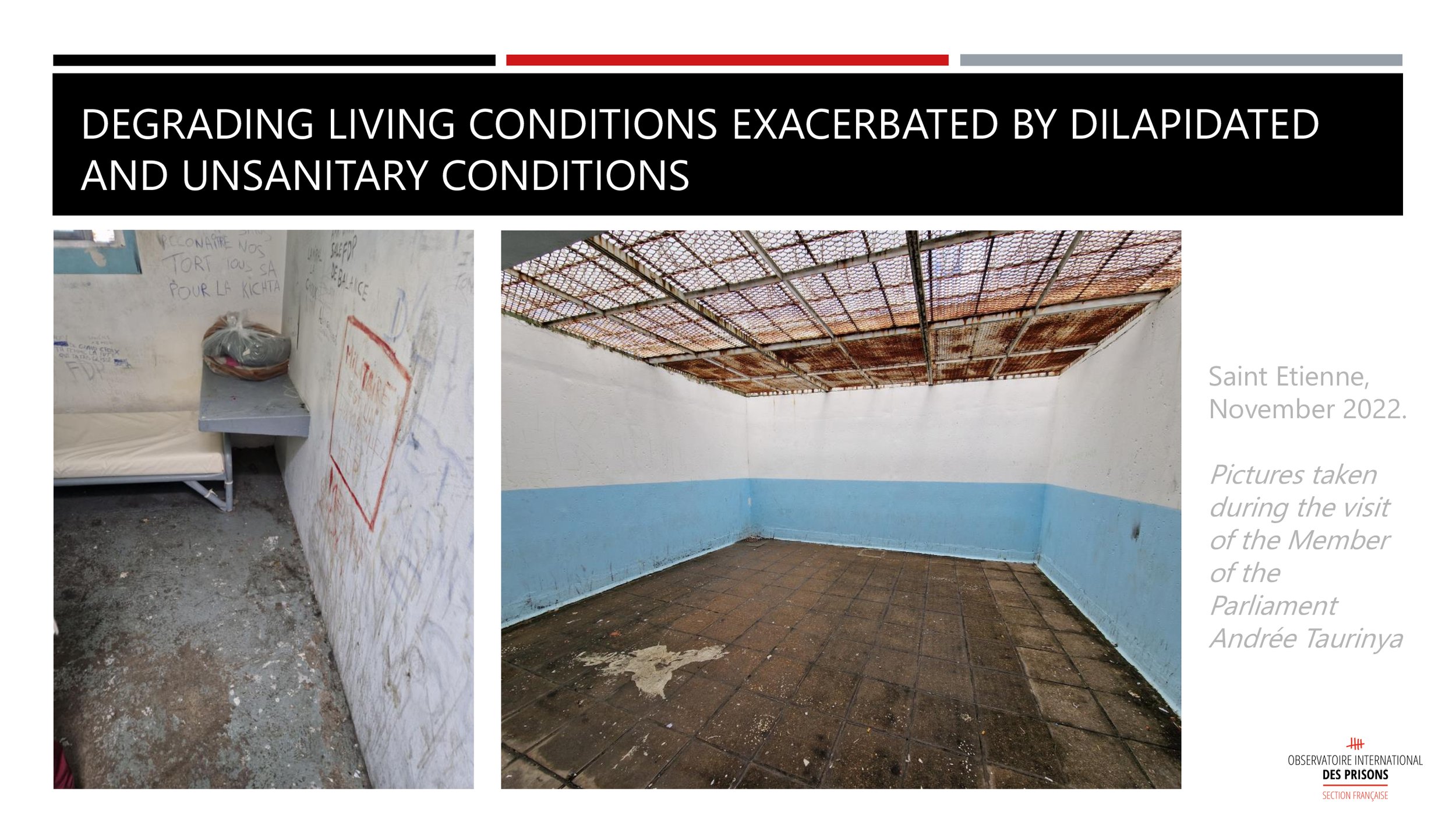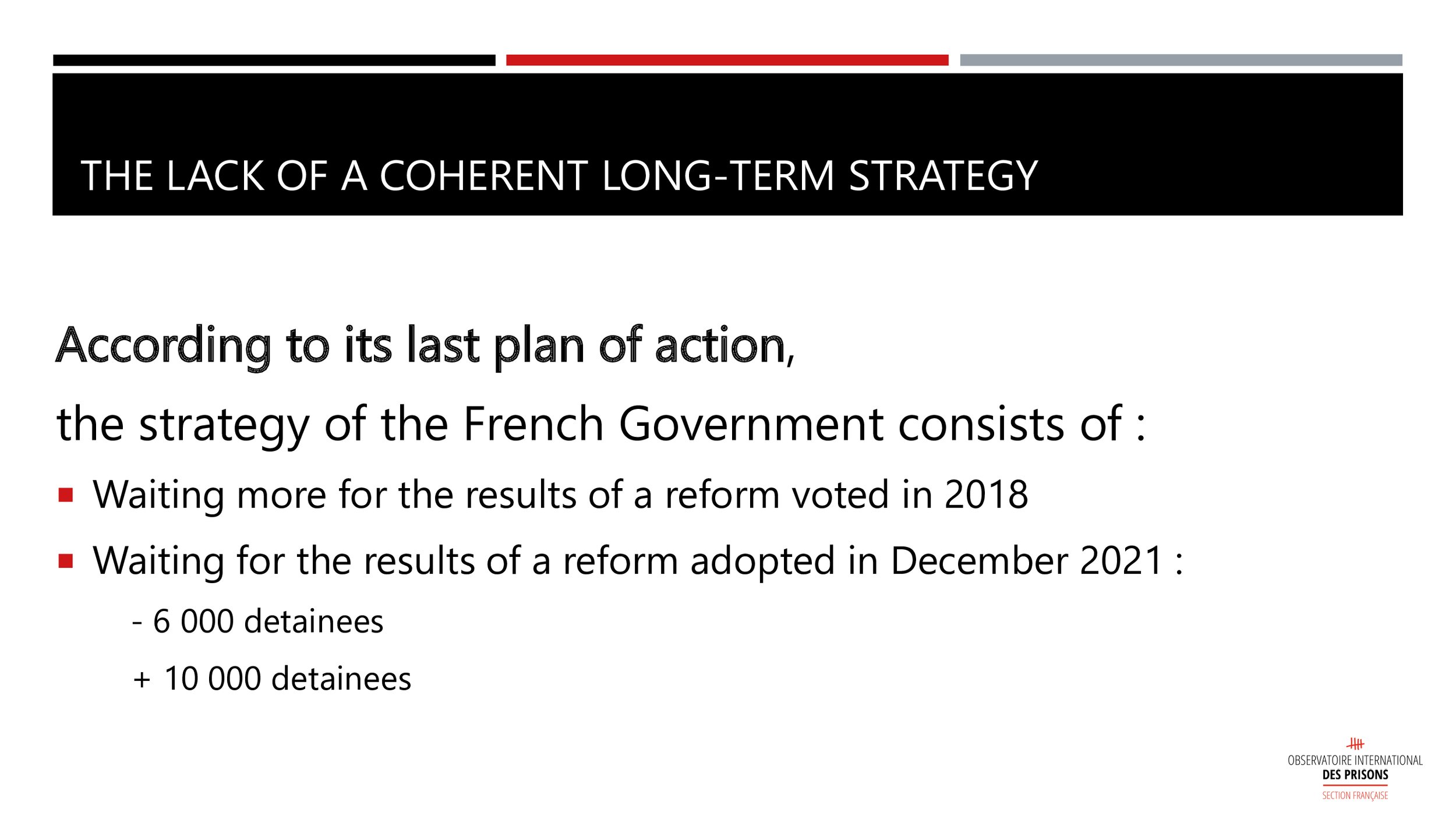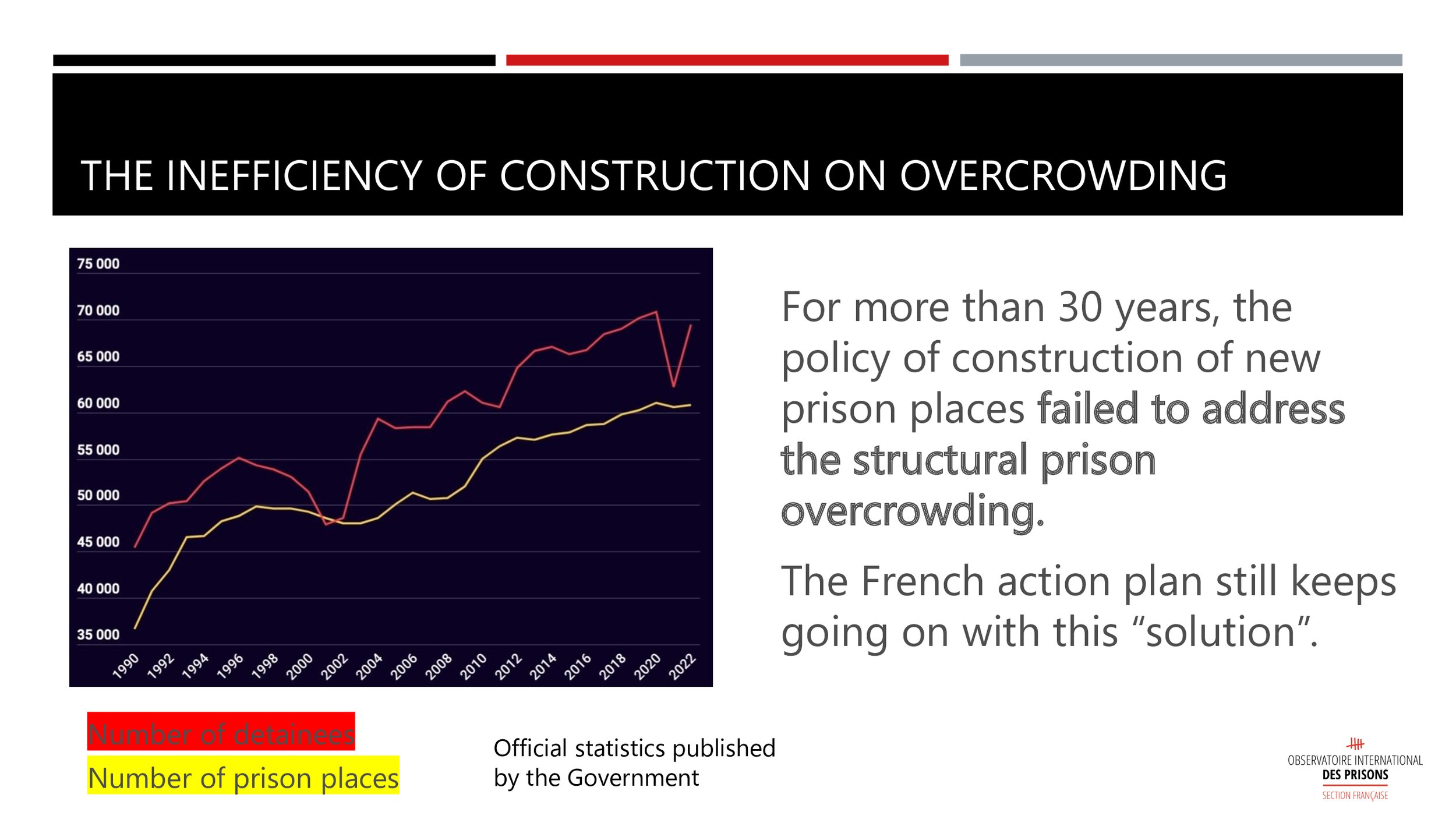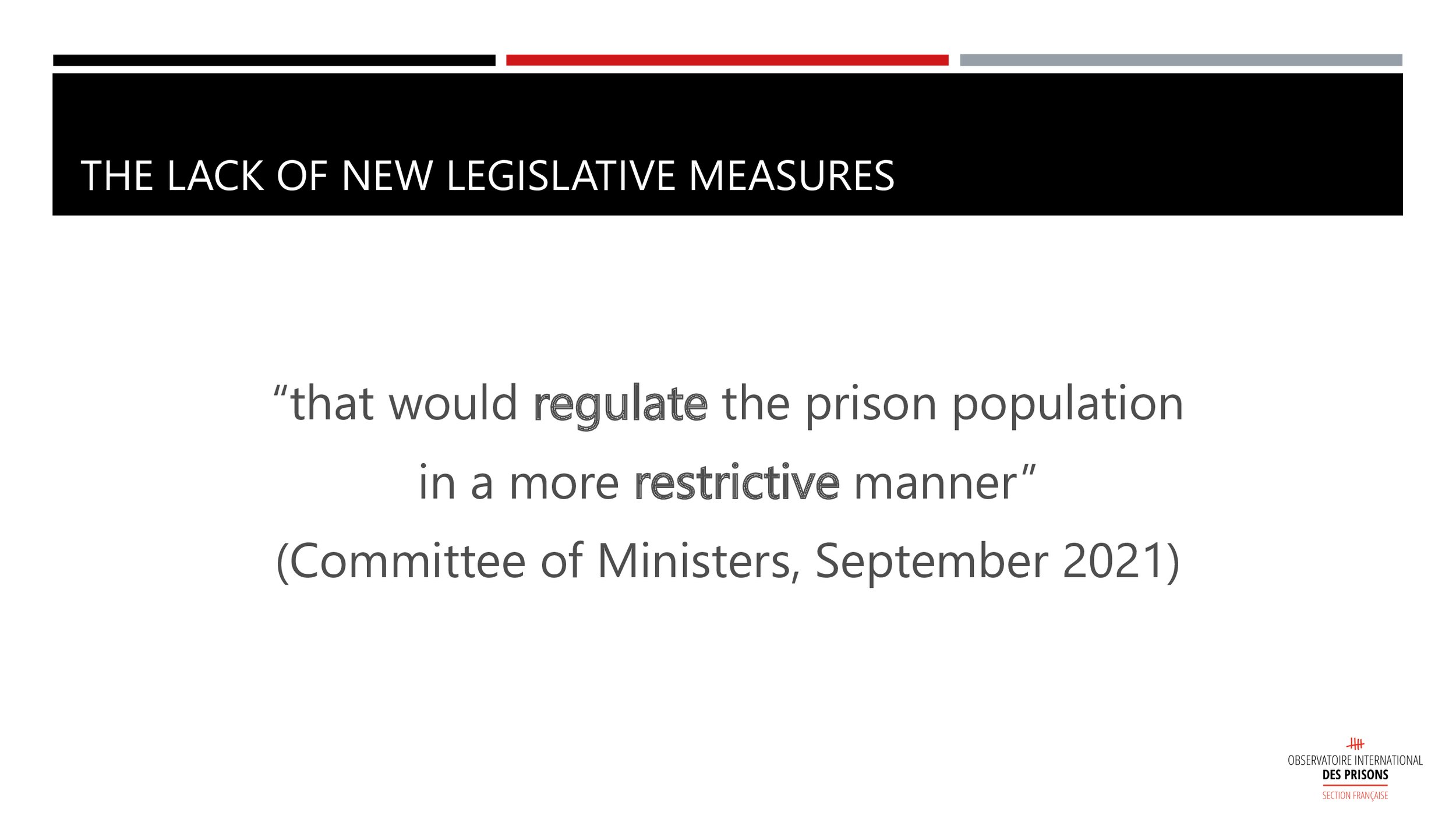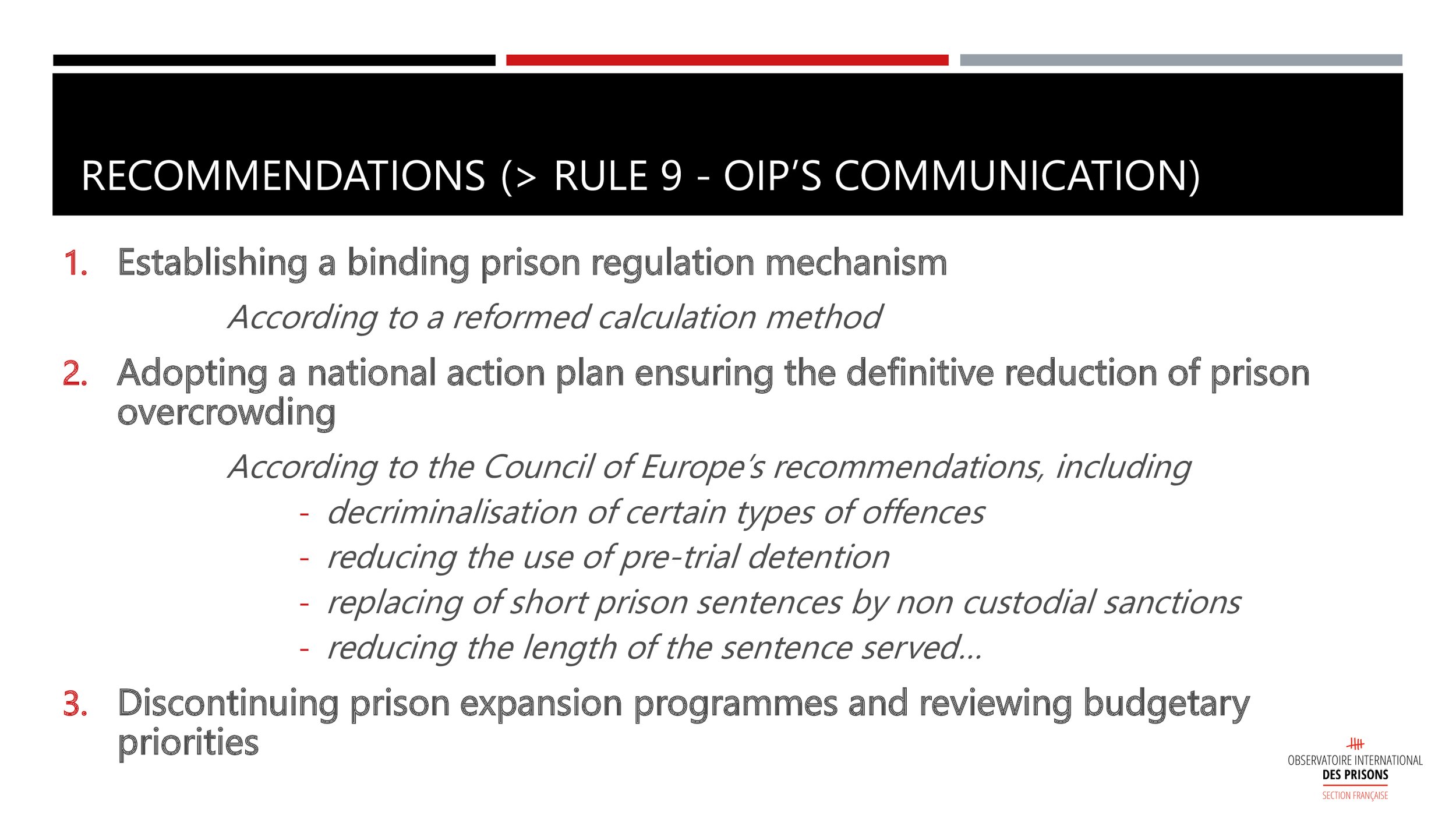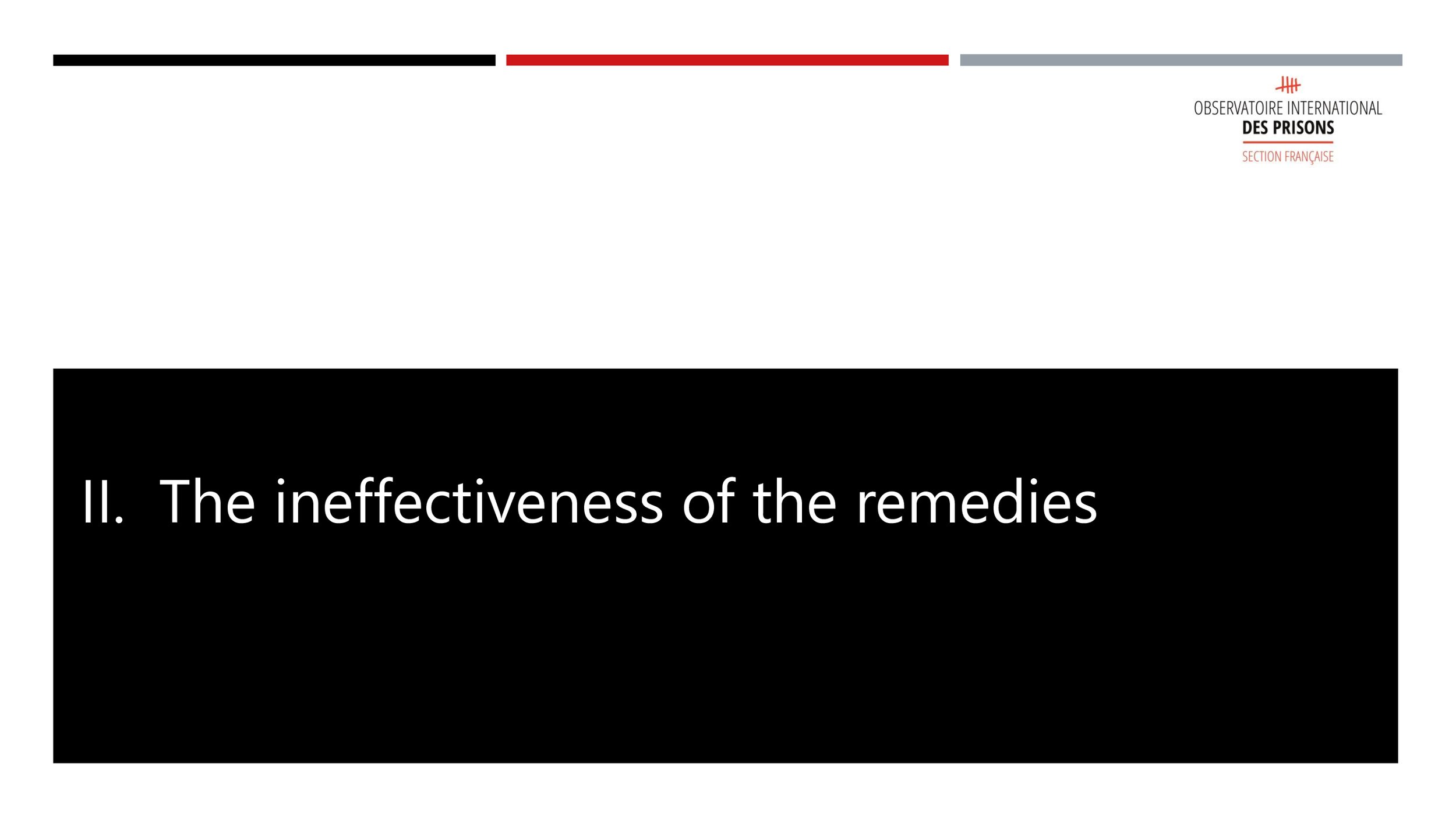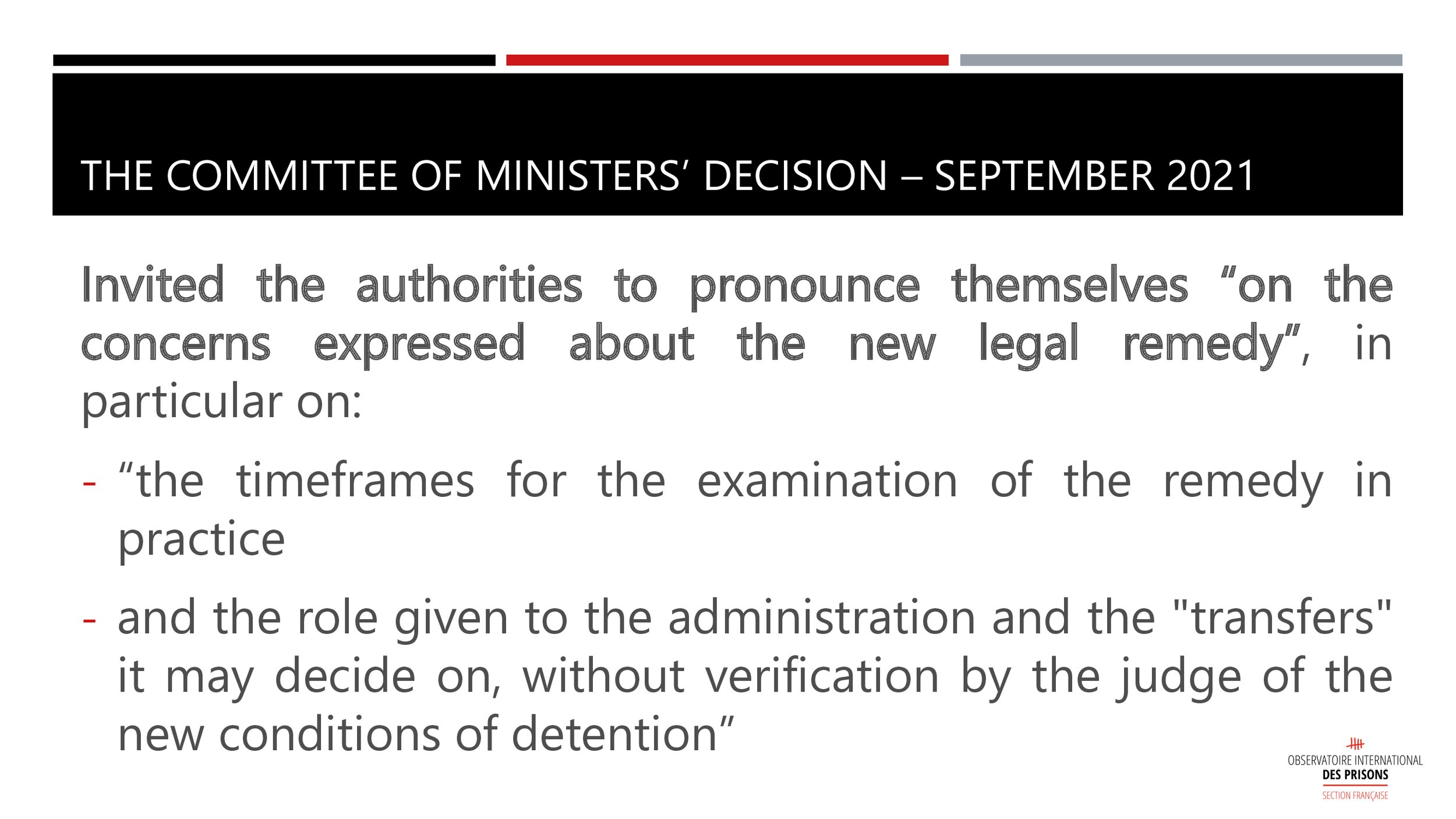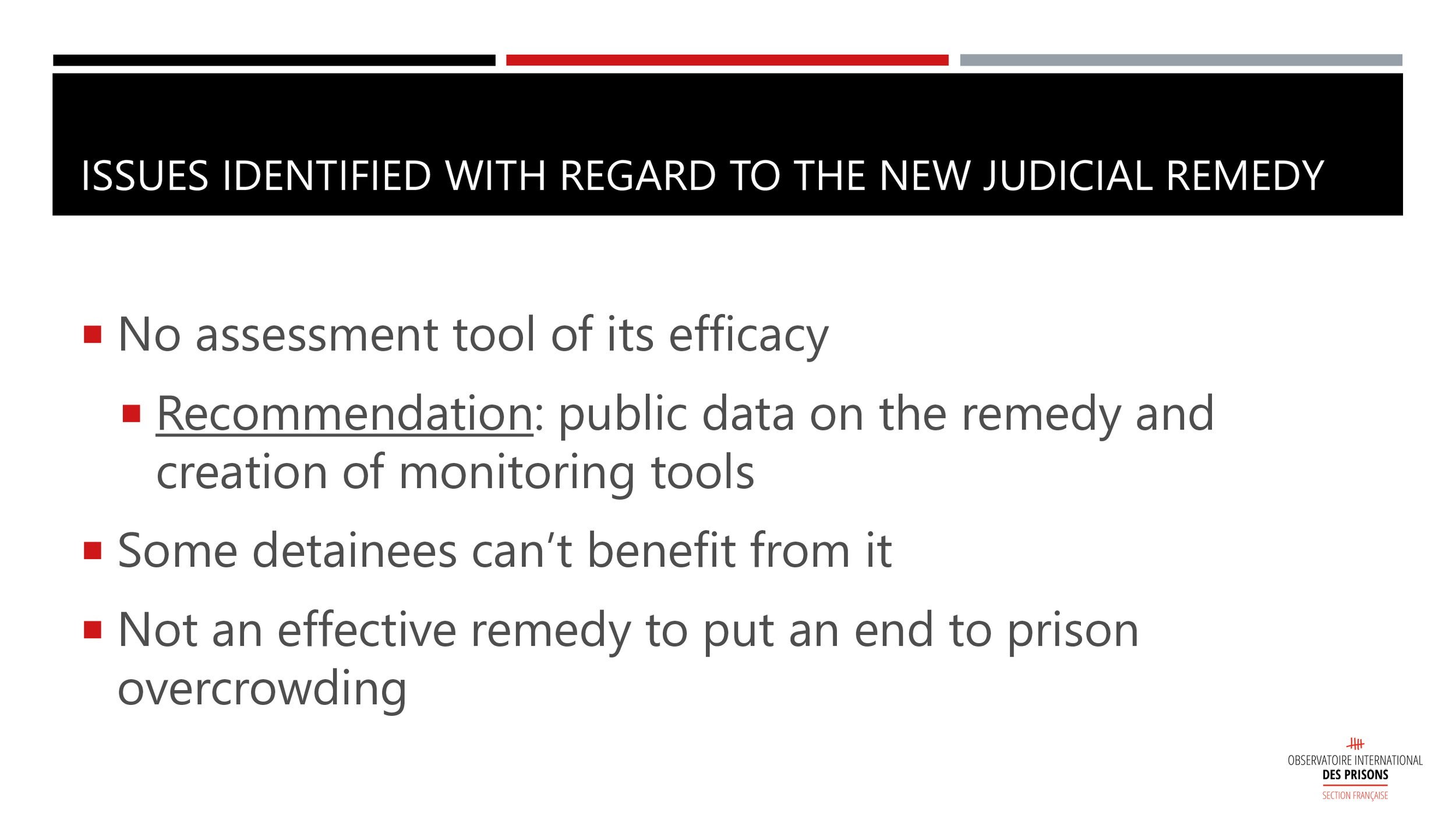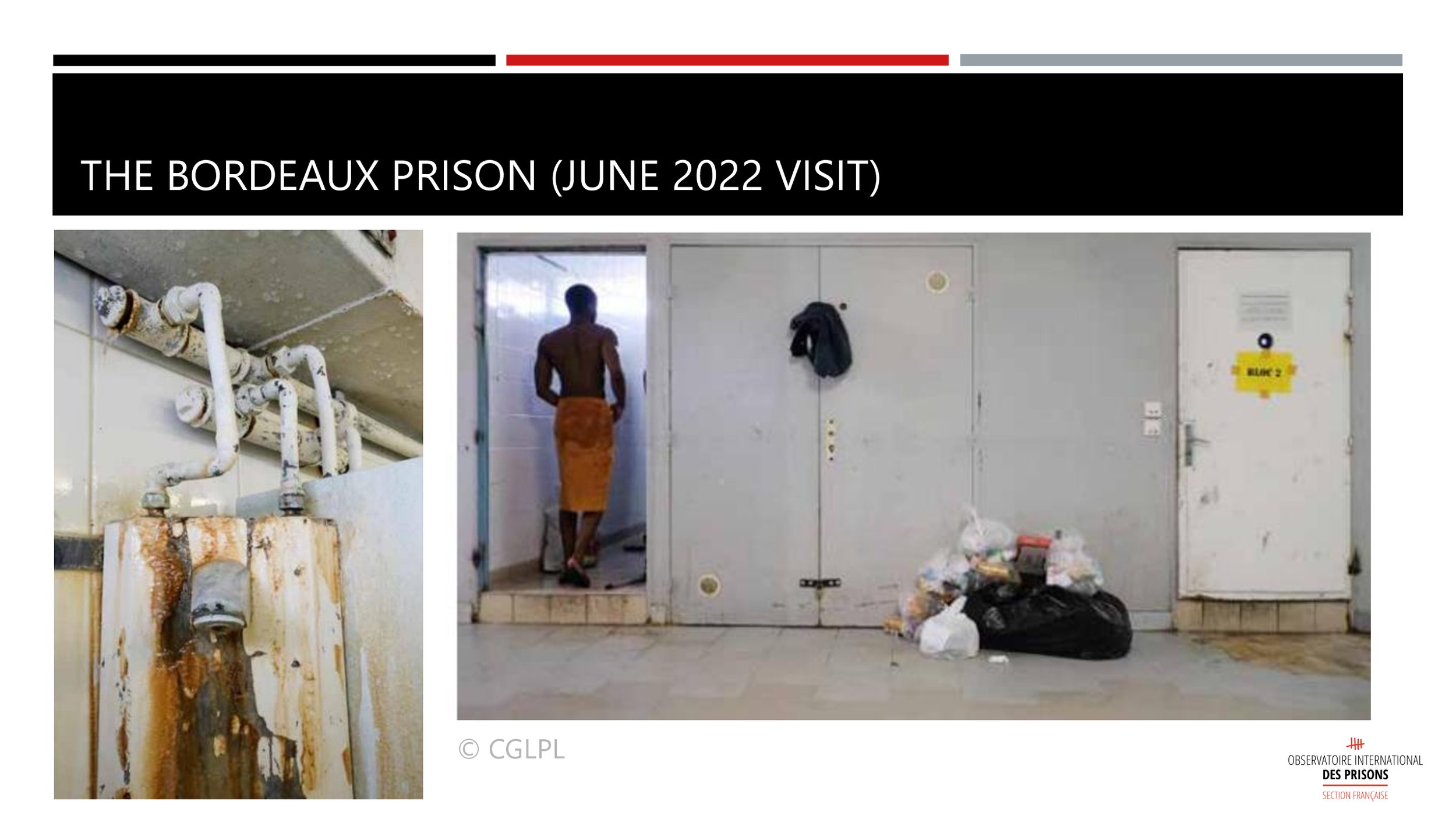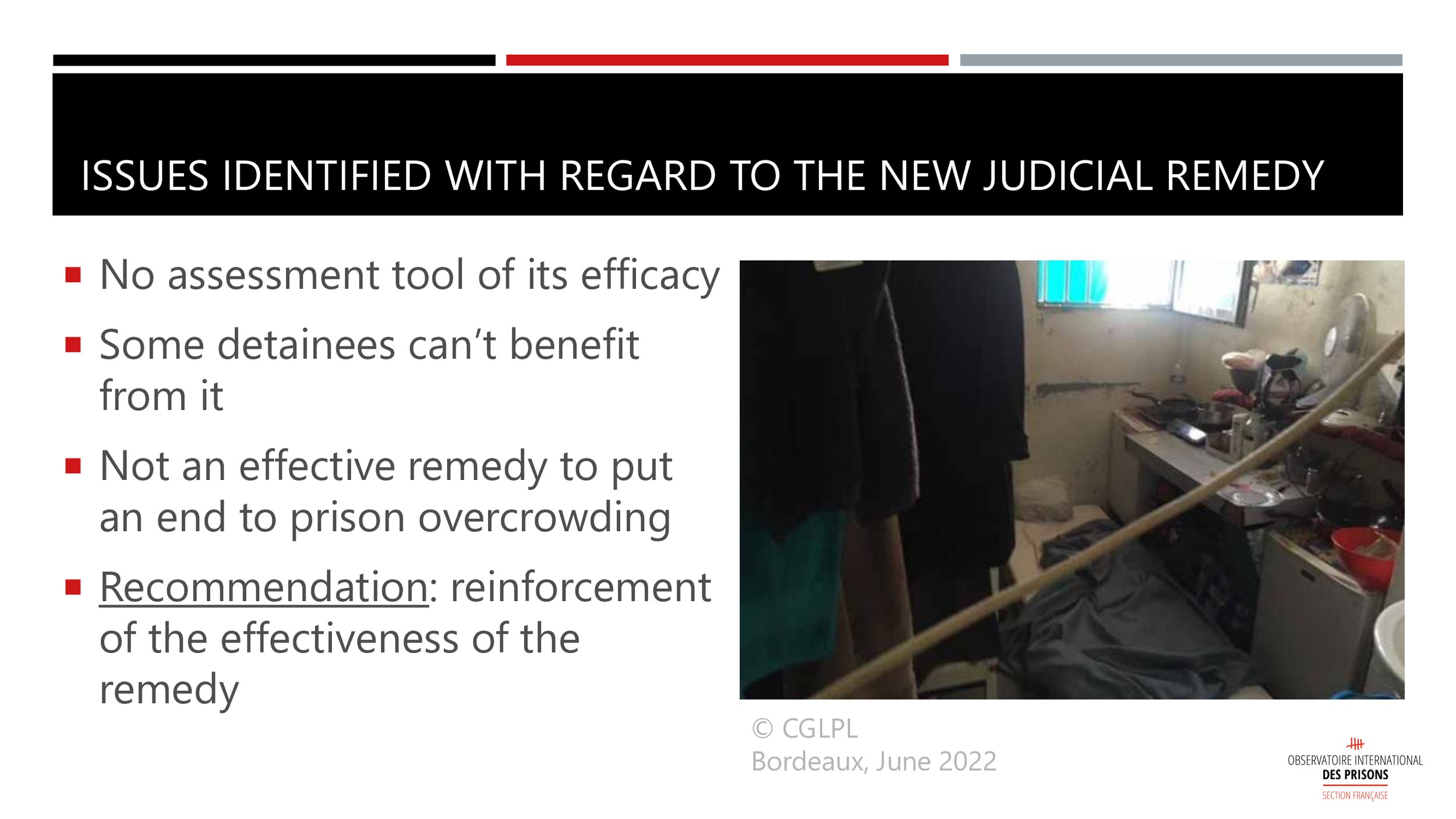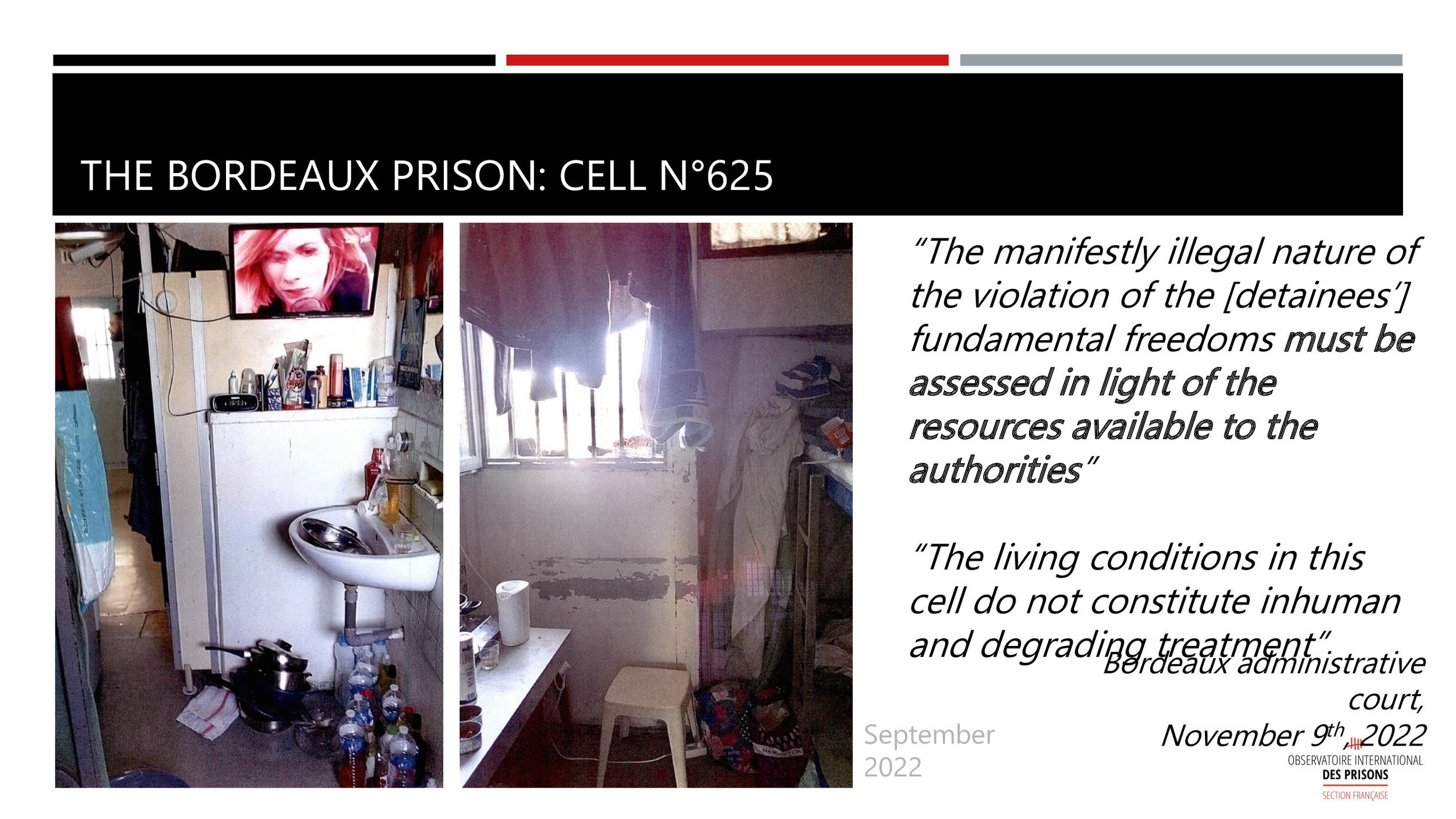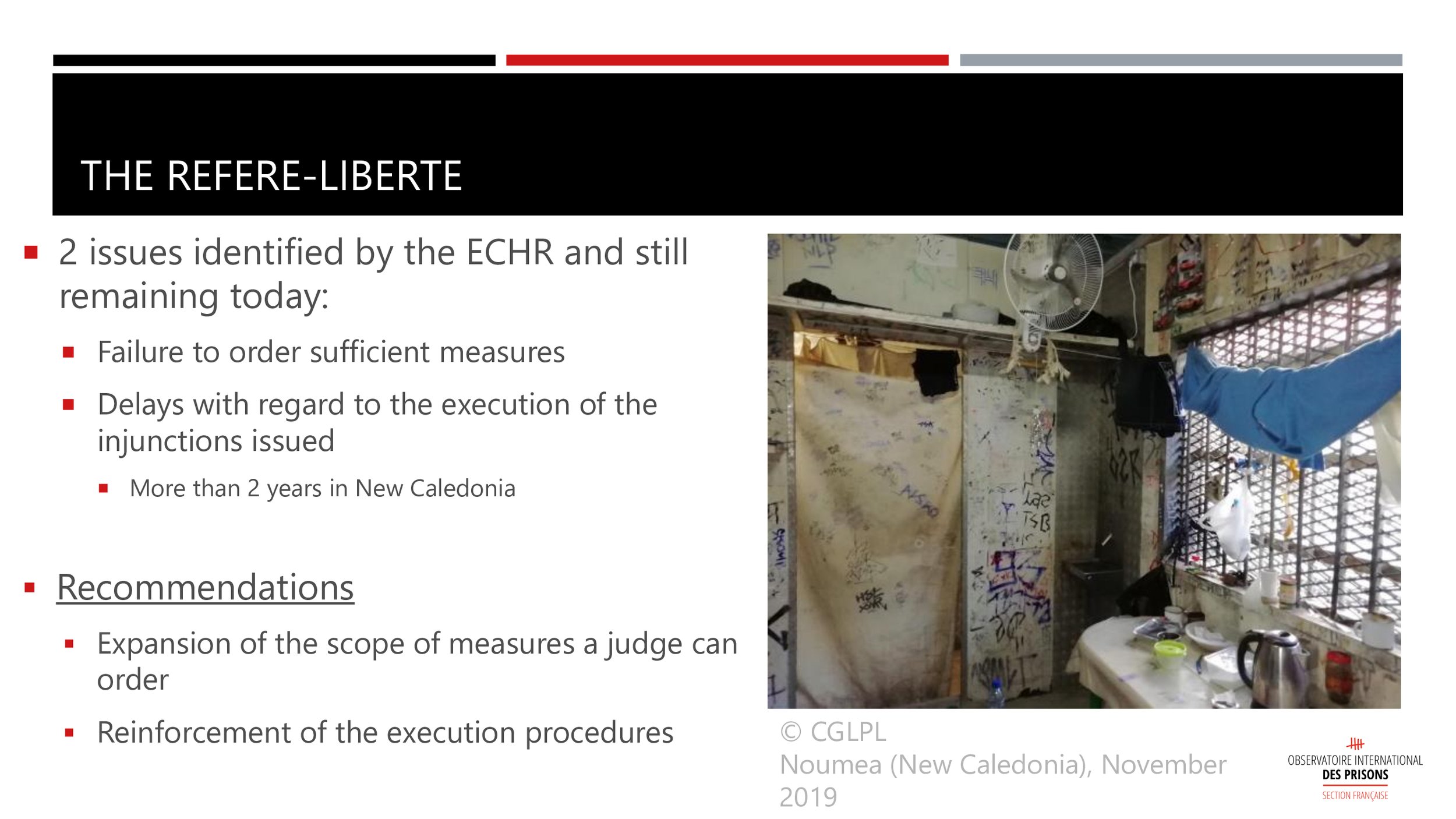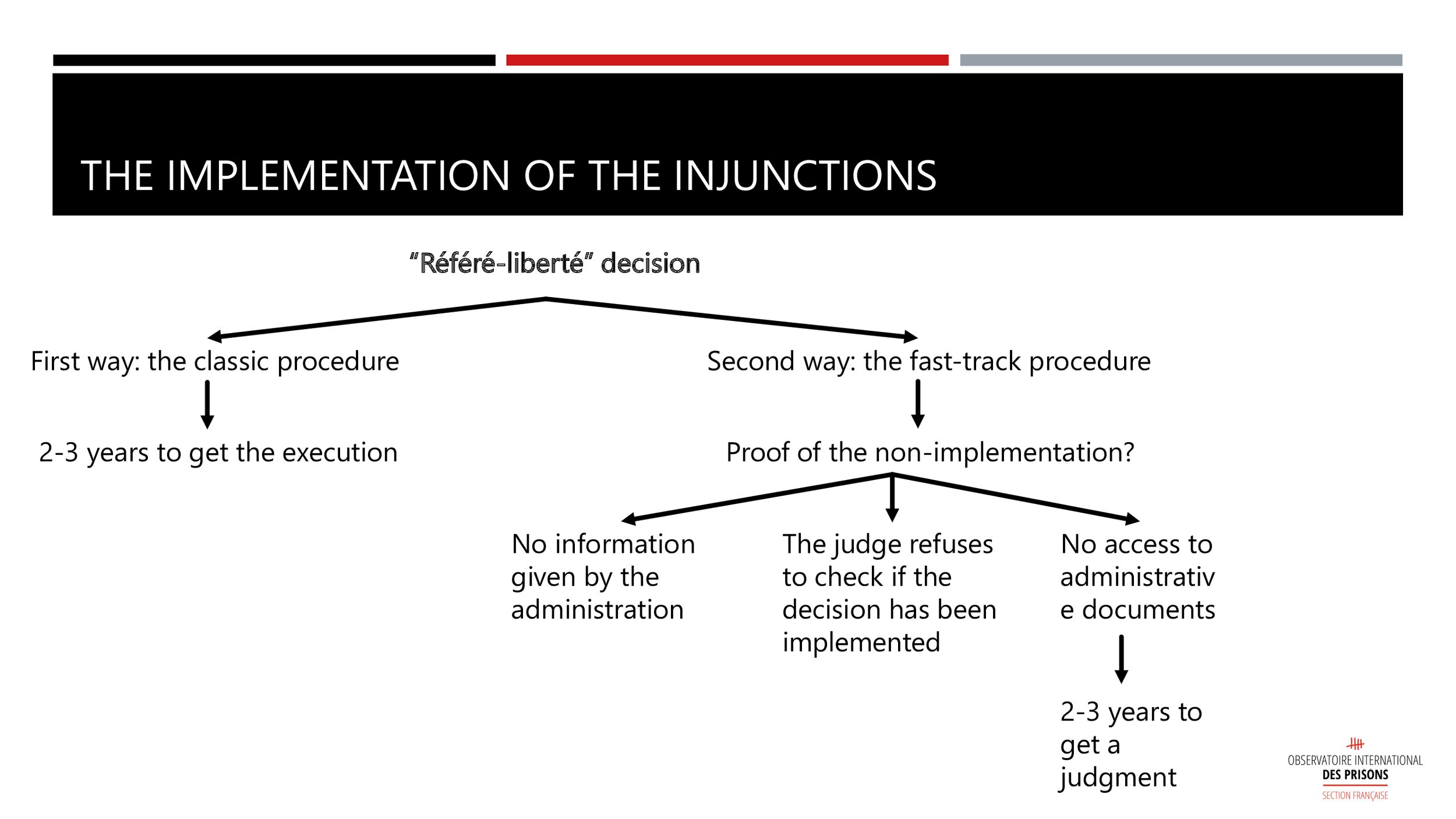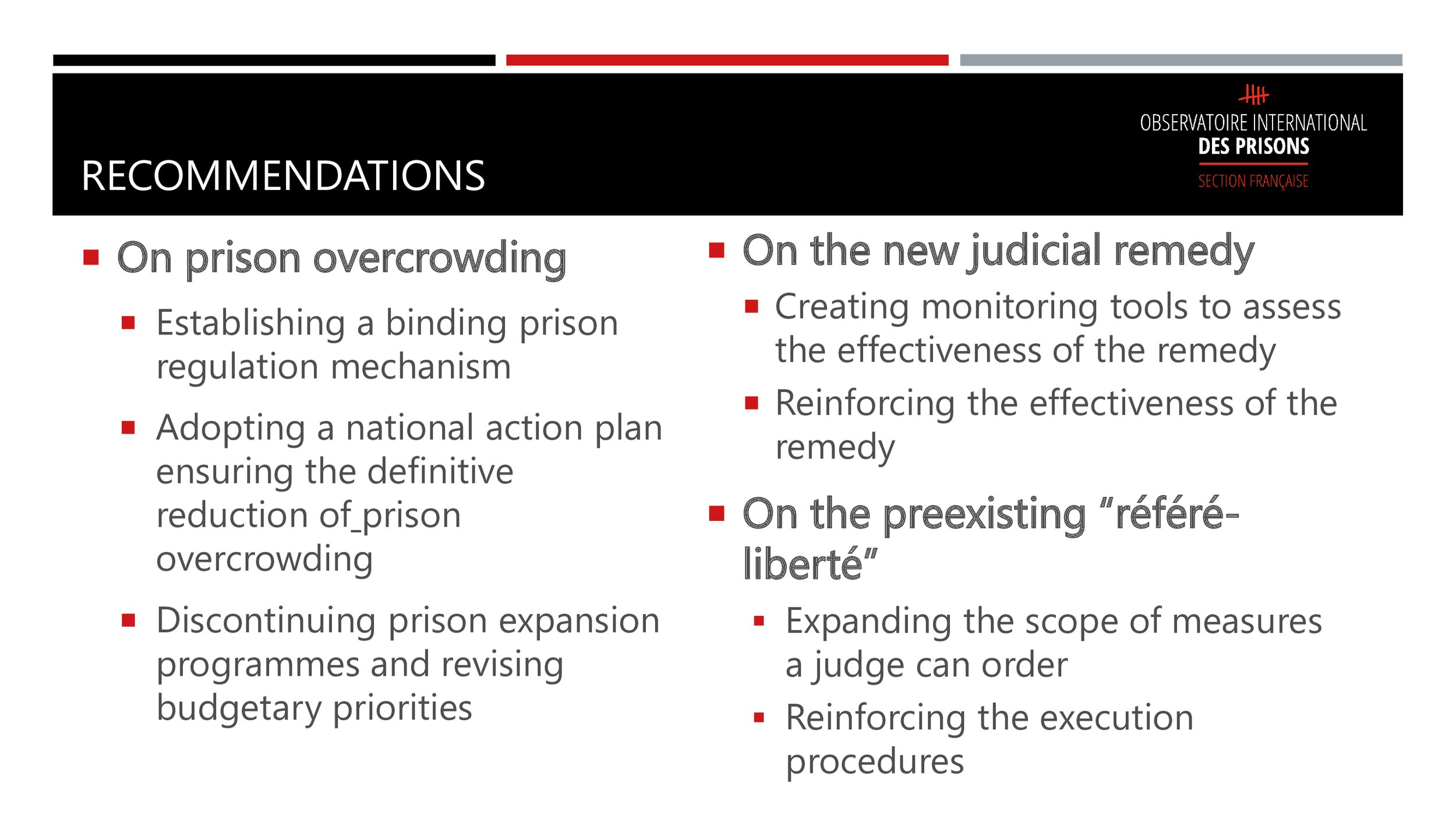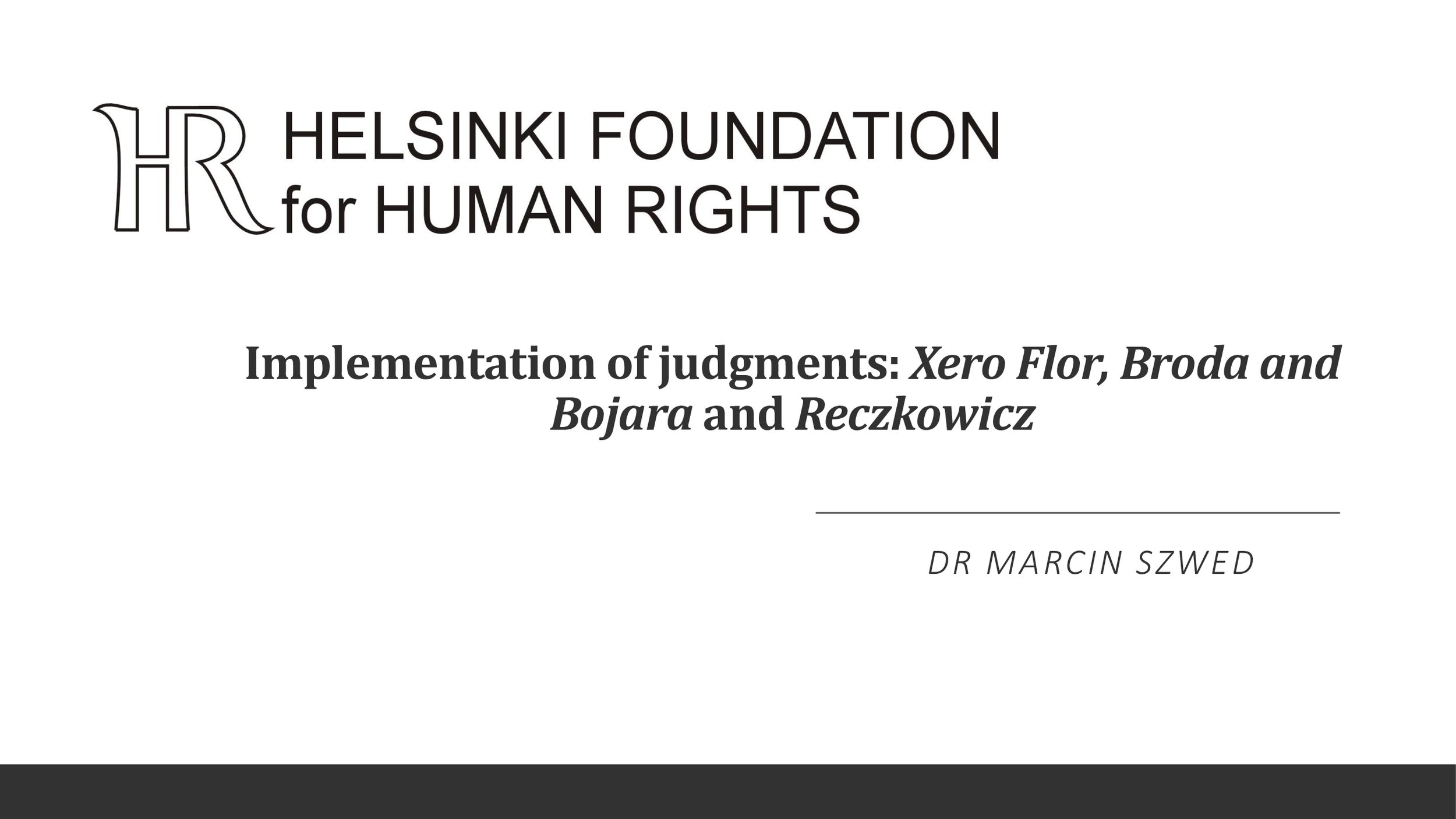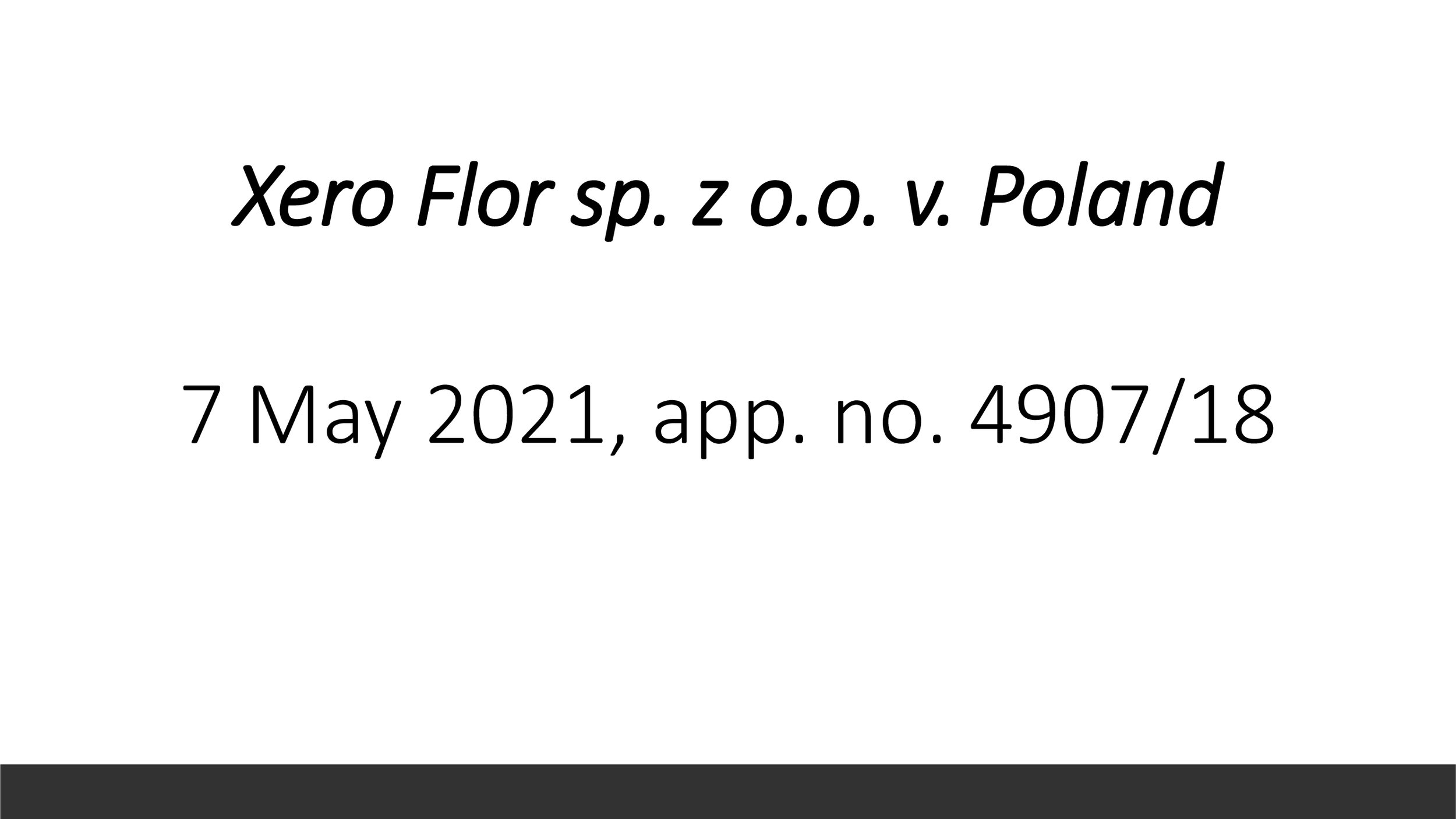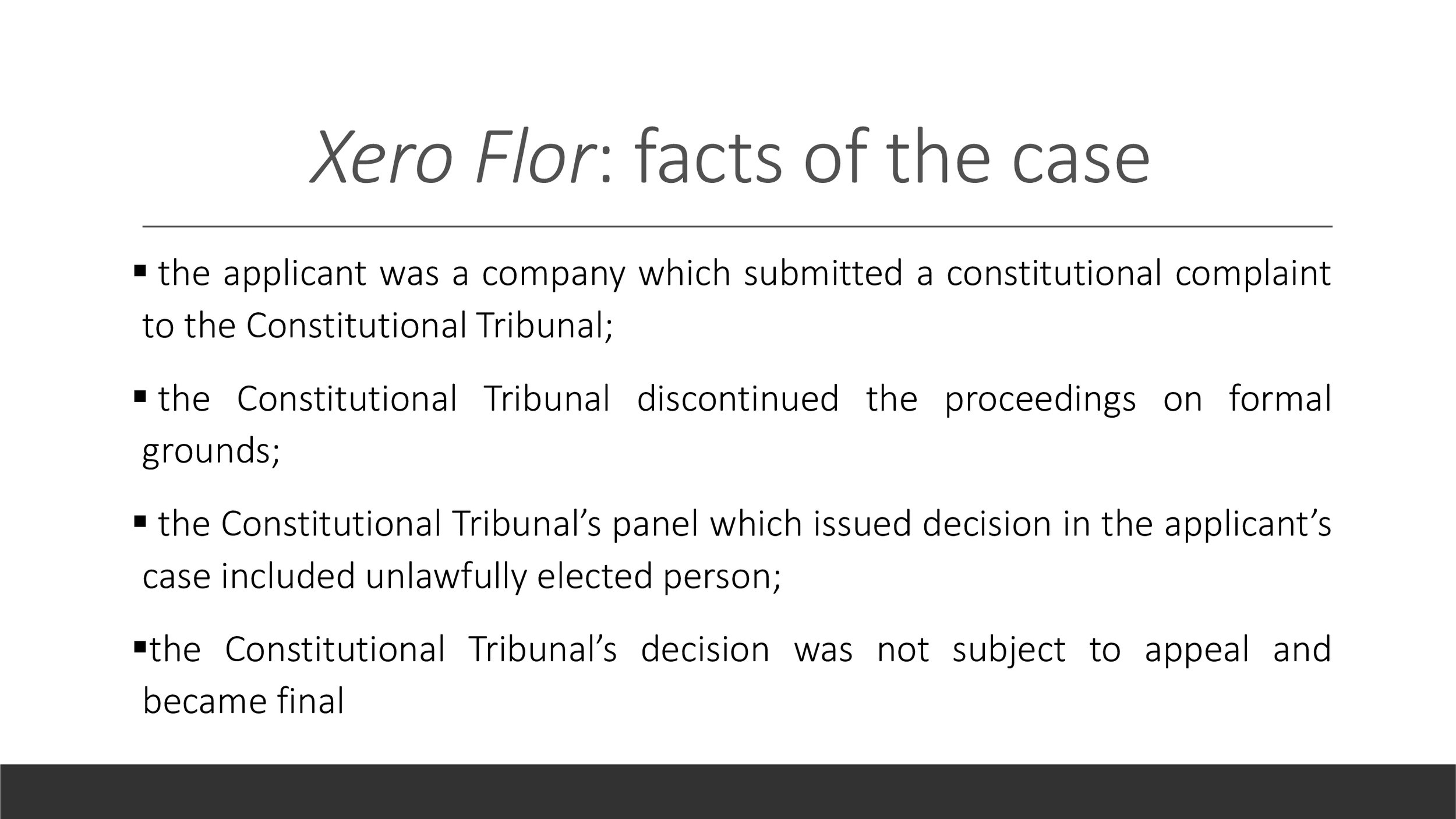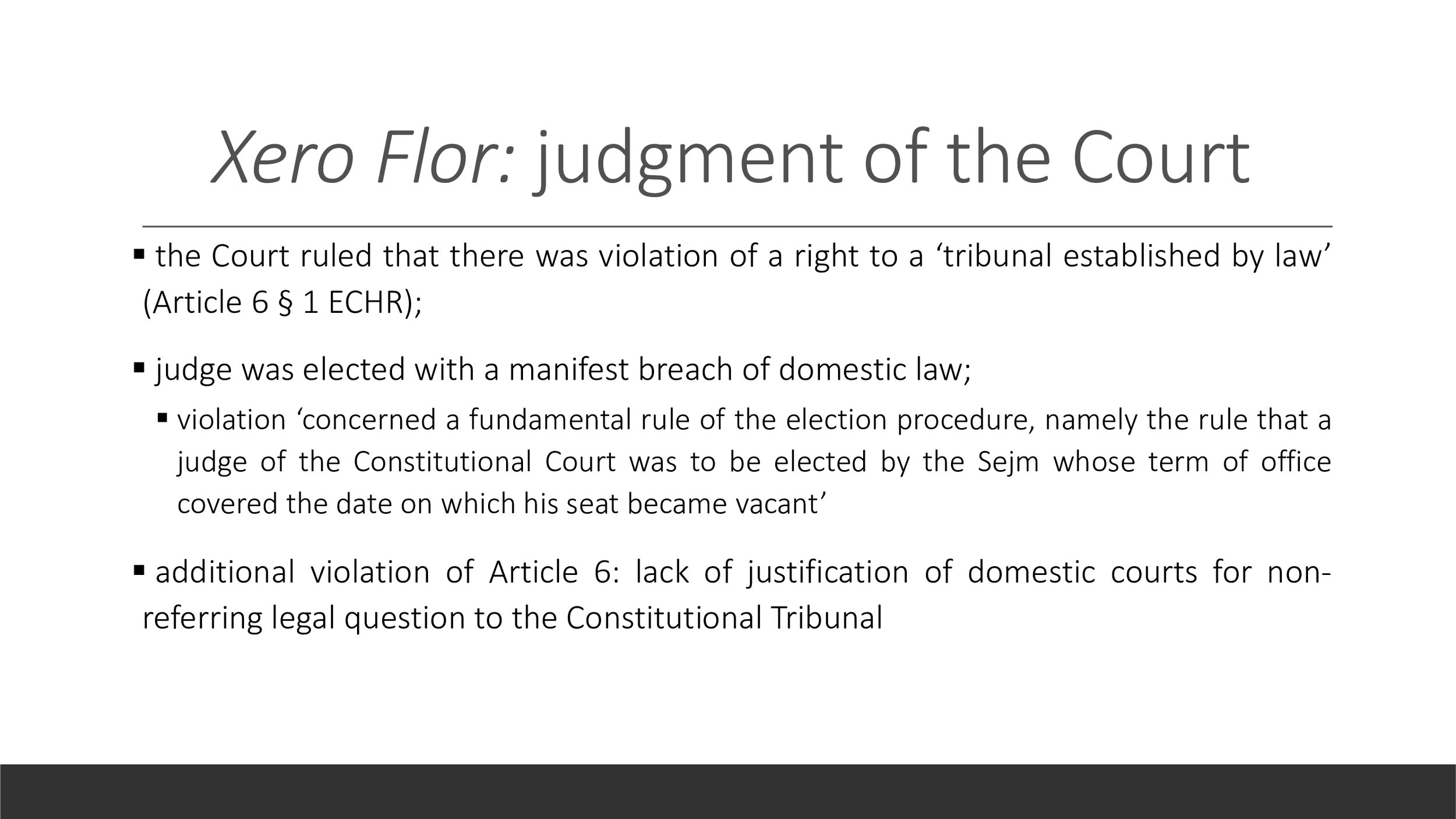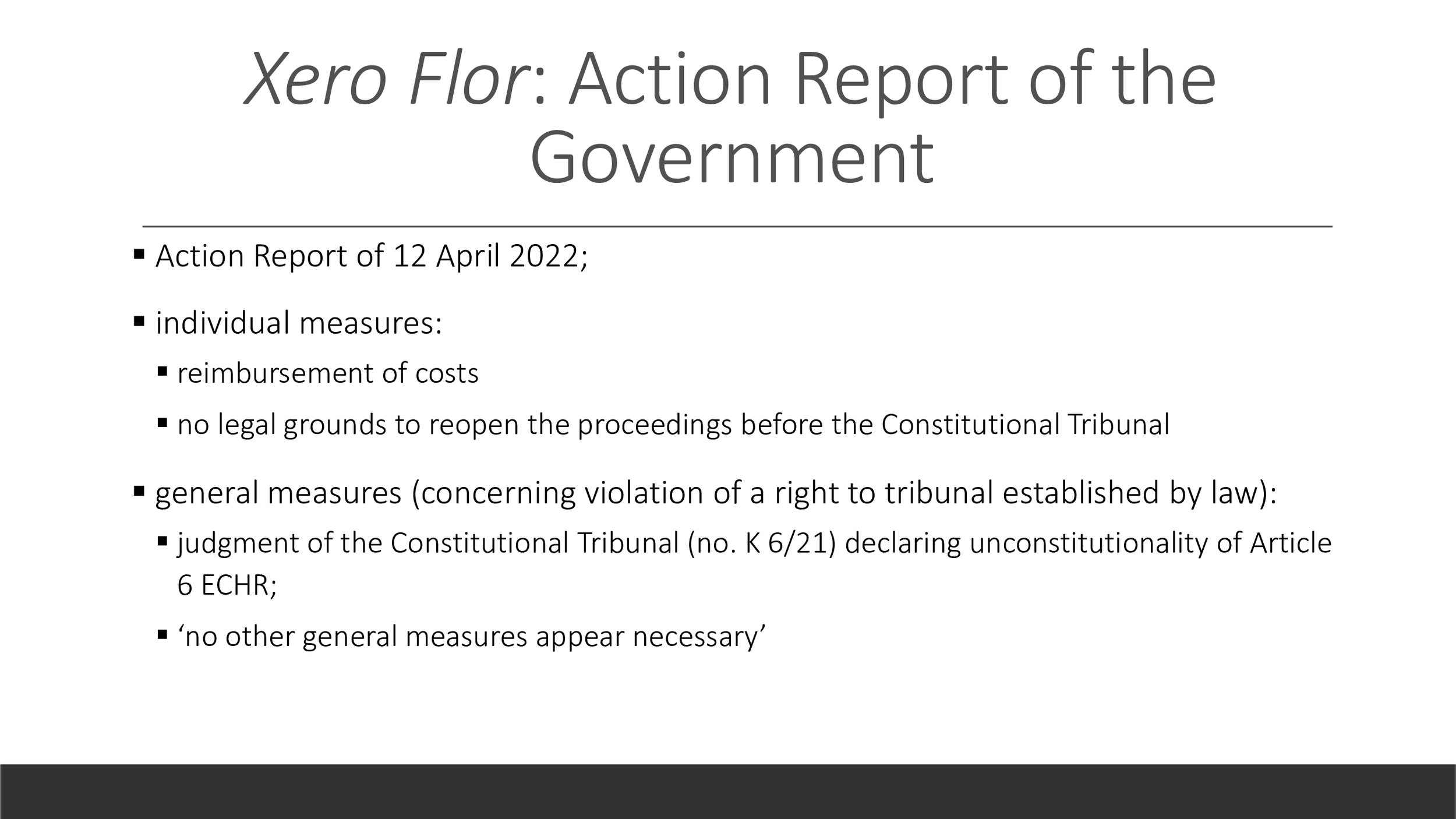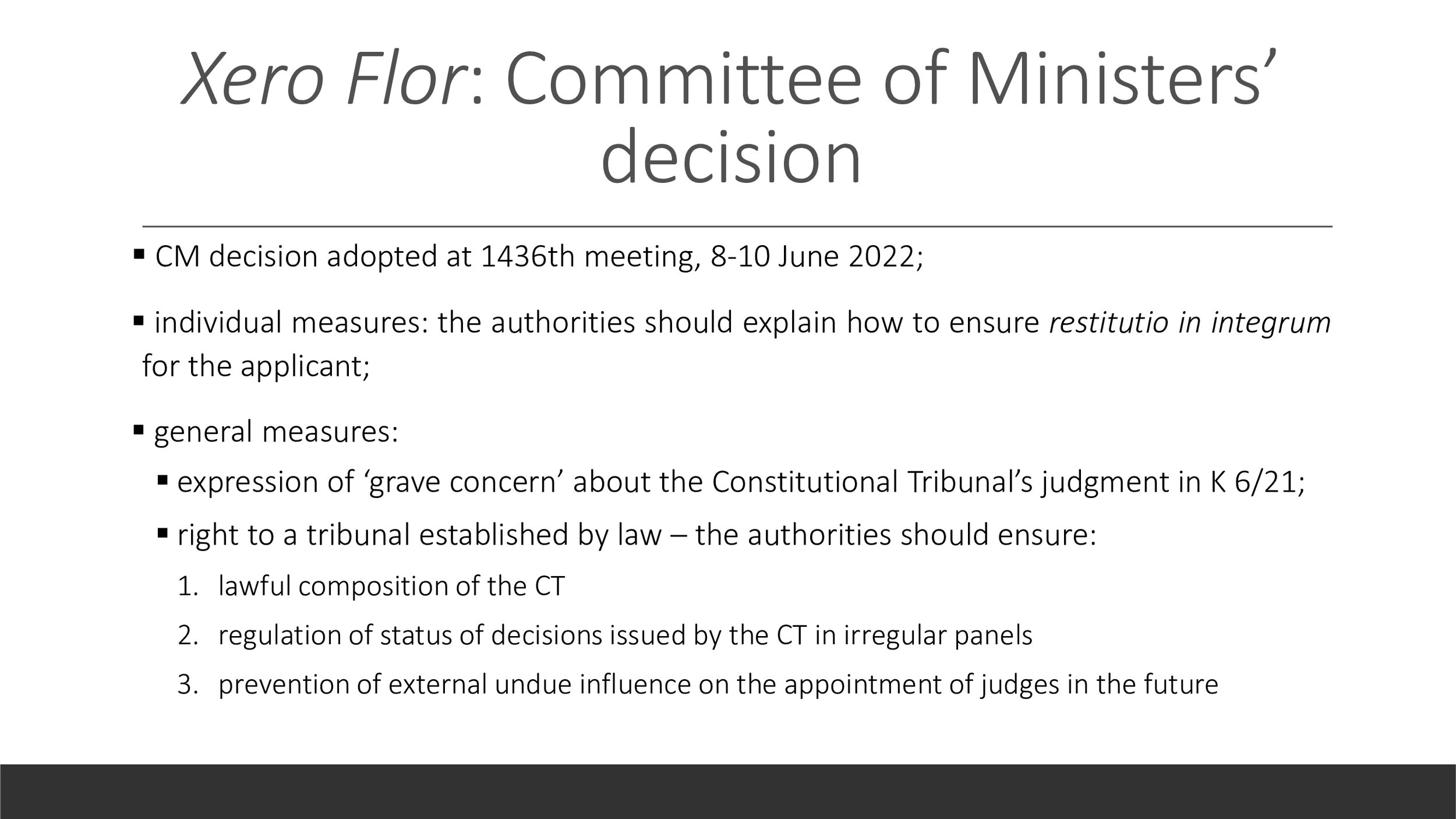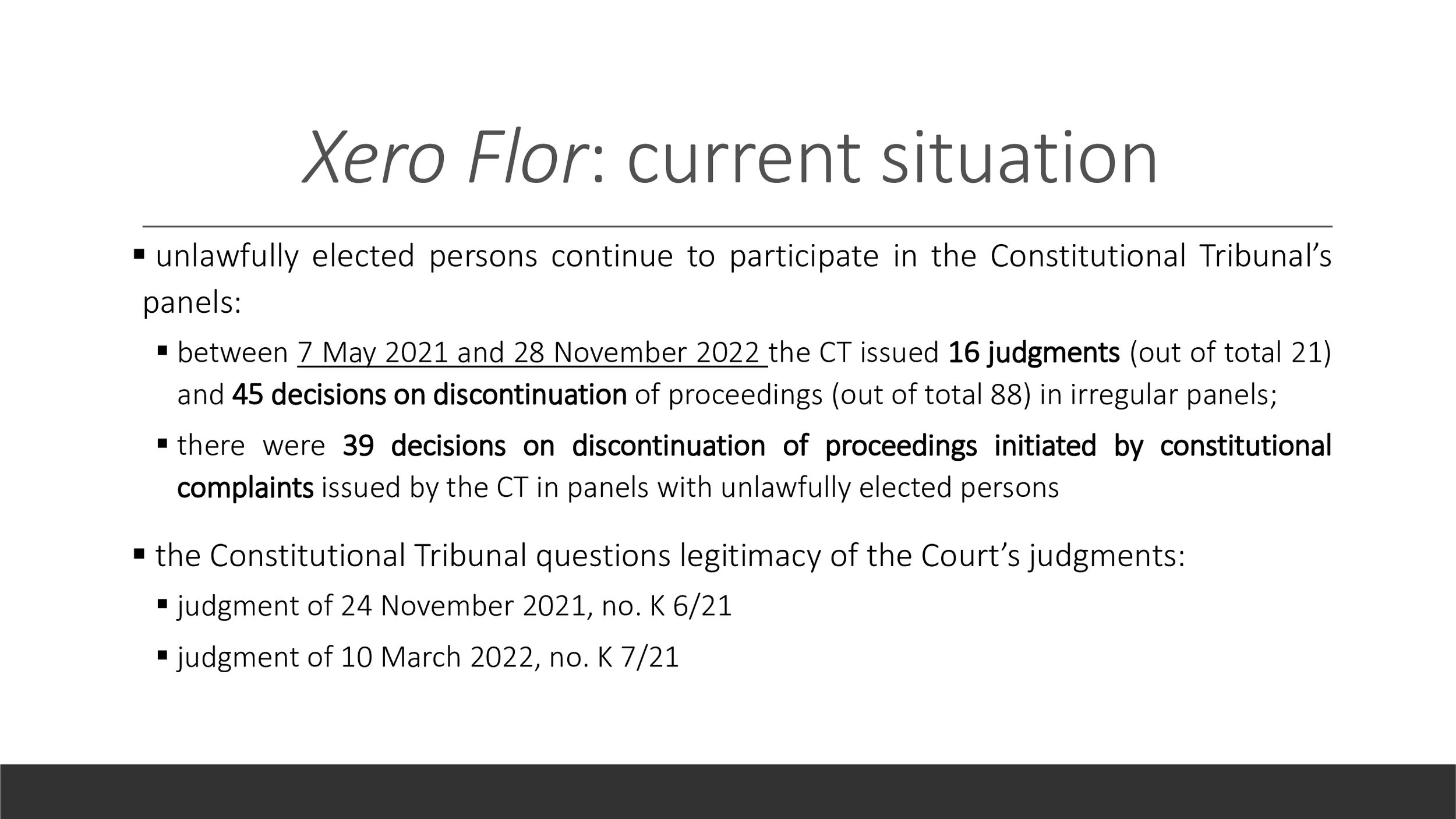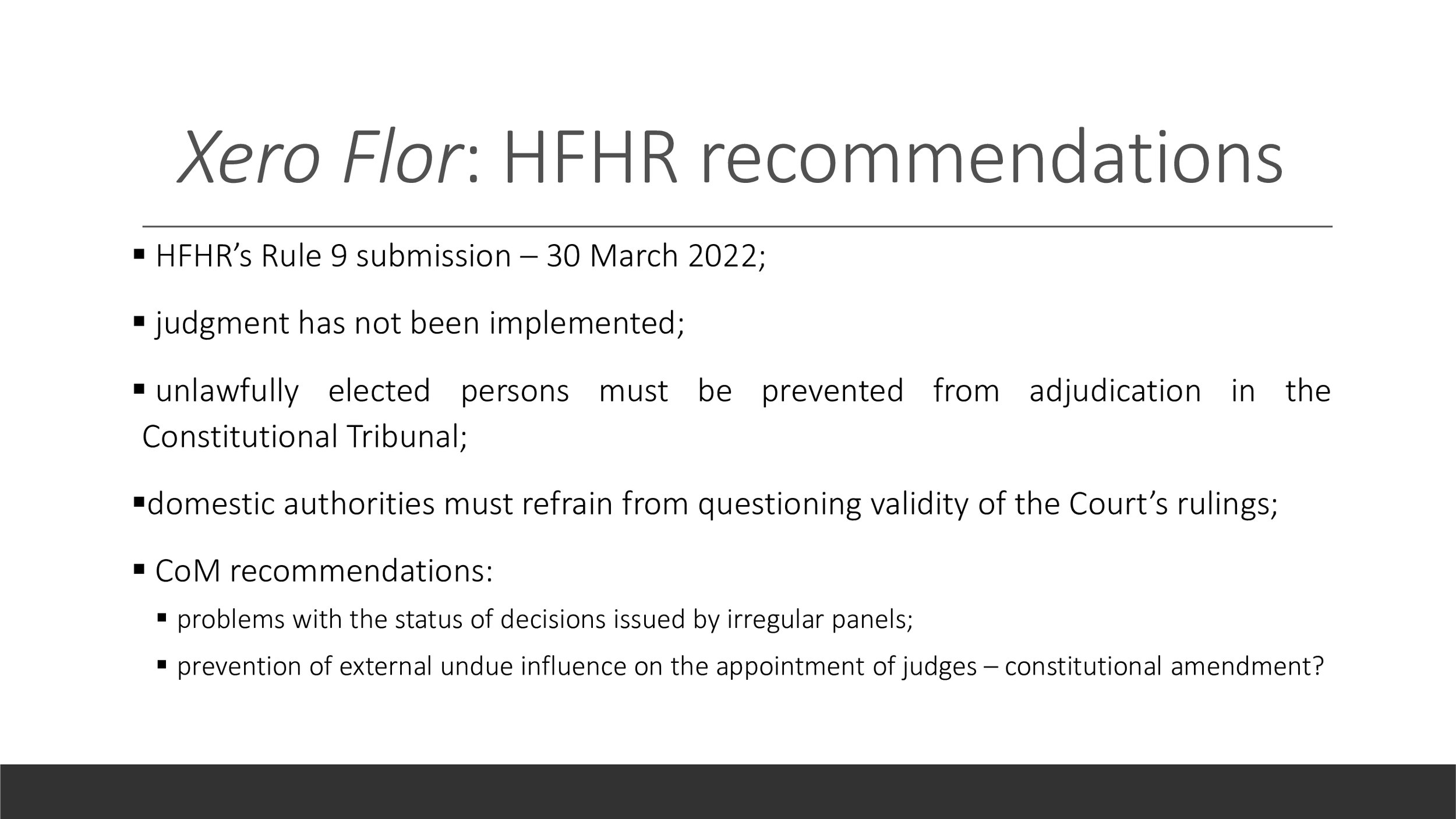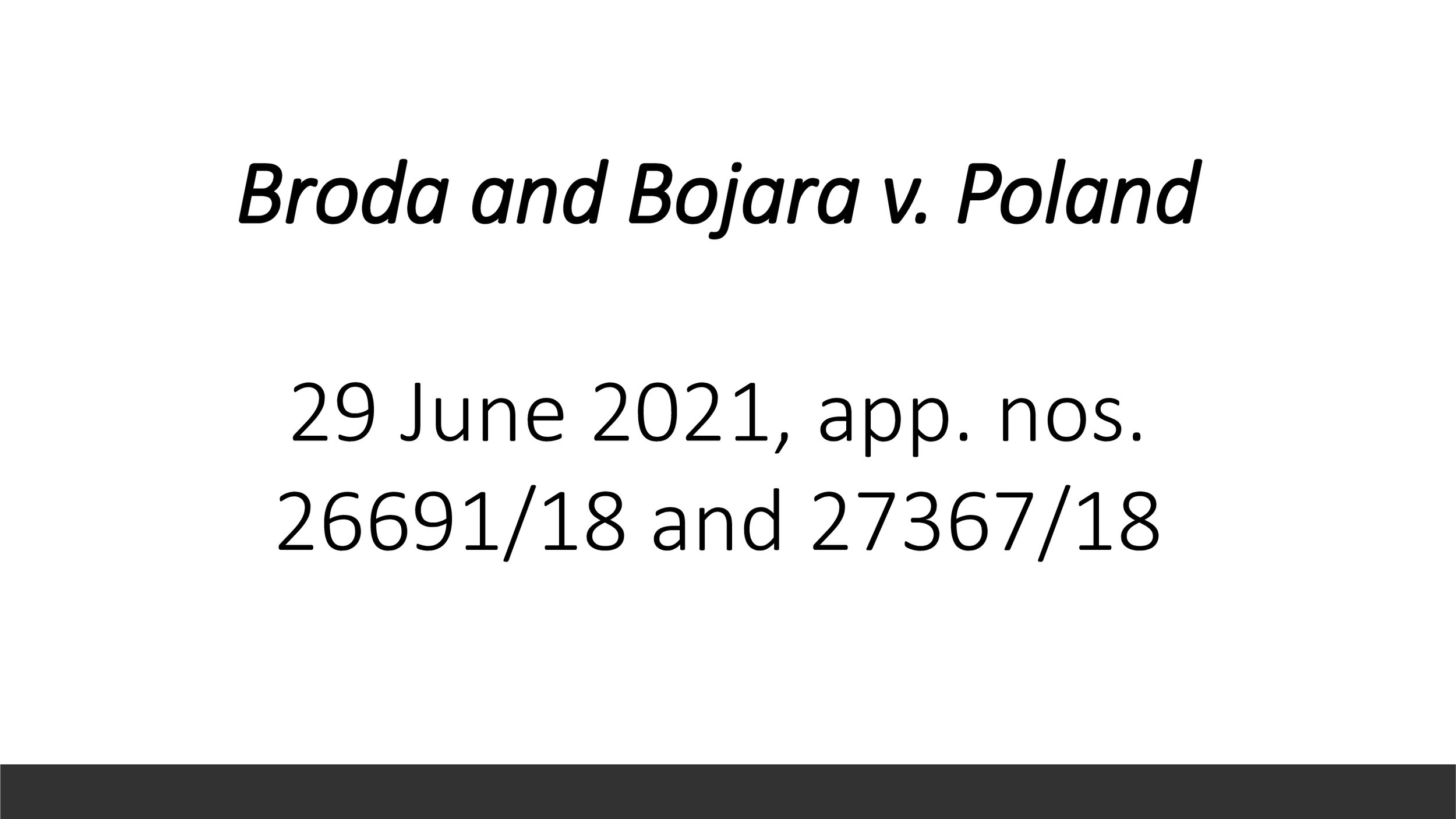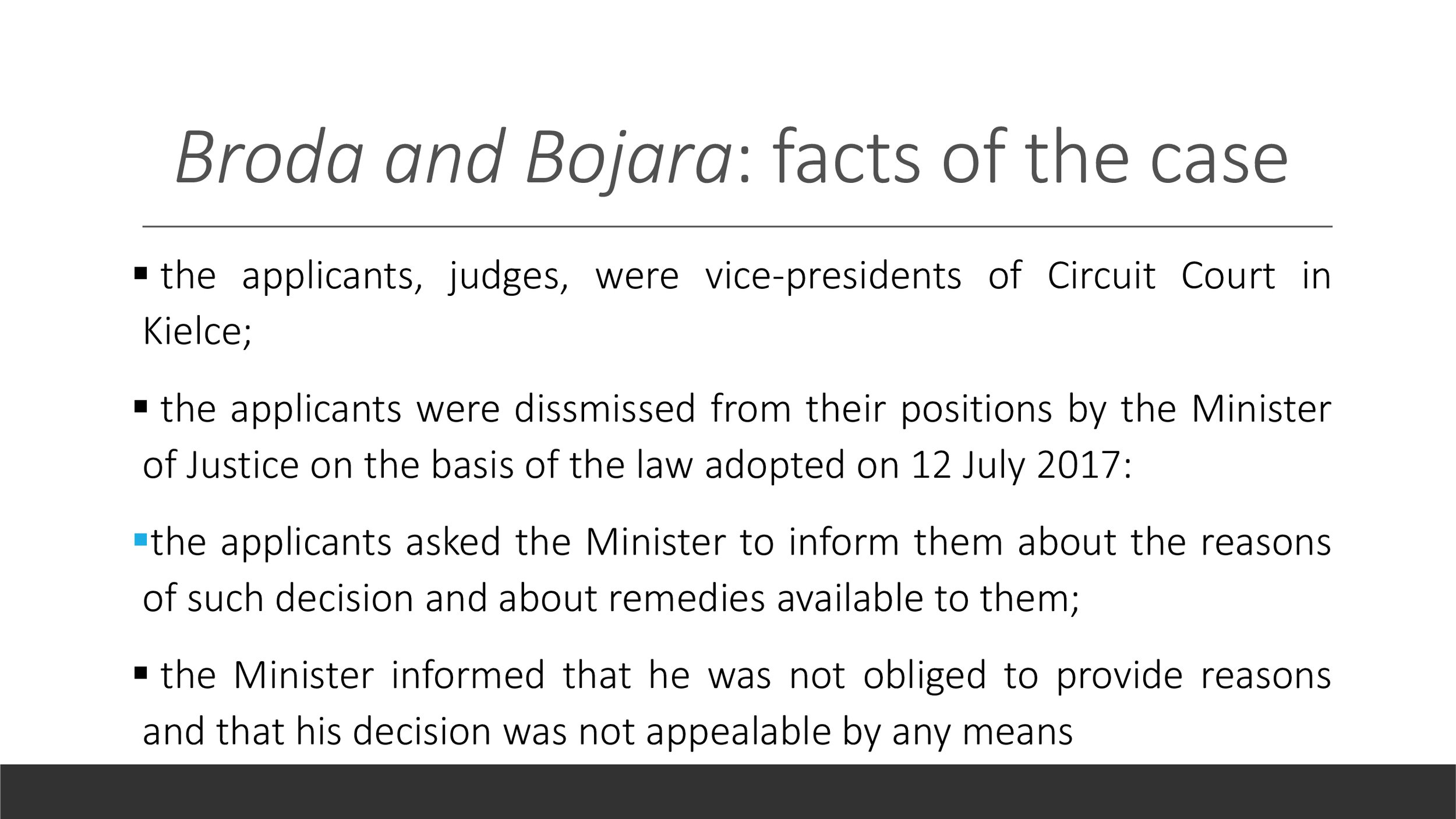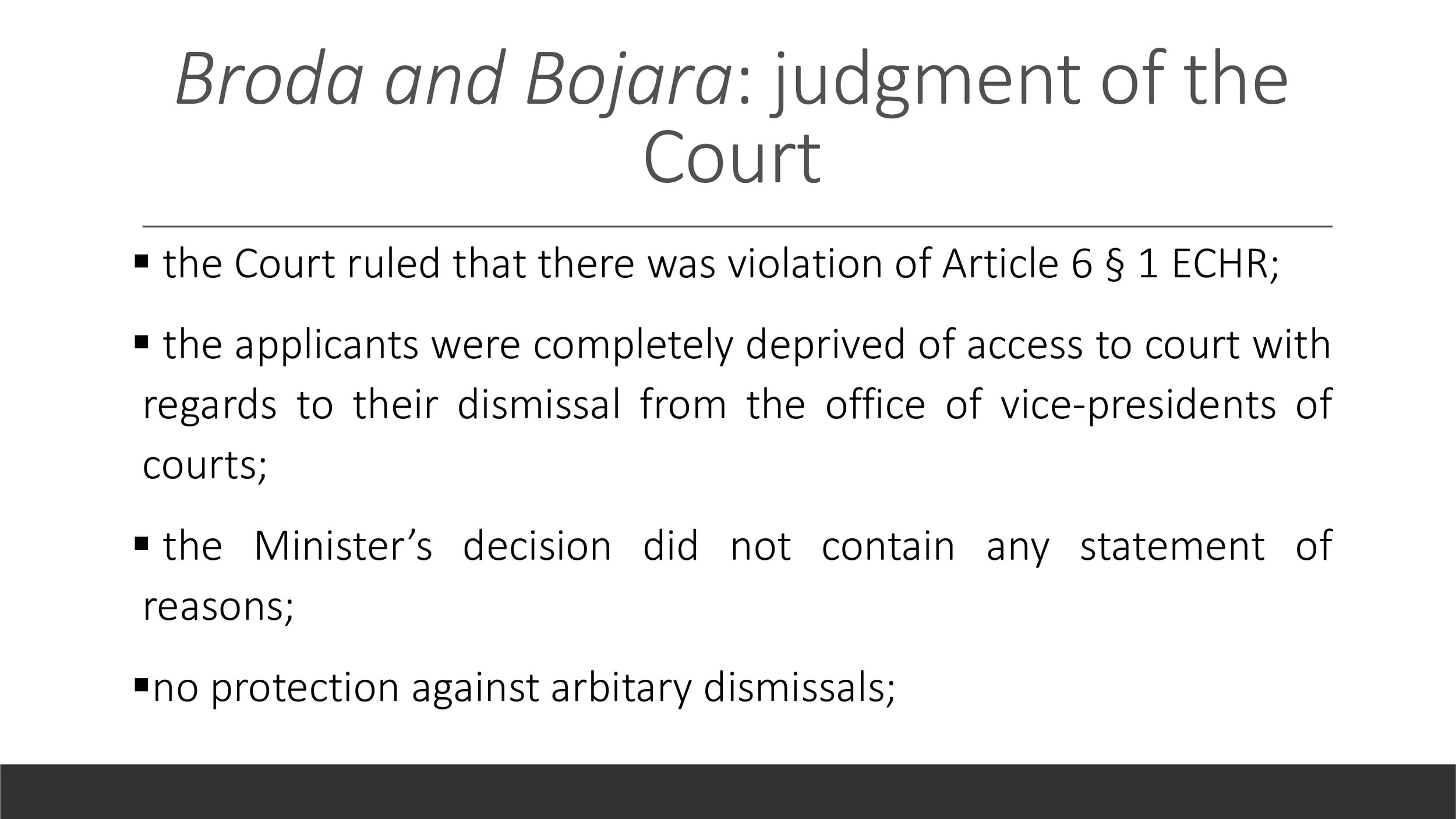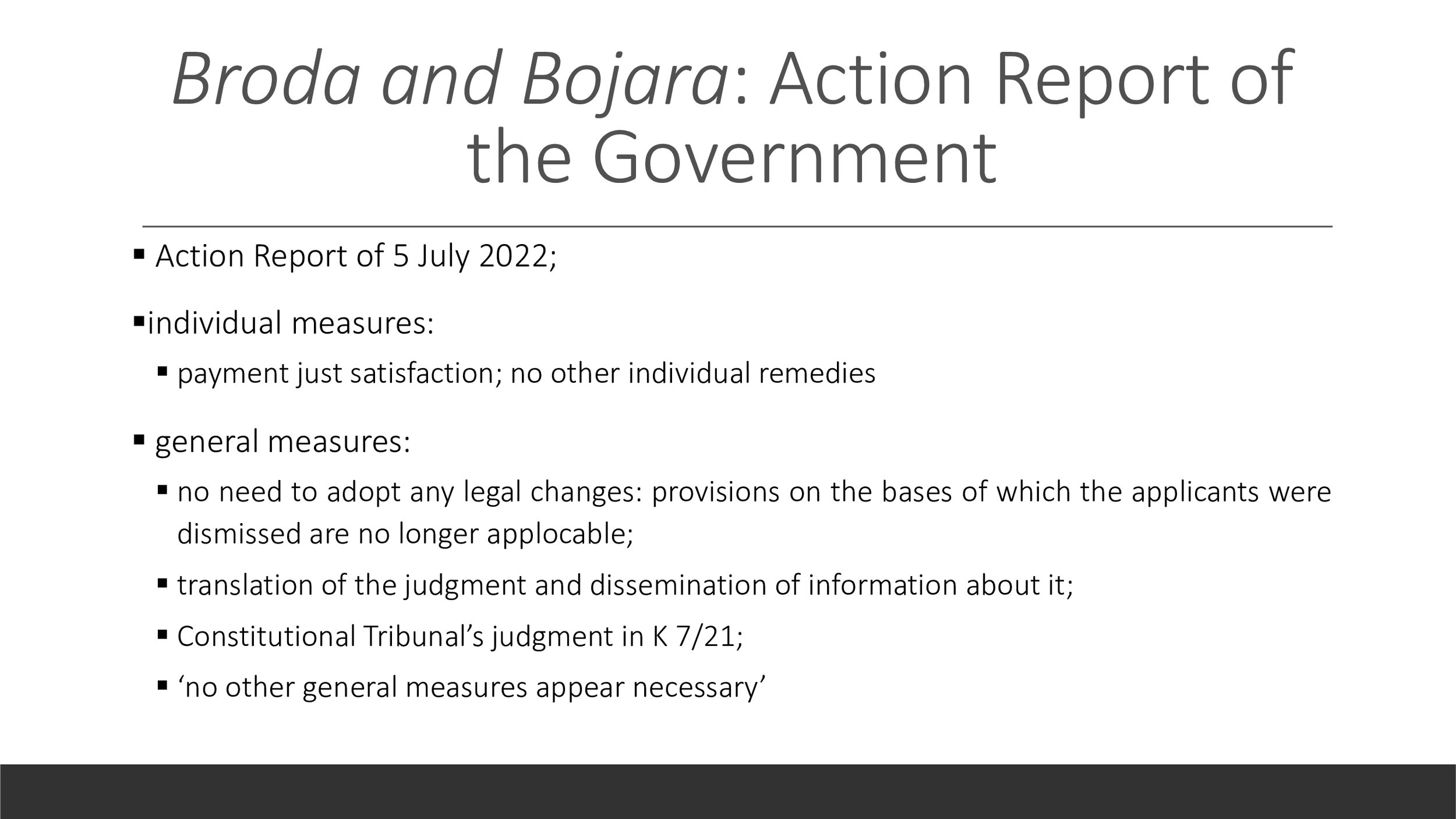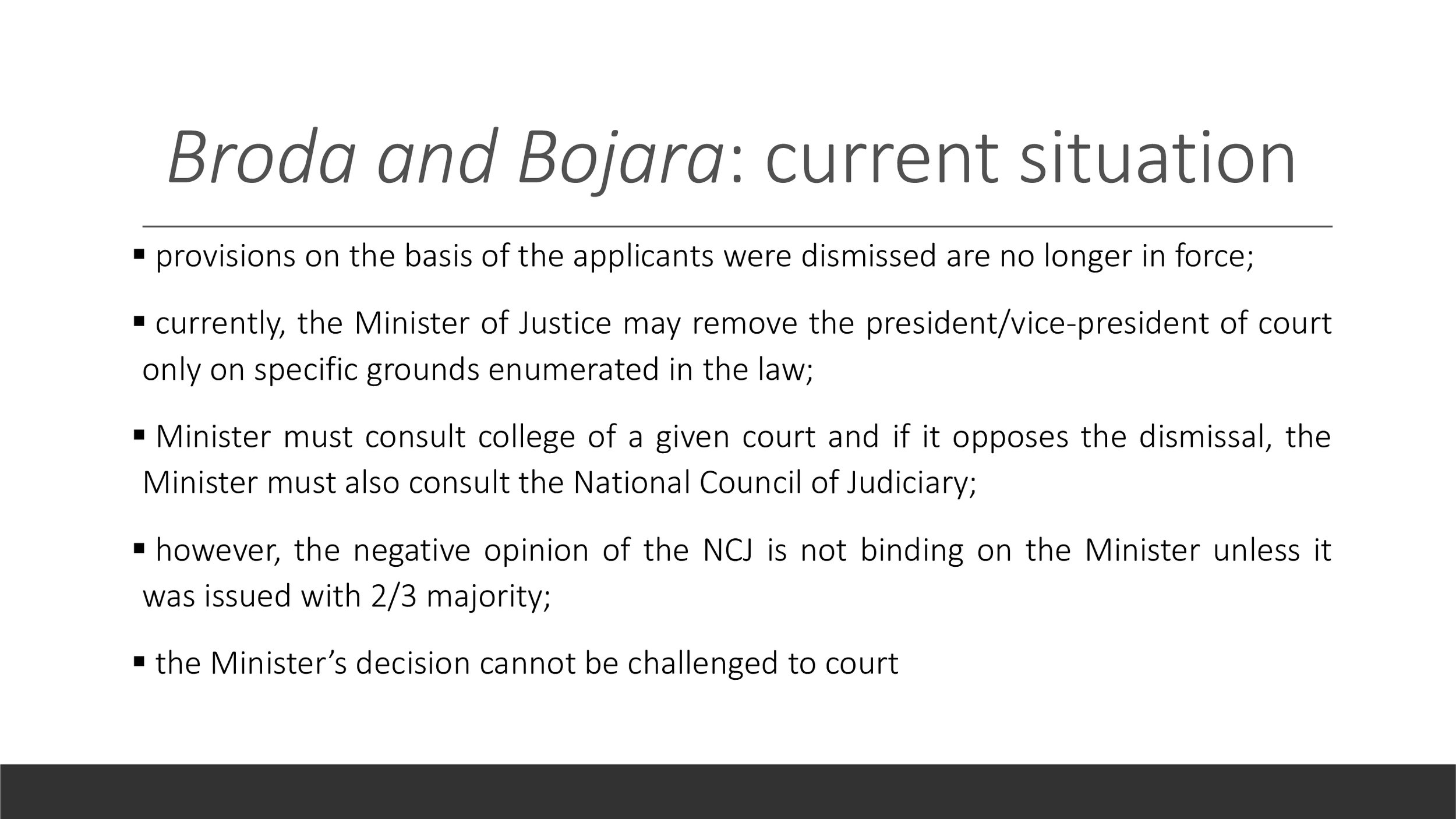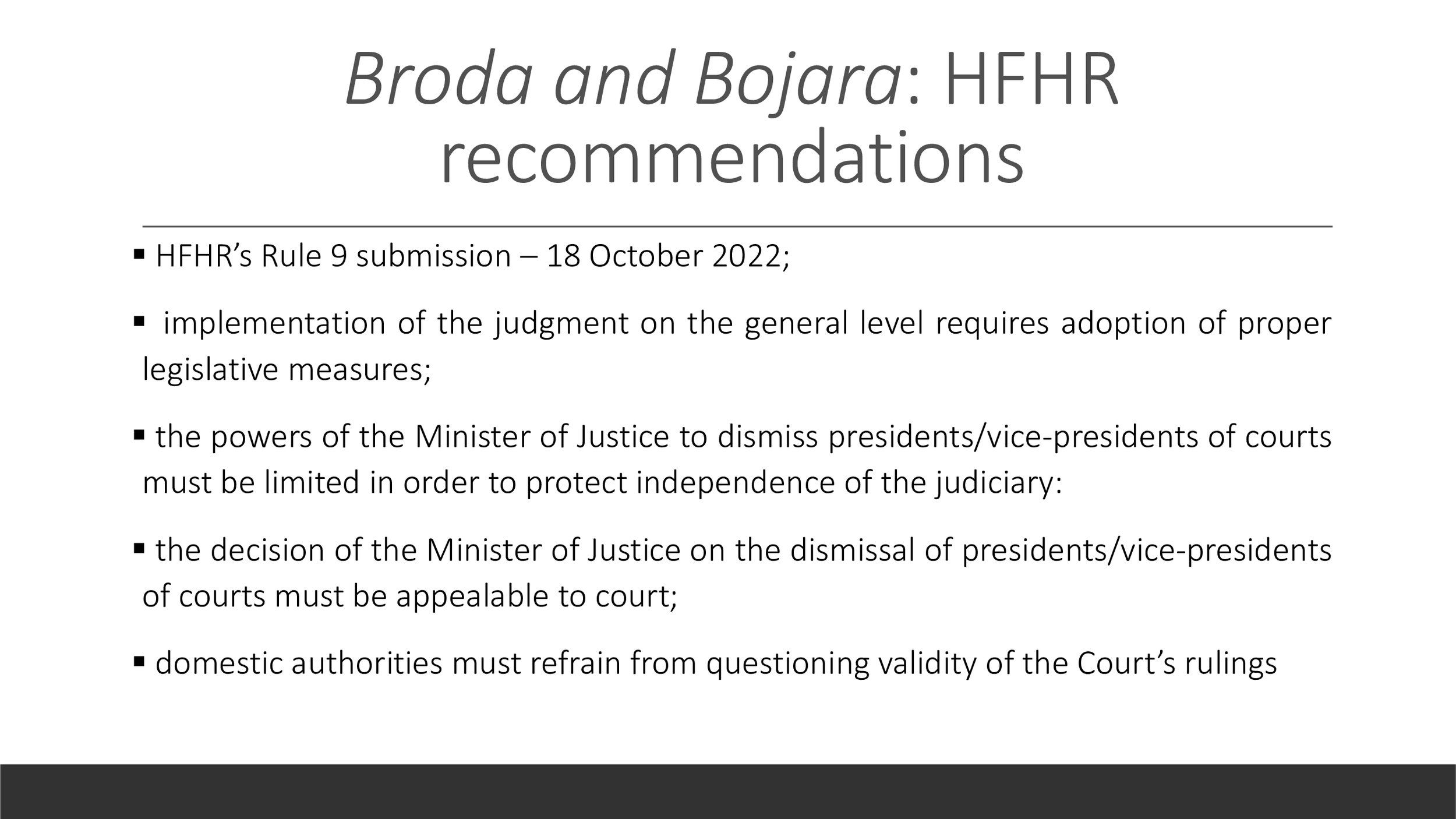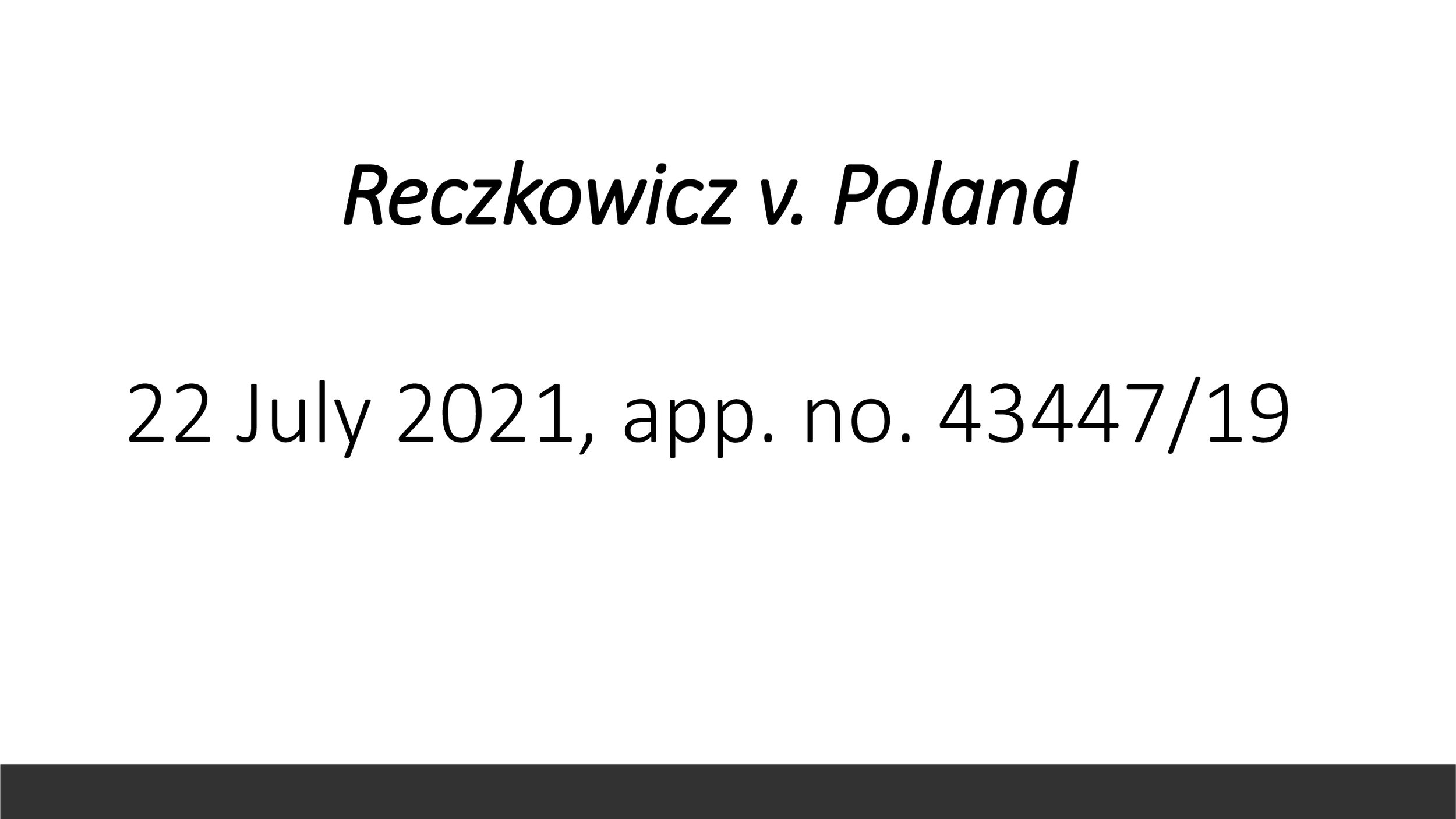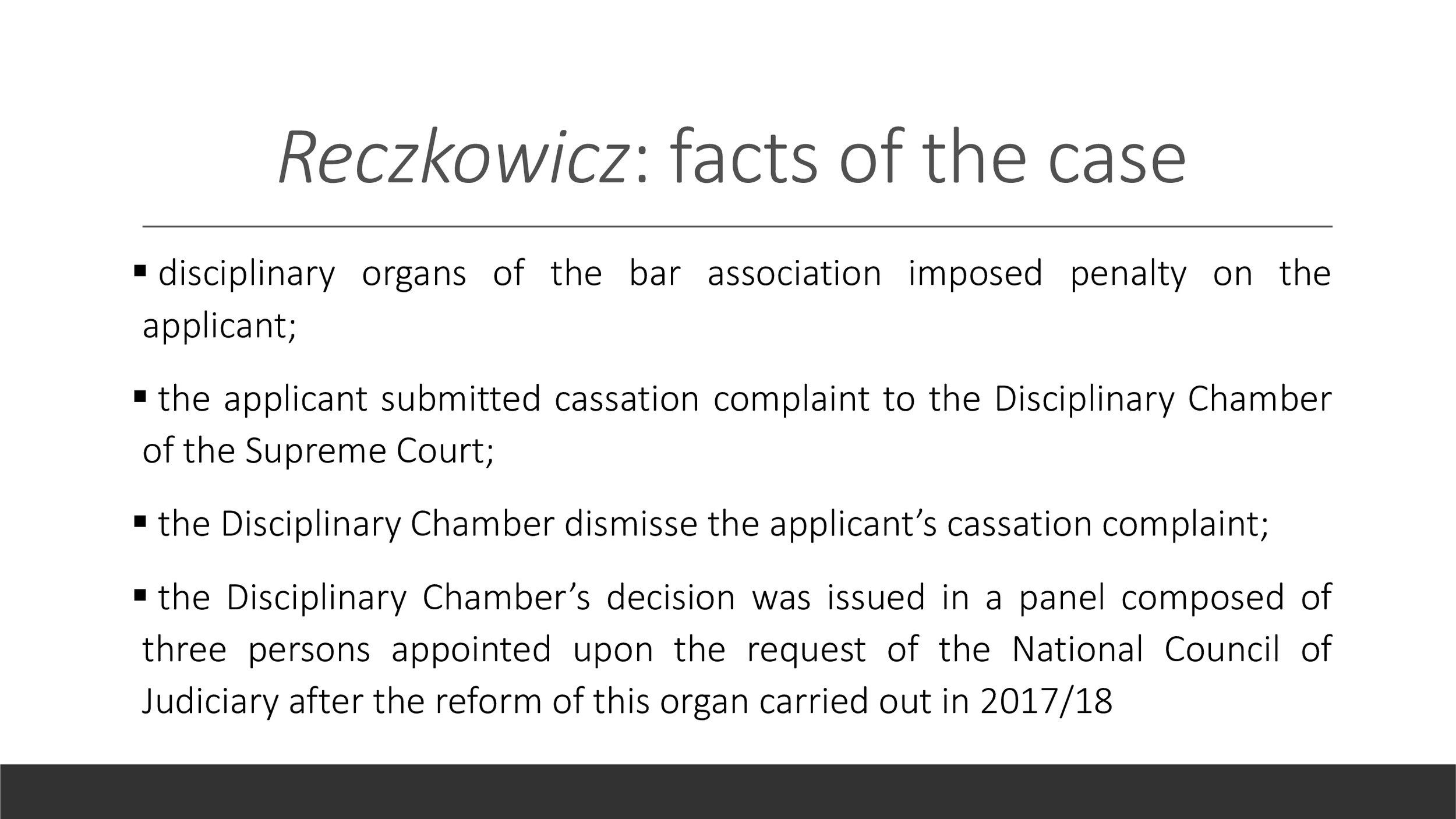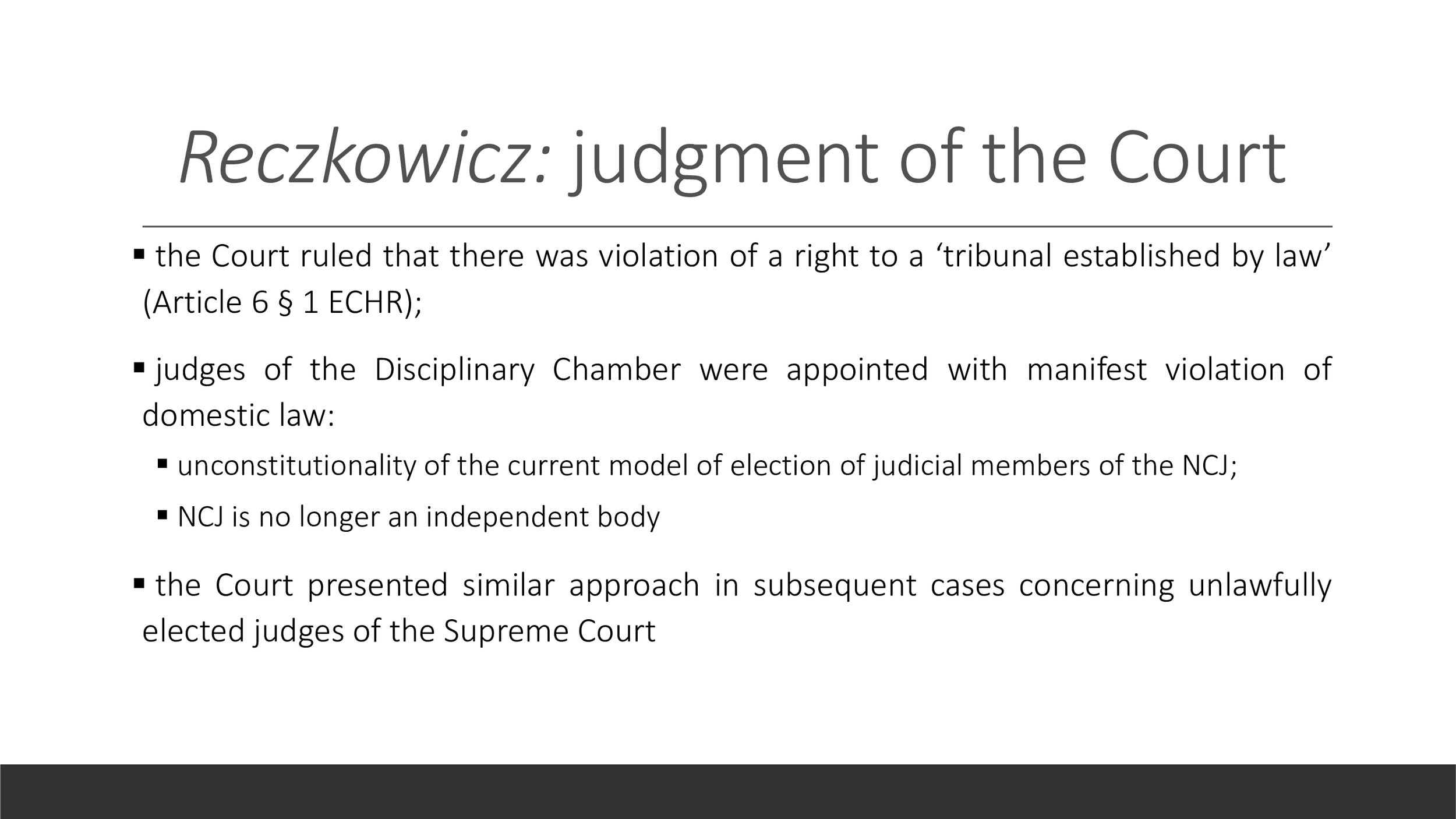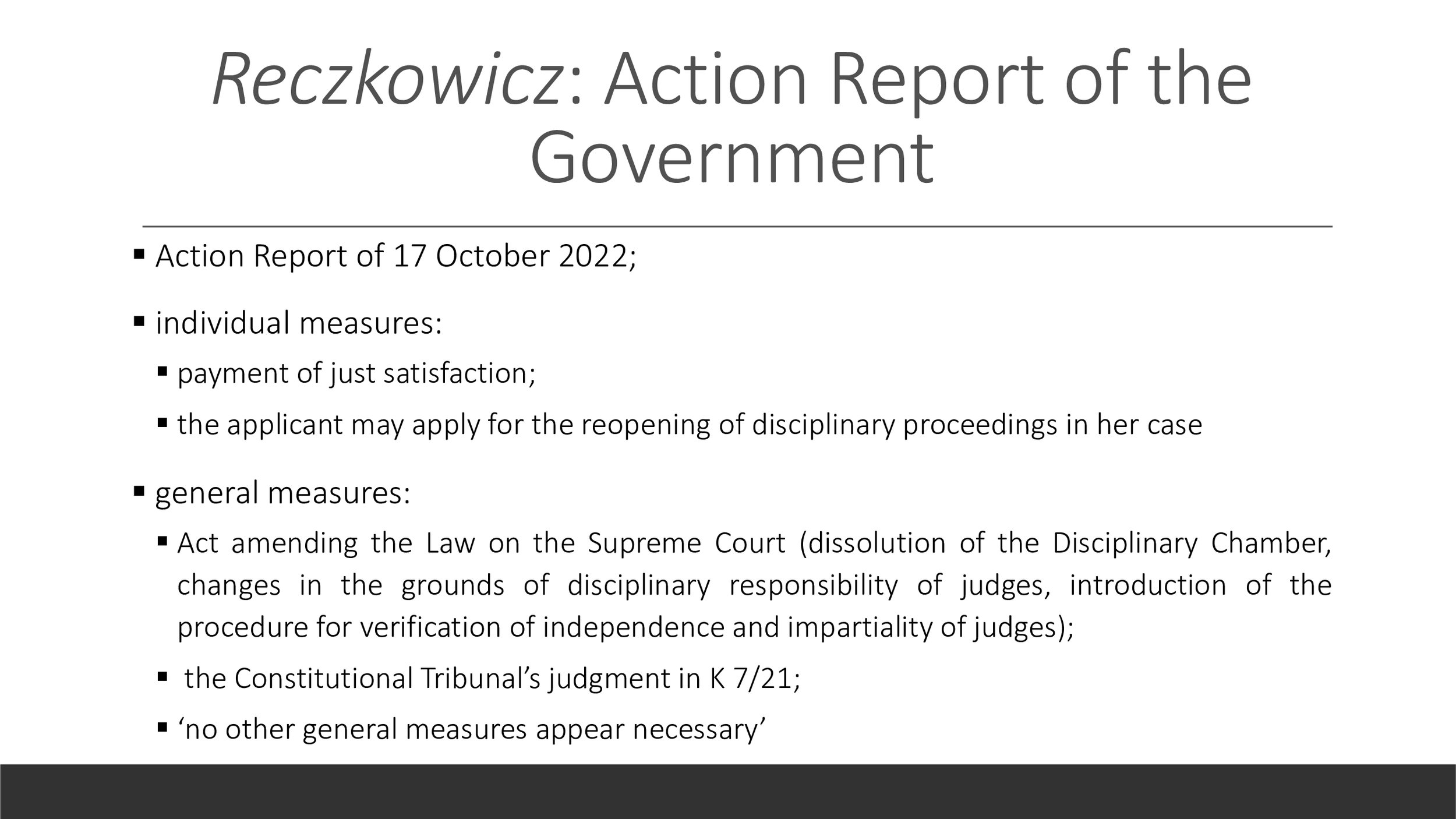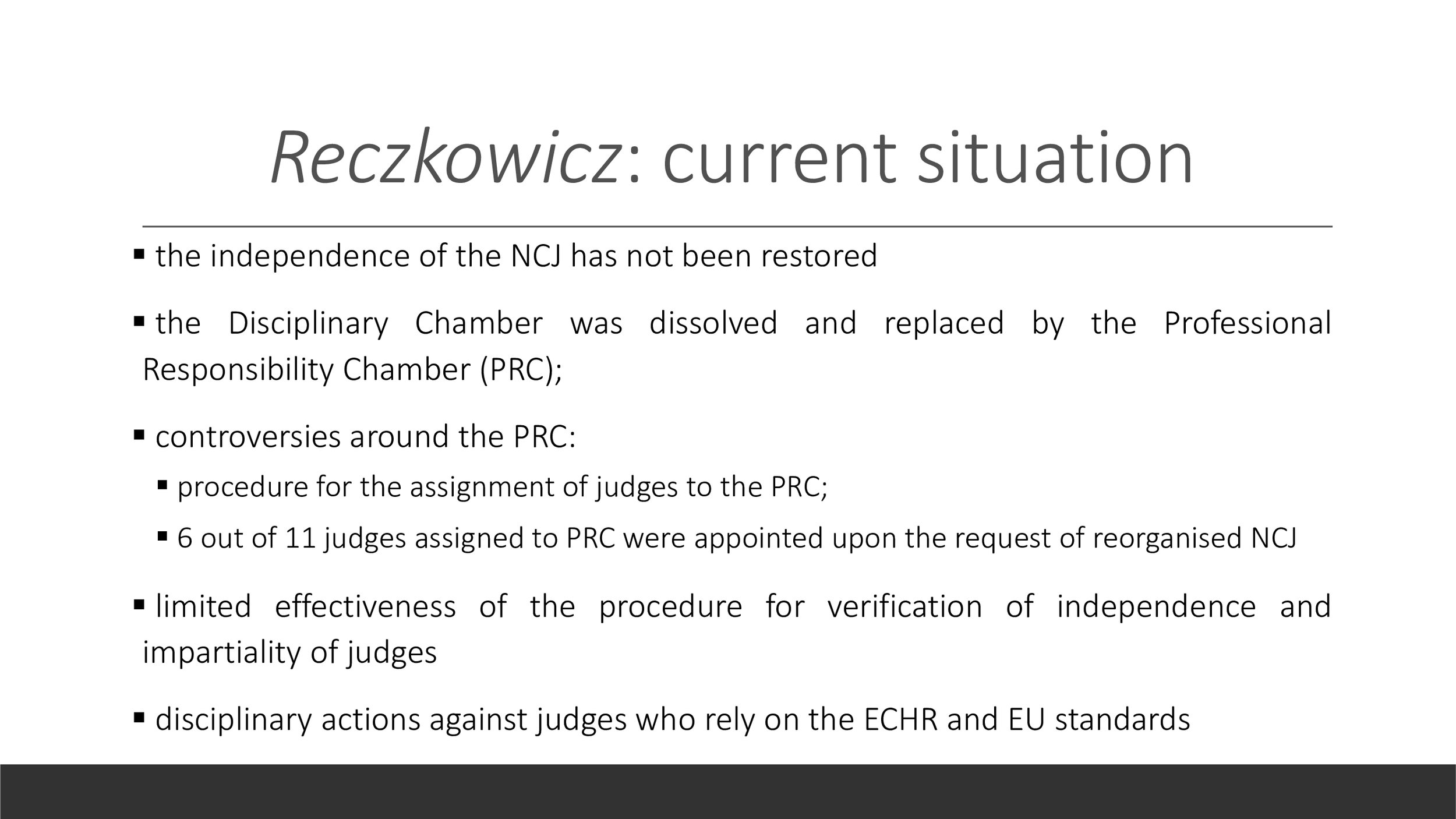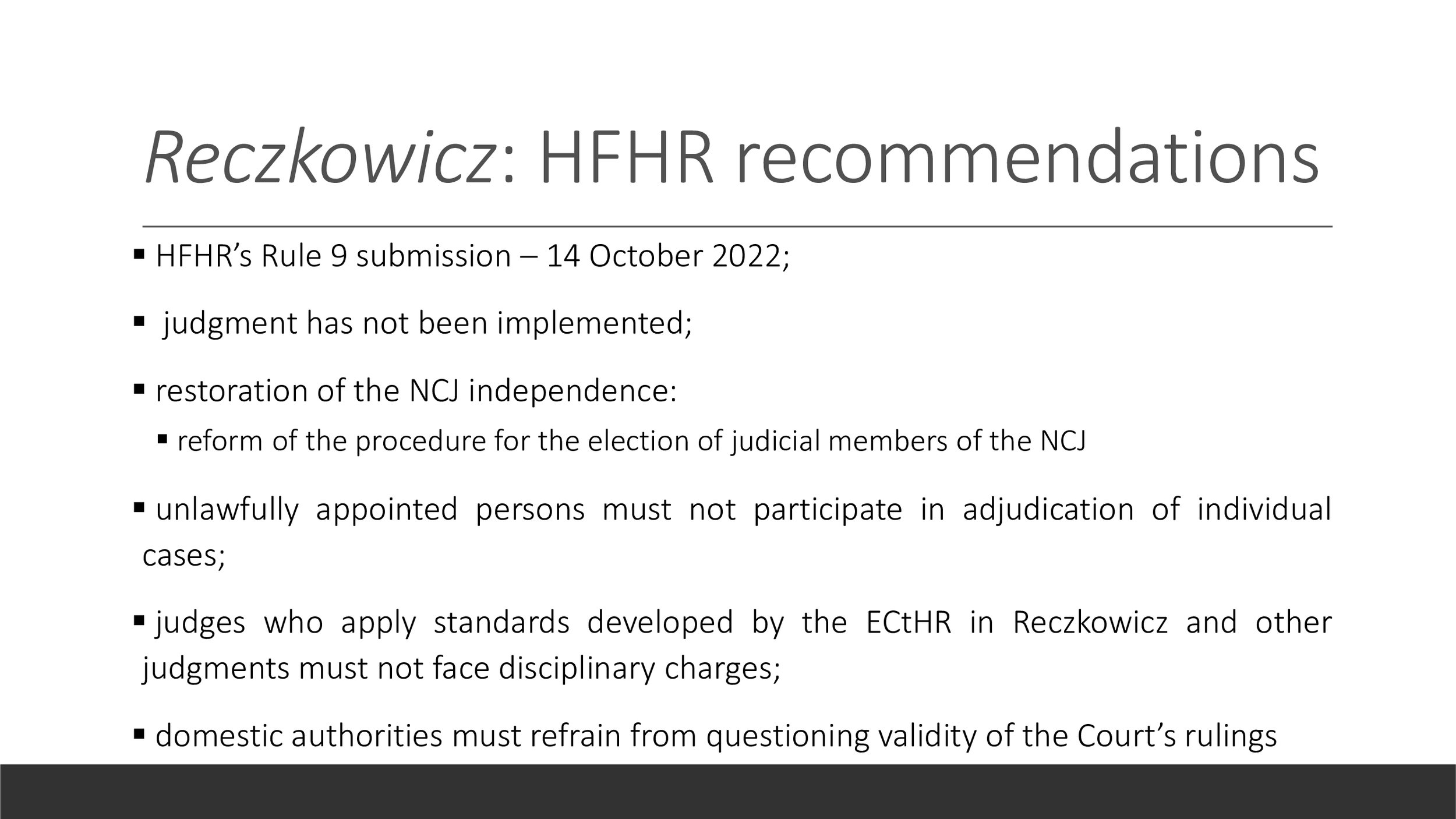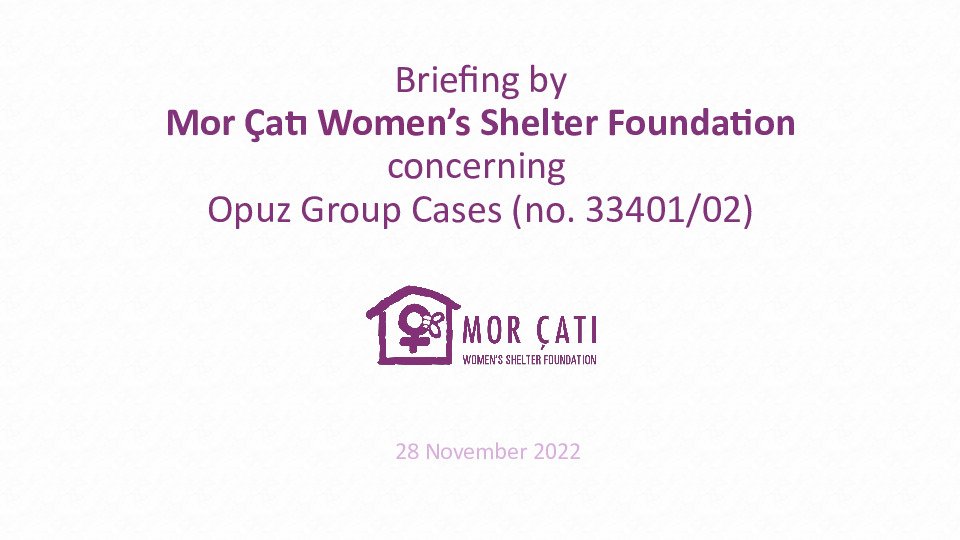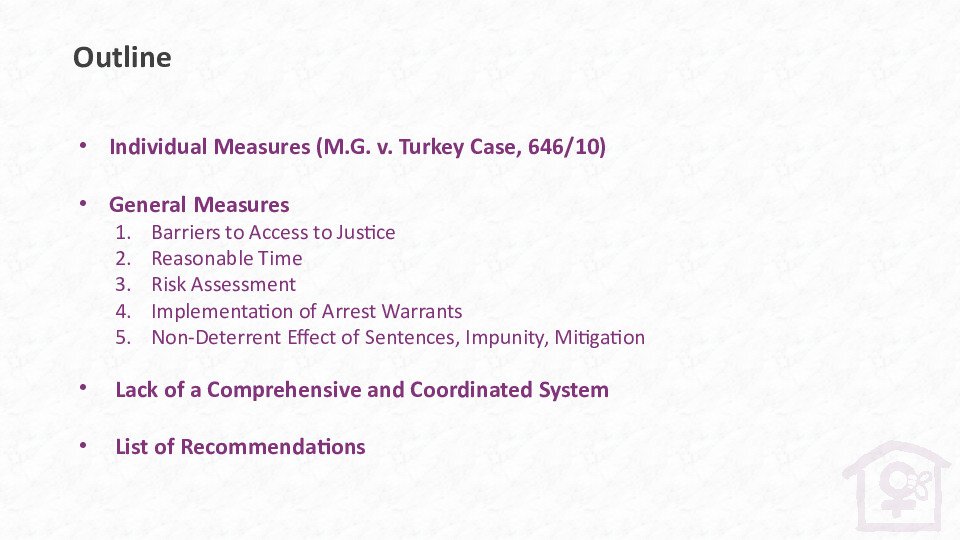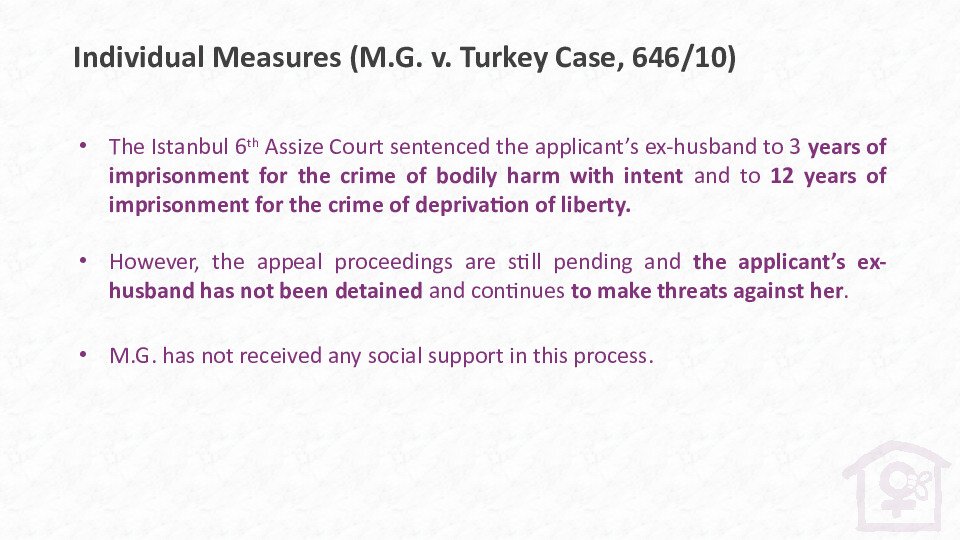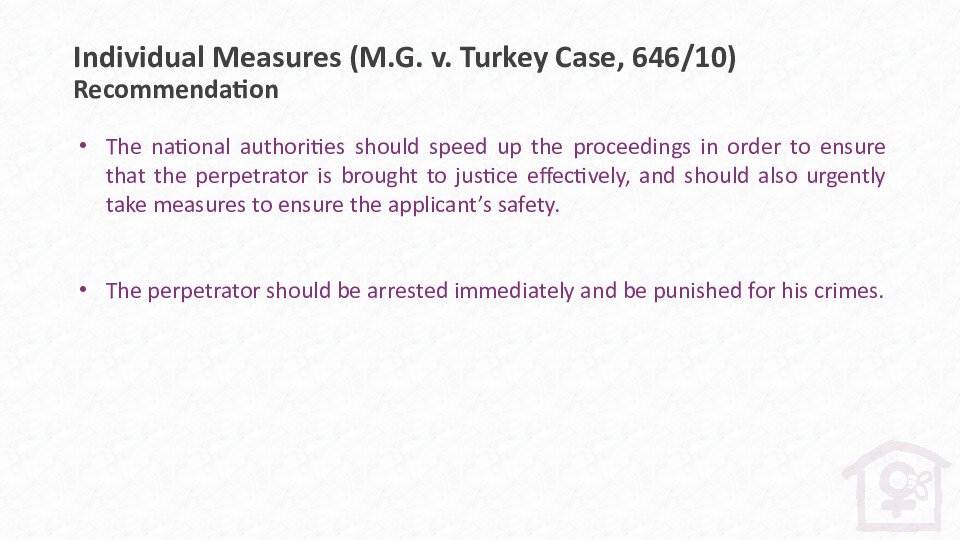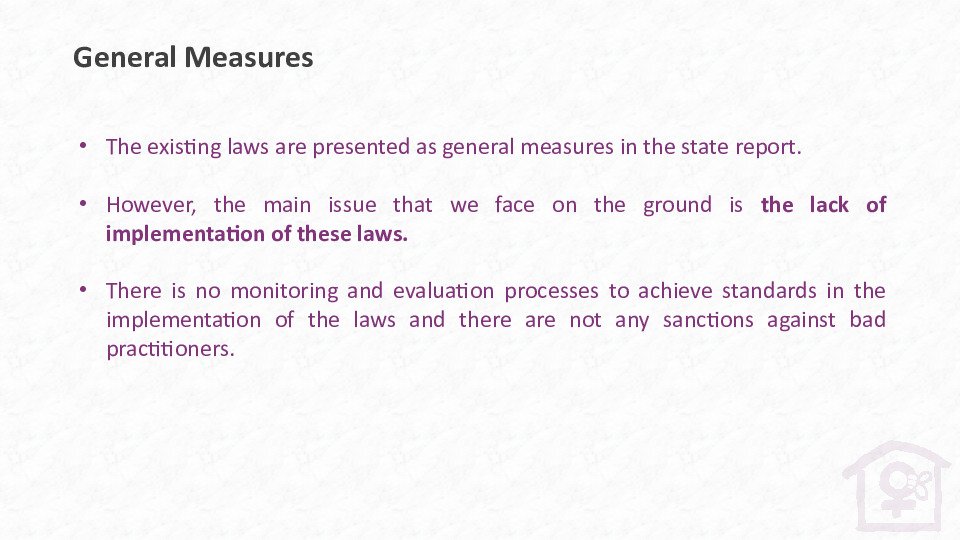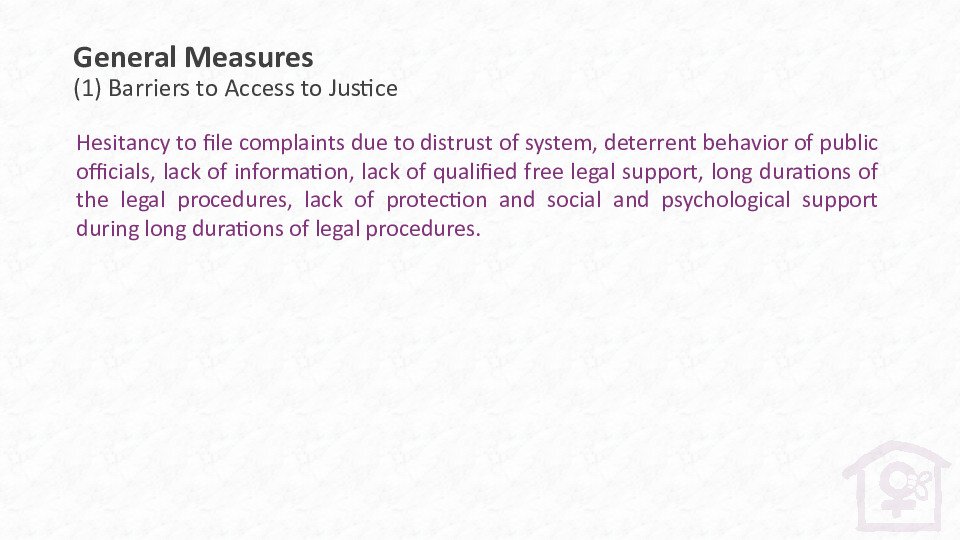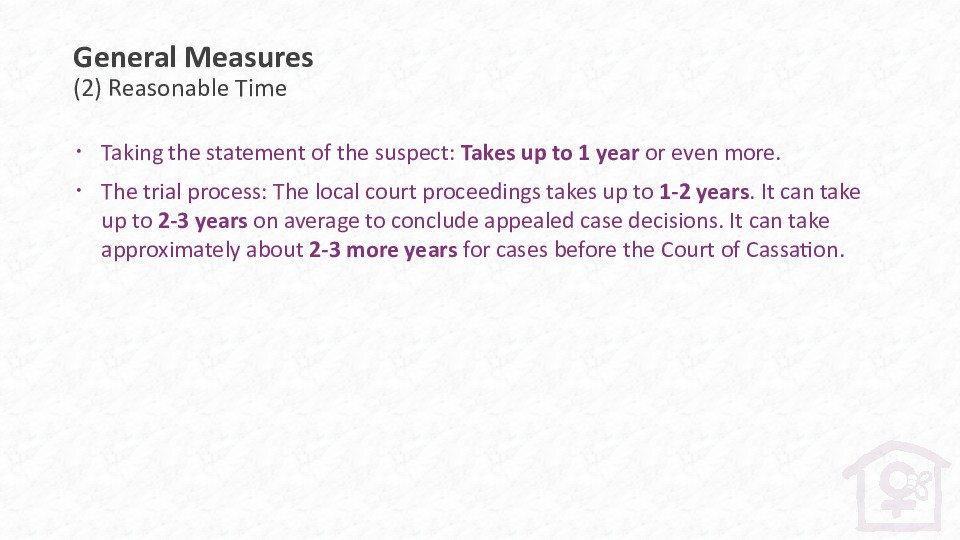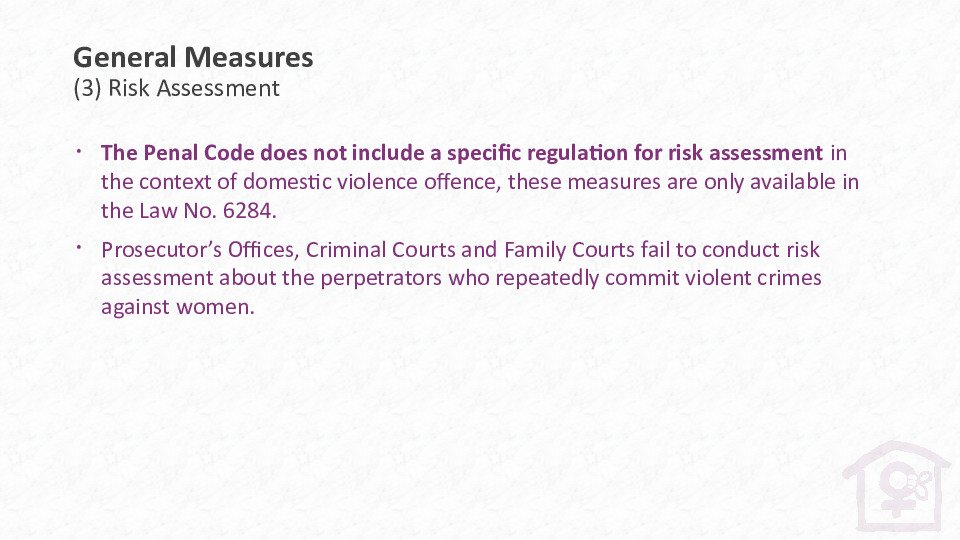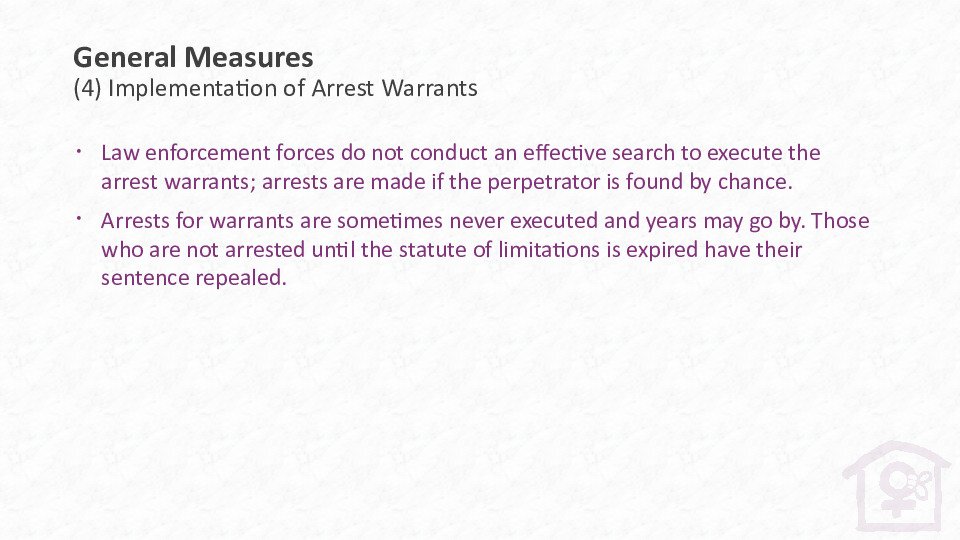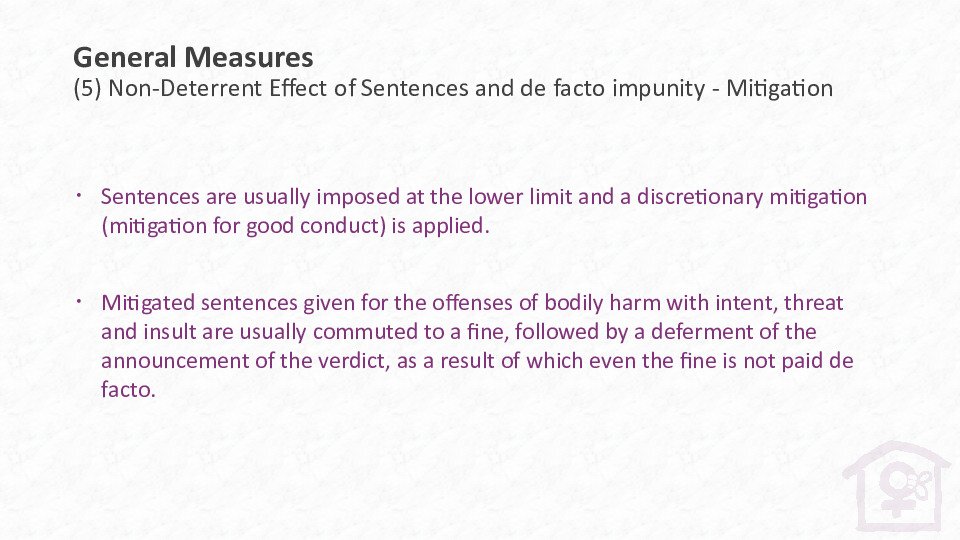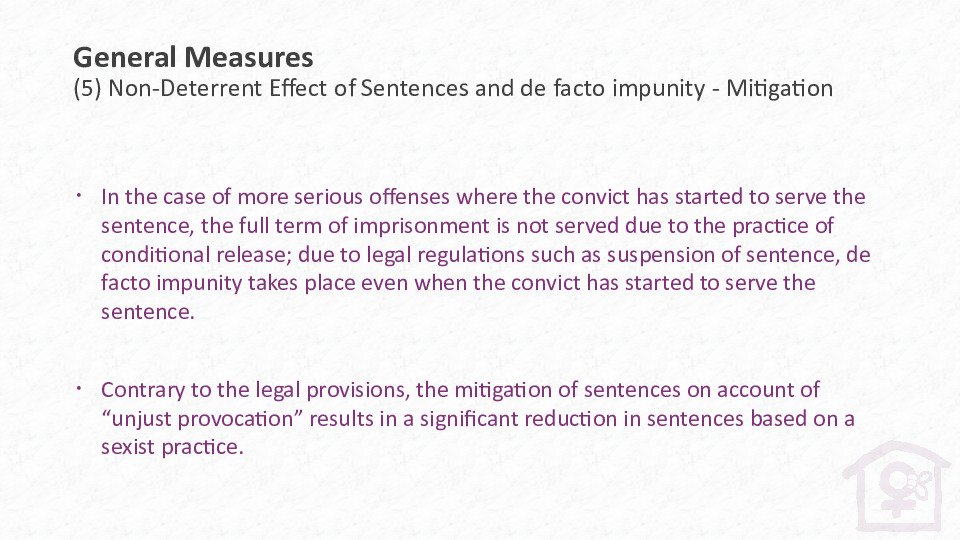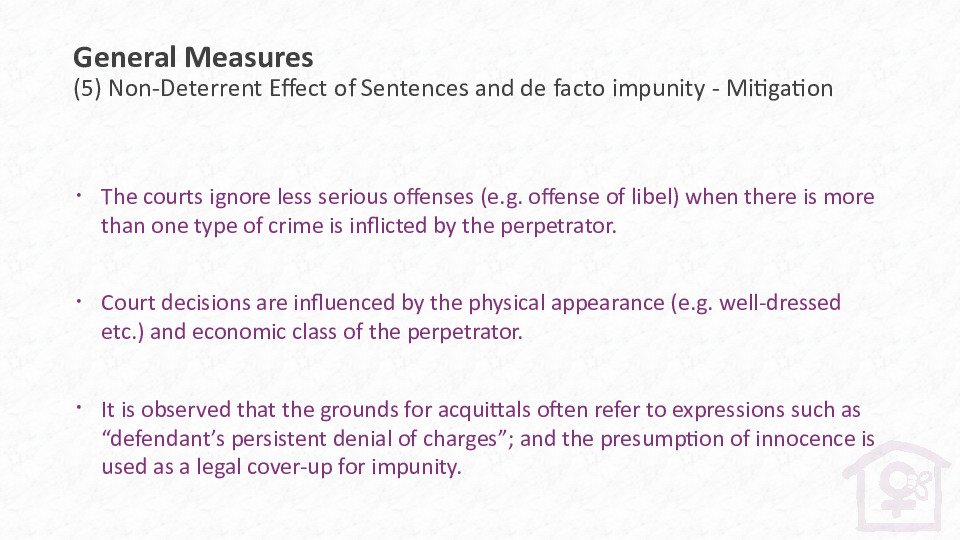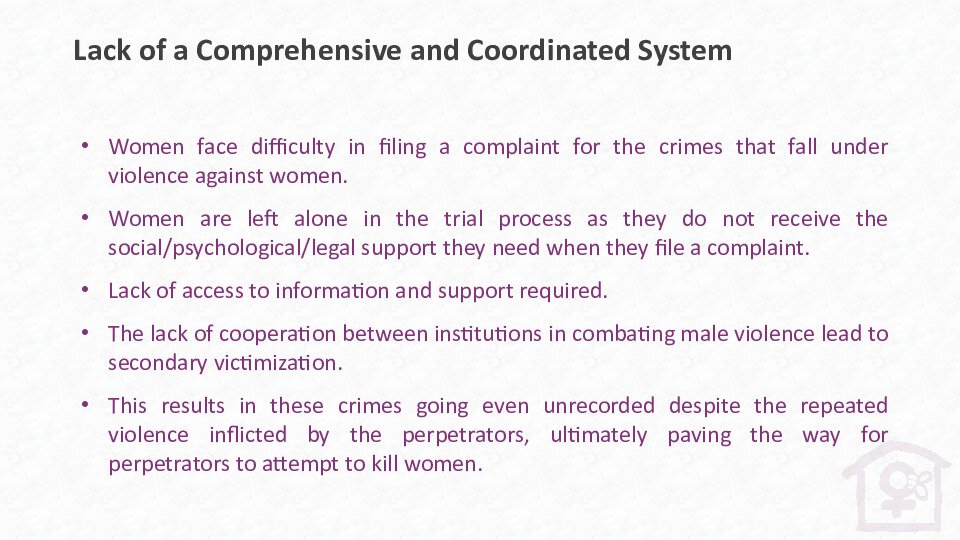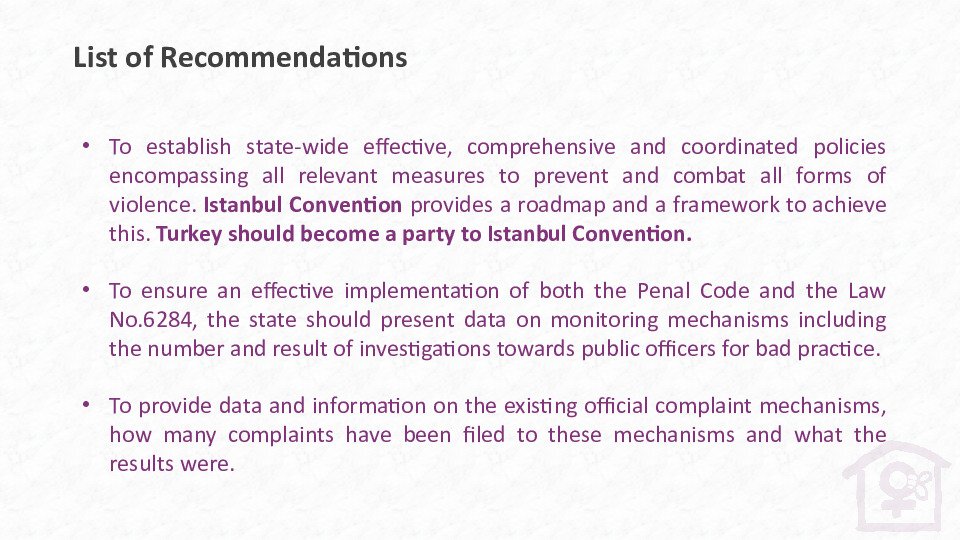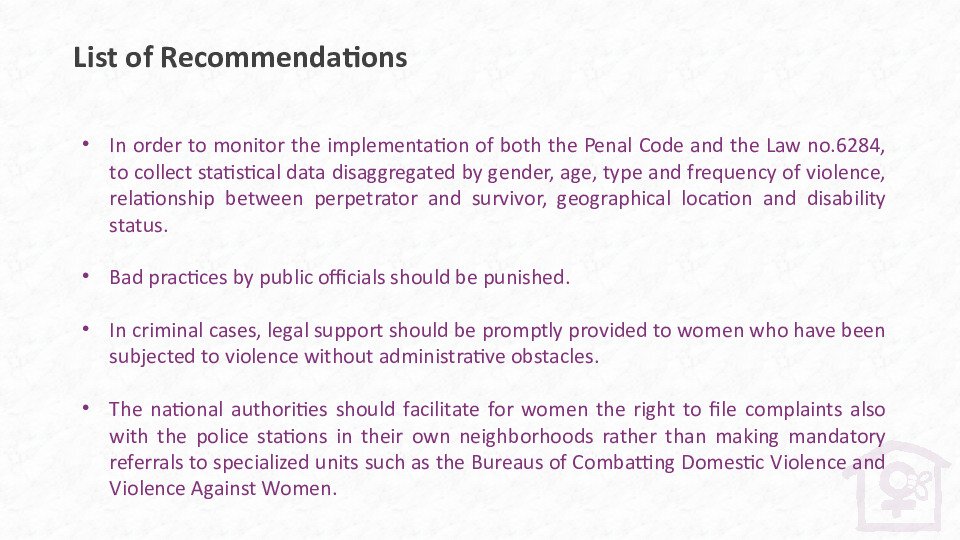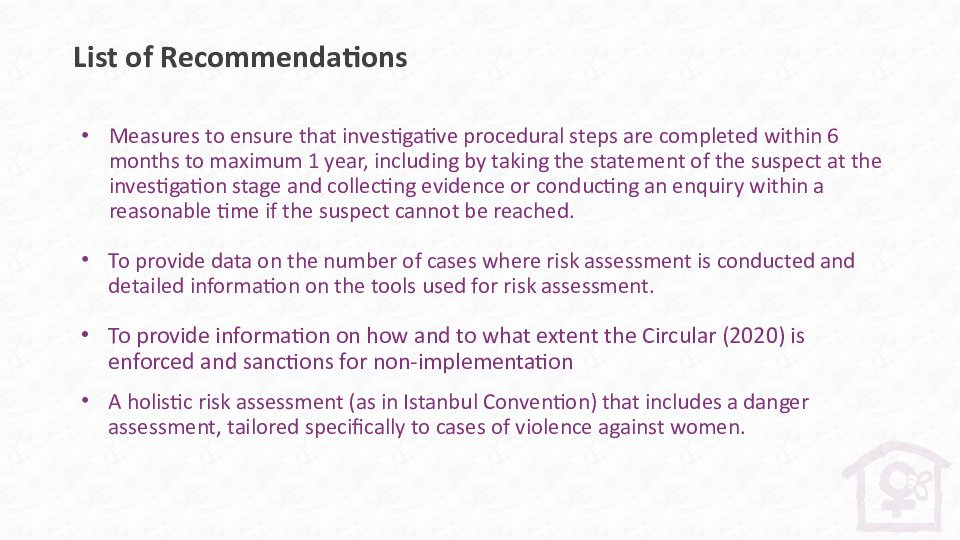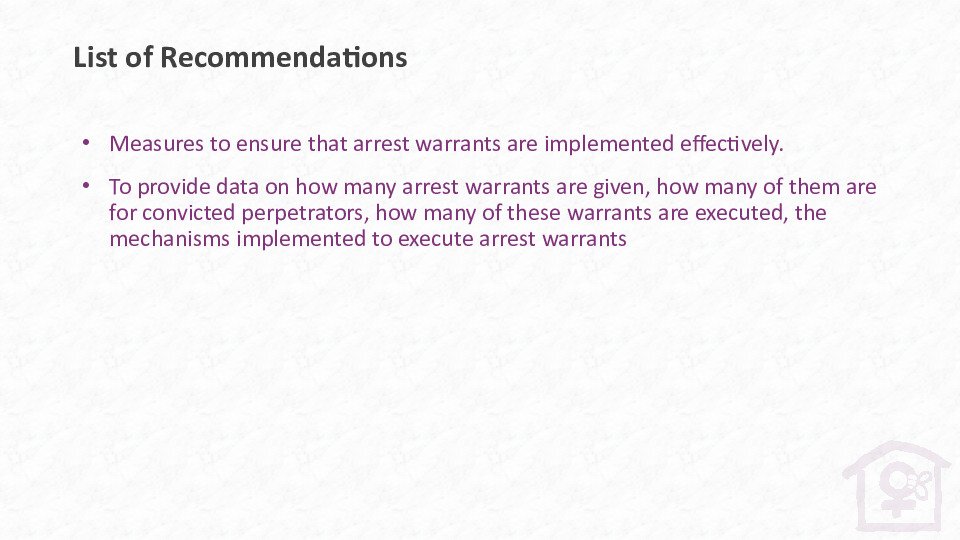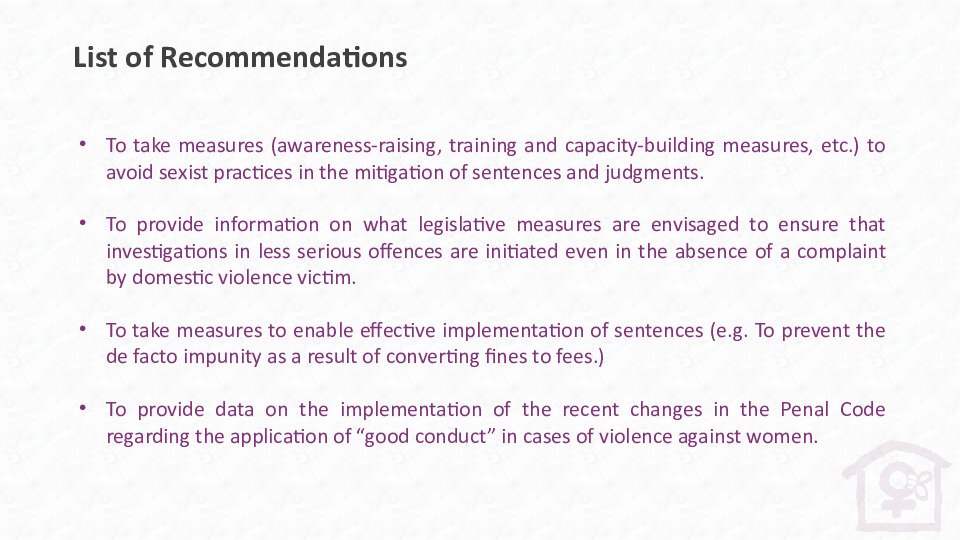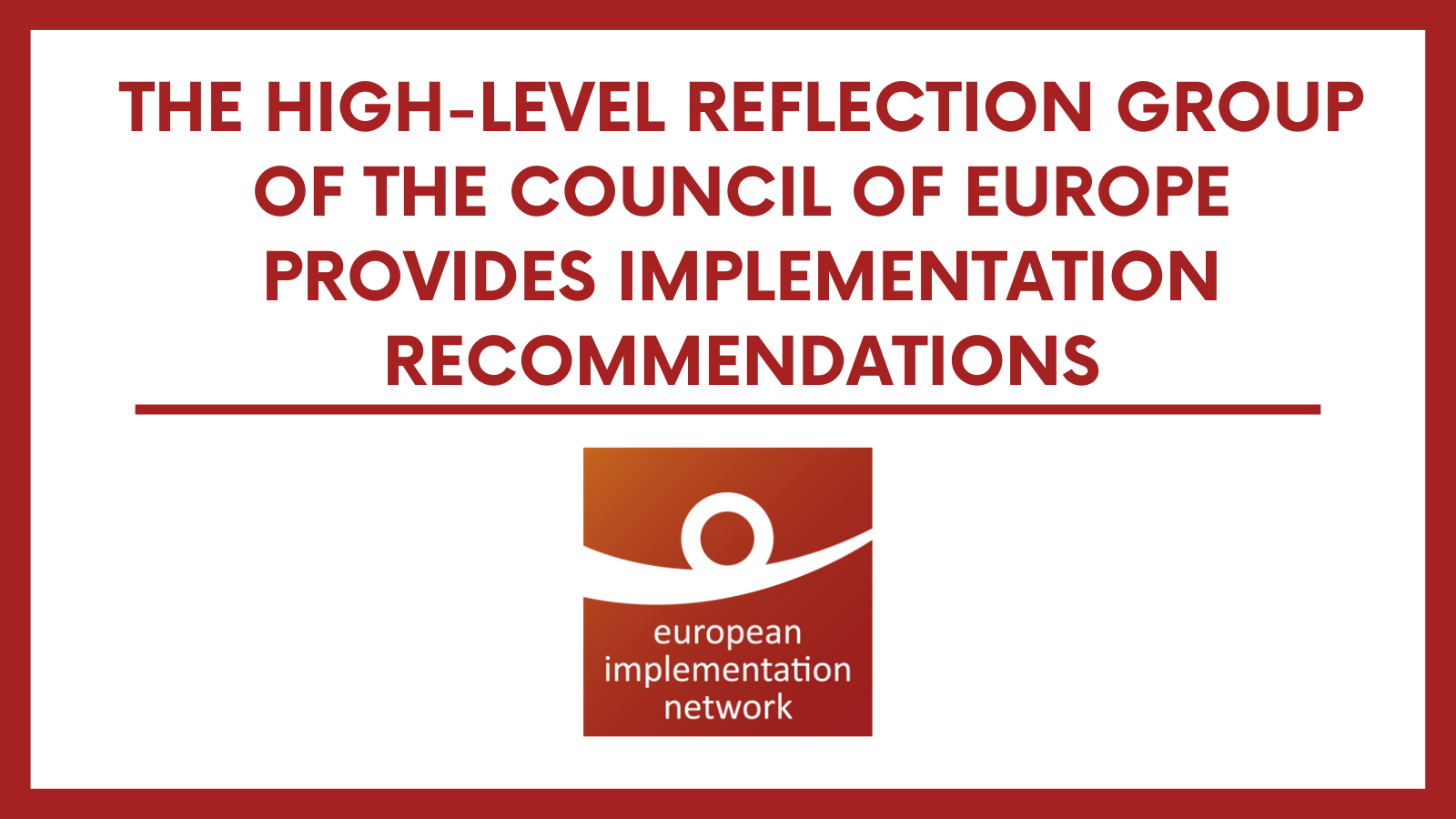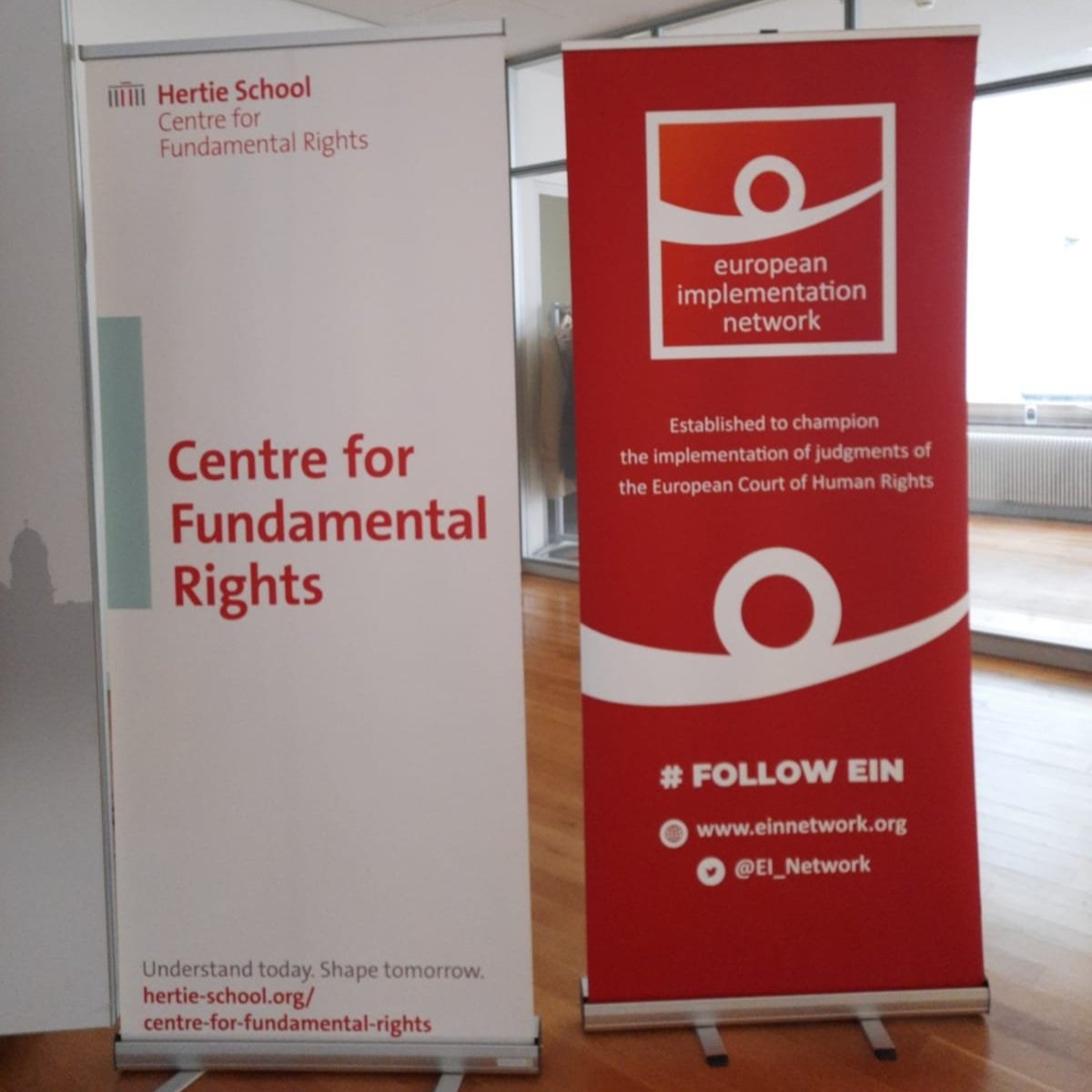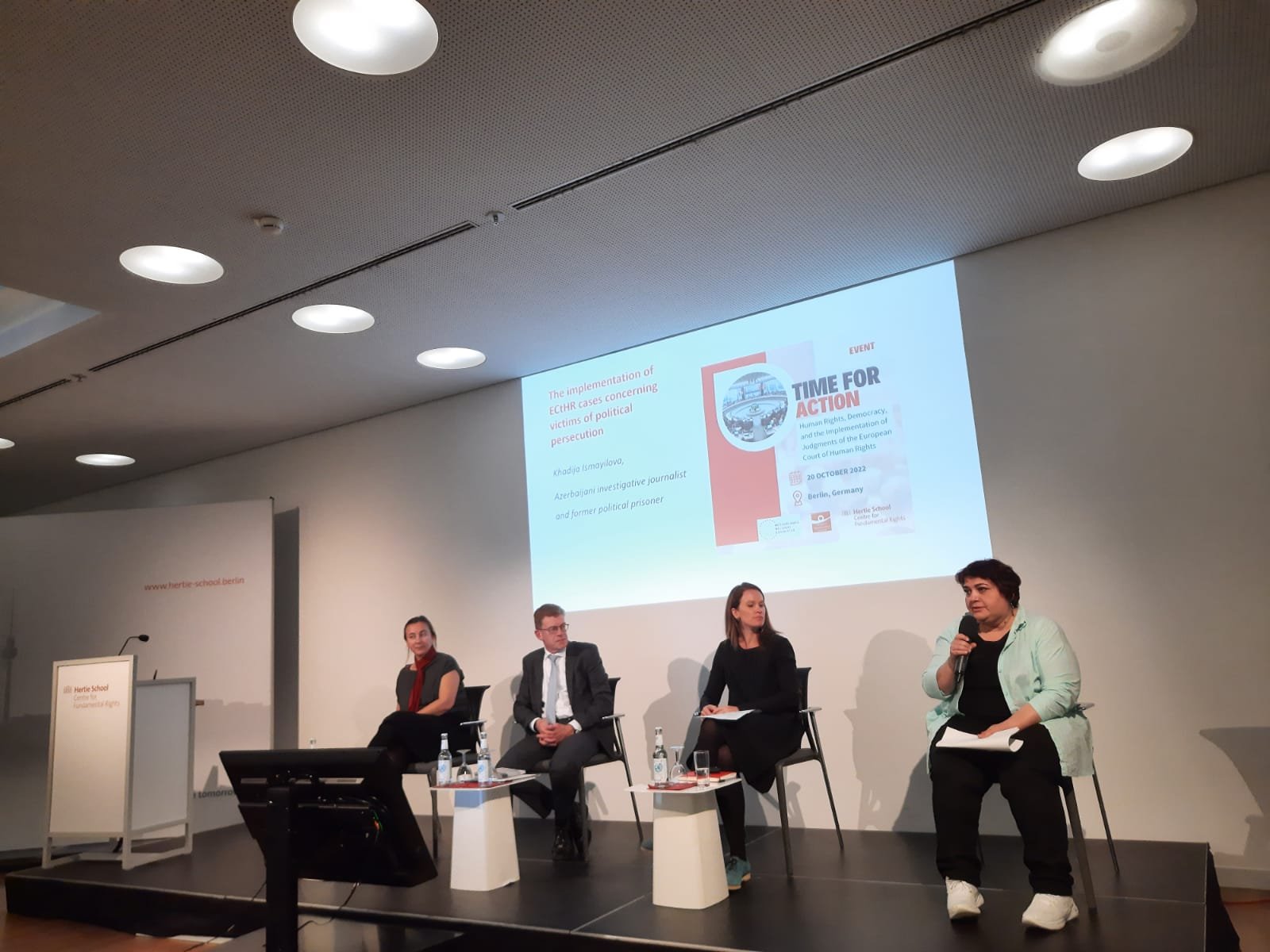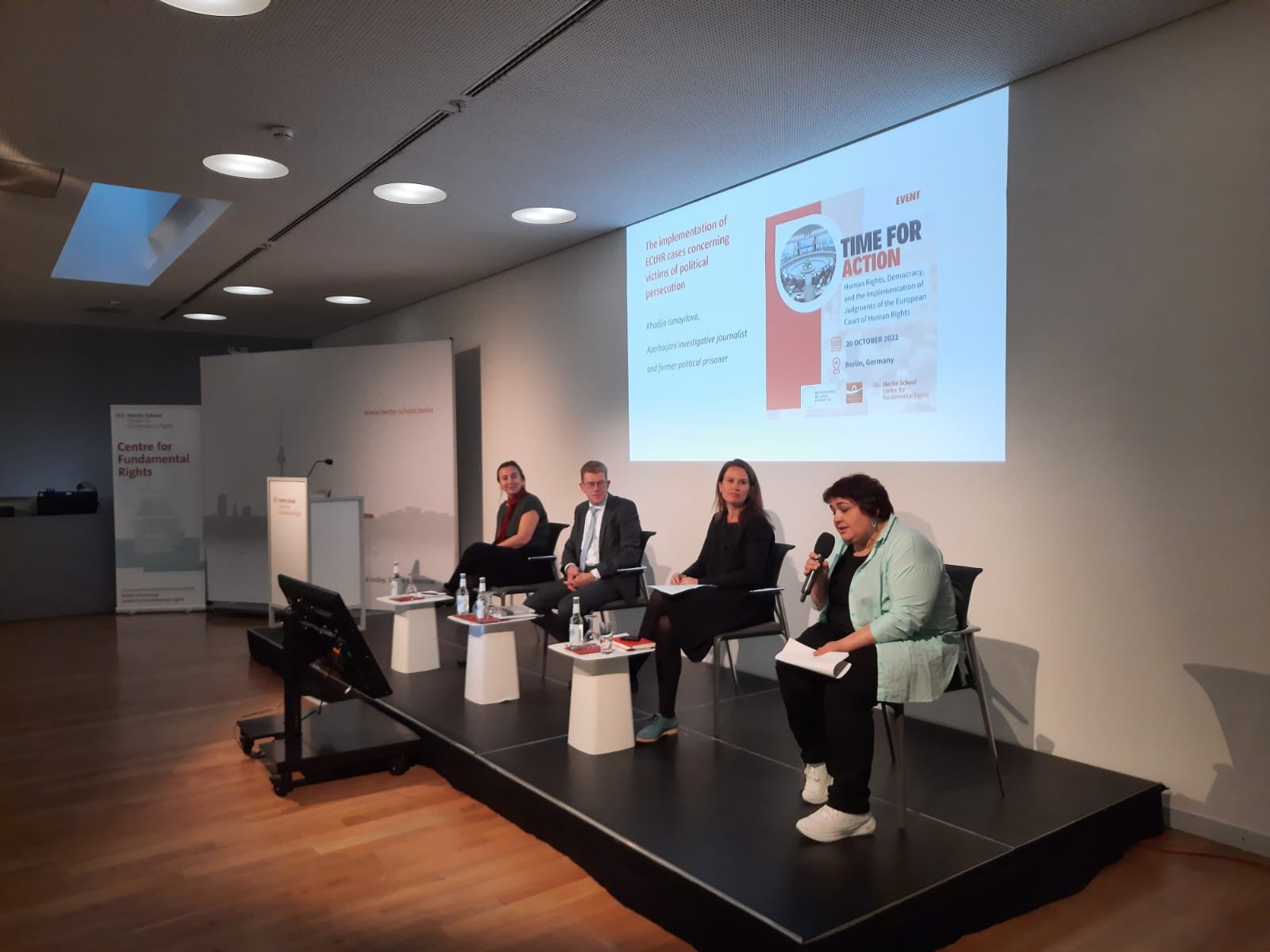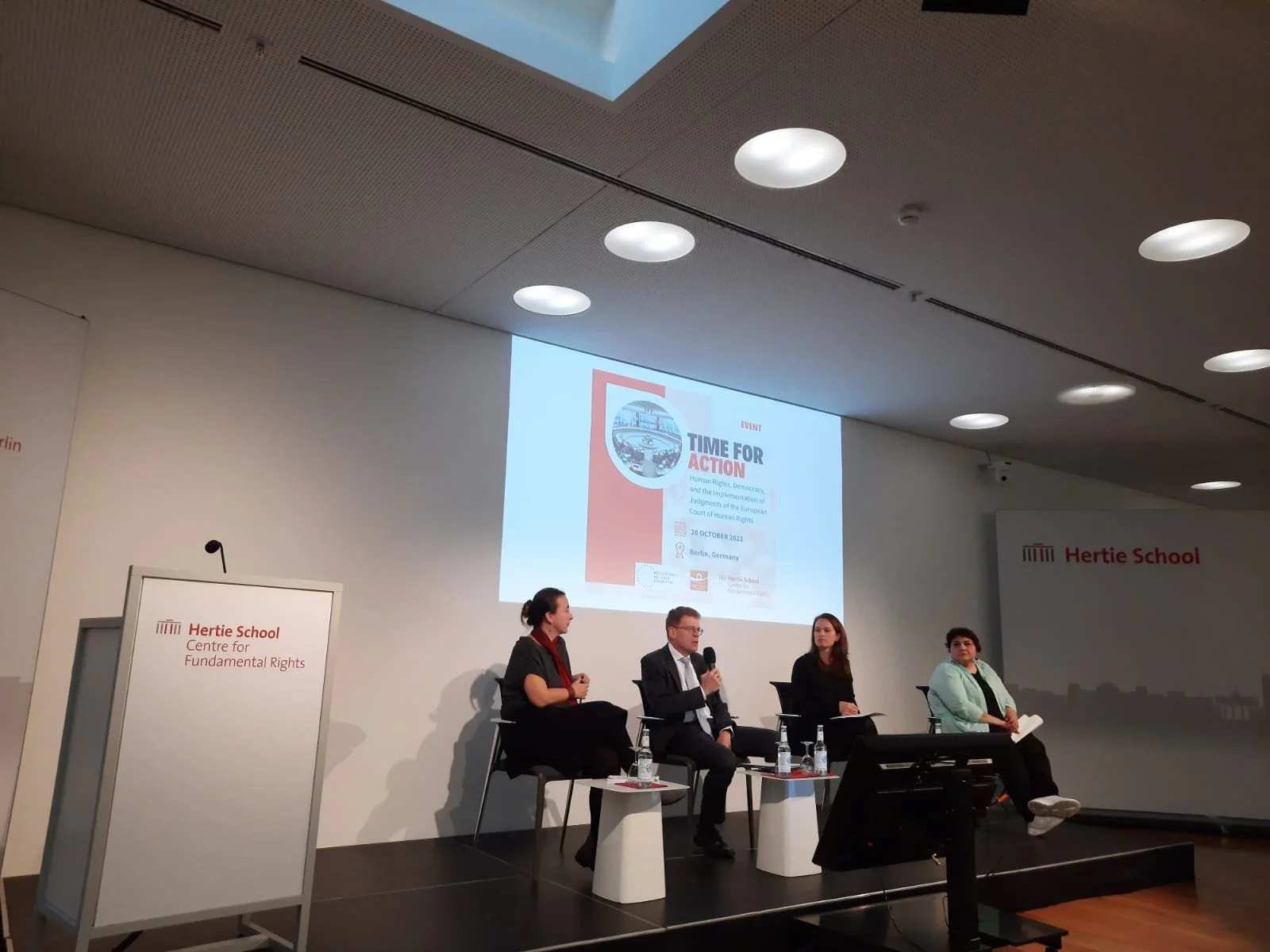From 20-22 September 2022, the Council of Europe’s Committee of Minister’s Deputies will meet for their the 1443rd Human Rights Meeting. This meeting will examine several judgments of the European Court of Human Rights that are still pending implementation. The agenda consists of 32 cases from 19 members of the Council of Europe.
EIN members/partners, other civil society actors, lawyers and applicants have made 31 Rule 9 submissions for 17 cases under consideration. The list below sets out an overview of these submissions related to cases on the current agenda.
Overview of Submissions
Mahmudov and Agazade Group v. Azerbaijan
Violation: Violation of the right to freedom of expression, arbitrary application of the law on defamation.
Last Examination: CM/Del/Dec(2021)1419/H46-3 - 30 November - 2 December 2021
Latest Submissions:
Communication from an NGO (International Partnership for Human Rights) (19/08/2022) in the case of MAHMUDOV AND AGAZADE v. Azerbaijan (Application No. 35877/04)
Communication from an NGO (Media Rights group) (18/08/2022) in the case of MAHMUDOV AND AGAZADE v. Azerbaijan (Application No. 35877/04)
Ramazanova and others Group v. Azerbaijan
Violation: Breach of the right to freedom of association on account of the MoJ failure to respond on the applicants' requests for registration of their associations.
First examination (Standard procedure)
Latest submissions:
Communication from the applicant (08/09/2022) in the case of Democracy and Human Rights Resource Centre and Mustafayev v. Azerbaijan (Application No. 74288/14) (Ramazanova group, 44363/02)
Communication from the applicant (17/08/2022) in the case of Abdullayev and Others v. Azerbaijan (Application No. 69466/14) (Ramazanova group, 44363/02)
Bell v. Belgium
Violation: Excessive length of civil proceedings.
Last Examination: CM/Del/Dec(2021)1406/H46-6 - June 2021
Latest Submission: Communication from an NHRI (Institut Fédéral pour la protection et la promotion des Droits Humains (IFDH)) (29/07/2022) in the case of BELL v. Belgium (Application No. 44826/05)
Yordanova and Others v. Bulgaria
Violation: Eviction of persons of Roma origin on the basis of legislation not requiring adequate examination of the proportionality of the measure.
Last Examination: CM/Del/Dec(2021)1419/H46-9 - 30 November - 2 December 2021
Latest Submission: Communication from an NGO (Bulgarian Helsinki Committee) (21/07/2022) in the cases of YORDANOVA AND OTHERS and IVANOVA AND CHERKEZOV v. Bulgaria (Applications No. 25446/06, 46577/15)
Ilias and Ahmed Group v. Hungary
Violation: Authorities’ failure to assess the risks of ill-treatment before expelling the applicants, asylum-seekers, to a “safe third country”.
Last Examination: CM/Del/Dec(2021)1419/H46-17 - 30 November - 2 December 2021
Latest Submissions: Communication from an NGO (Hungarian Helsinki Committee) (05/08/2022) in the case of Ilias and Ahmed v. Hungary (Application No. 47287/15)
Communication from the Council of Europe Commissioner for Human Rights (12/08/2022) in the Ilias and Ahmed group of cases v. Hungary (Application No. 47287/15)
László Magyar Group v. Hungary
Violation: Life sentence without parole in combination with the lack of an adequate review mechanism.
Last Examination:CM/Del/Dec(2018)1318/H46-11 - June 2018
Latest Submission: Communication from an NGO (Hungarian Helsinki Committee) (29/07/2022) in the case of LASZLO MAGYAR v. Hungary (Application No. 73593/10)
I.D. Group v. Republic of Moldova
Violation: Poor conditions of detention in facilities under the authority of the Ministries of the Interior and Justice, including lack of access to adequate medical care; absence of an effective remedy.
Last Examination: CM/Del/Dec(2021)1406/H46-19 - June 2021
Latest Submission: Communication from NGOs (Promo-LEX Association and European Prison Litigation Network (08/08/2022) in the case of I.D. v. the Republic of Moldova (Application No. 47203/06)
Tysiąc, R.R., and P. and S. v. Poland
Violation: Absence of an adequate legal framework for the exercise of the right to therapeutic abortion in the event of disagreement between the patient and the specialist doctor (Tysiac) and lack of access to prenatal test enabling to take an informed decision on whether to seek an abortion (R.R.). Failure to provide effective access to reliable information on the conditions and procedures to be followed to access lawful abortion lawful abortion (P. and S.).
Last Examination: CM/Del/Dec(2021)1419/H46-25 - 30 November - 2 December 2021
Latest Submission: Communication from NGOs (Center for Reproductive Rights and the Foundation for Women and Family Planning) (17/08/2022) in the cases of R.R., TYSIAC and P. and S. v. Poland (Applications No. 27617/04, 5410/03, 57375/08)
Cegolea v. Romania
Violation: Discrimination related to the right to stand in parliamentary election and lack of judicial review regarding the fulfilment of an eligibility requirement that disadvantages national minority organisations not yet represented in Parliament
First Examination
Latest Submission: Communication from an NGO (Vox Mentis Foundation) (29/07/2022) in the case of Cegolea v. Romania (Application No. 25560/13)
S.C. Polyinvest S.R.L. v. Romania
Violation: Non-implementation of arbitral awards ordering a State-controlled company to pay various sums to the applicant companies.
Last Examination: CM/Del/Dec(2021)1419/H46-28 - December 2021
Latest submission Communication from the applicant (12/09/2022) in the case of Omegatech Enterprises Ltd. v. Romania (Application No. 24612/07) (judgment S.C. Polyinvest S.R.L. v. Romania, 20752/07) (Sacaleanu group, 73970/01)
Buntov Group v. Russian Federation
Violation: Torture inflicted in a correctional colony and lack of an effective investigation into the applicants’ allegations of ill-treatment.
Last Examination: CM/Del/Dec(2021)1411/H46-29 - September 2021
Latest Submissions:
Communication from an NGO (European Prison Litigation Network) (22/08/2022) in the case of BUNTOV v. Russian Federation (Application No. 27026/10)
Communication from an NGO (Crew Against Torture) (01/08/2022) in the case of BUNTOV v. Russian Federation (Application No. 27026/10)
Communication from the applicant (29/08/2022) in the case of (29/08/2022) in the case of BUNTOV v. Russian Federation (Application No. 27026/10)
Navalnyy and Ofitserov v. Russian Federation
Violation: Criminal convictions based on an unfair trial and an arbitrary application of criminal law (violations of Articles 6 and 7).
Last Examination: CM/Del/Dec(2022)1436/H46-26 - June 2022
Latest Submission: Communication from the applicant (02/06/2022) in the case of NAVALNYY AND OFITSEROV v. Russian Federation (Application No. 46632/13)
Bati and Others Group v. Türkiye
Violation: Ineffectiveness of investigations against law enforcement officers in allegations of torture and ill-treatment and impunity.
Last Examination: CM/Del/Dec(2021)1411/H46-35 - September 2021
Latest Submission: Communication from NGOs (Truth Justice Memory Center, Human Rights Foundation of Turkey, and Human Rights Association) (29/07/2022)
Selahattin Demirtaş (no. 2) v. Turkey
Violation: Applicant’s arrest and pre-trial detention in the absence of reasonable suspicion that he had committed an offence and for the ulterior purpose of stifling pluralism and limiting freedom of political debate (Article 18 in conjunction with Article 5).
Last examination: CM/Del/Dec(2022)1436/H46-32 - June 2022
Latest submissions: Communication from the applicant (13/09/2022) in the case of Selahattin Demirtas v. Turkey (No. 2) (Application No. 14305/17)
Kavala v. Türkiye
Violation: Unjustified and extended detention of the applicant without reasonable suspicion and with the ulterior purpose of reducing him to silence.
Last Examination: CM/Del/Dec(2022)1436/H46-31 - June 2022
Latest Submissions: Communication from NGOs (Human Rights Watch; International Commission of Jurists; Turkey Human Rights Litigation Support Project) (01/09/2022) and reply from the authorities (09/09/2022) in the case of Kavala v. Türkiye (Application No. 28749/18)
Communication from the applicant (22/08/2022) in the case of Kavala v. Turkey (Application No. 28749/18)
Communication from the representative of the applicant (11/07/2022) in the case of Kavala v. Türkiye (Application No. 28749/18)
Xenides-Arestis Group v. Türkiye
Violation: Continuous denial of access to property in the northern part of Cyprus (individual measures and just satisfaction).
Last Examination: CM/Del/Dec(2021)1411/H46-40 - September 2021
Latest Submissions: Communication from the applicant (29/08/2022) in the case of ORPHANIDES v. Turkey (Application No. 36705/97) (Xenides Arestis group, 46347/99)
Communication from the applicants (13/09/2022) in the cases of Demades, Diogenous and Tseriotis, Epiphaniou and Others, Evagorou Christou, Hadjiprocopiou and Others, Iordanis Iordanou, Lordos and Others, Ramon, Rock Ruby Hotels LTD, Saveriades, Skyropiia Yialias LTD and Xenides-Arestis v. Turkey (Applications No. 16219/90, 16259/90, 19900/92, 18403/91, 37395/97, 43685/98, 15973/90, 29092/95, 46159/99, 16160/90, 47884/99, 46347/99)
Communication from the applicant (13/09/2022) in the case of LOIZIDOU v. Turkey (Application No. 15318/89) (Xenides Arestis group, 46347/99)
McKerr v. the United Kingdom
Violation: Actions of security forces in Northern Ireland in the 1980s and 1990s; failure to conduct Article 2 - compliant investigations.
Last Examination: CM/Del/Dec(2022)1436/H46-35 - June 2022
Latest Submissions:
Communication from an NGO (Relatives for Justice) (01/09/2022) in the case of MCKERR v. the United Kingdom (Application No. 28883/95)
Communication from an NGO (The Malone House Group) (31/08/2022) in the case of MCKERR v. the United Kingdom (Application No. 28883/95)
Communication from the Council of Europe Commissioner for Human Rights (16/08/2022) in the MCKERR group of cases v. the United Kingdom (Application No. 28883/95)
Communication from an NHRI (Northern Ireland Human Rights Commission) (08/08/2022) in the case of MCKERR v. the United Kingdom (Application No. 28883/95) and reply from the authorities (22/08/2022)
Communication from an NGO (Committee on the Administration of Justice) (29/07/2022) in the case of MCKERR v. the United Kingdom (Application No. 28883/95)
Communication from an NGO (Relatives for Justice) (02/06/2022) in the case of MCKERR v. the United Kingdom (Application No. 28883/95)





